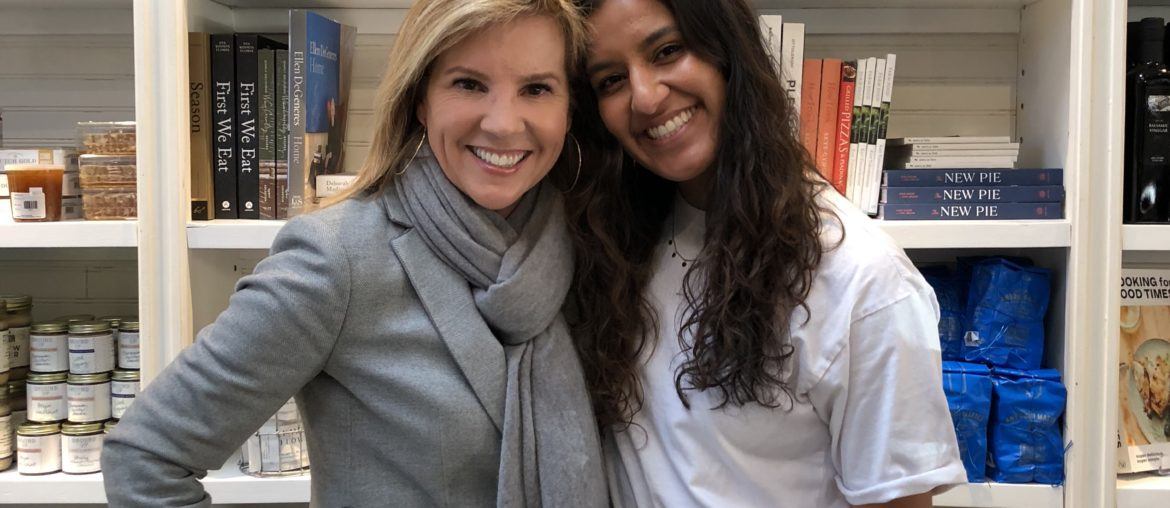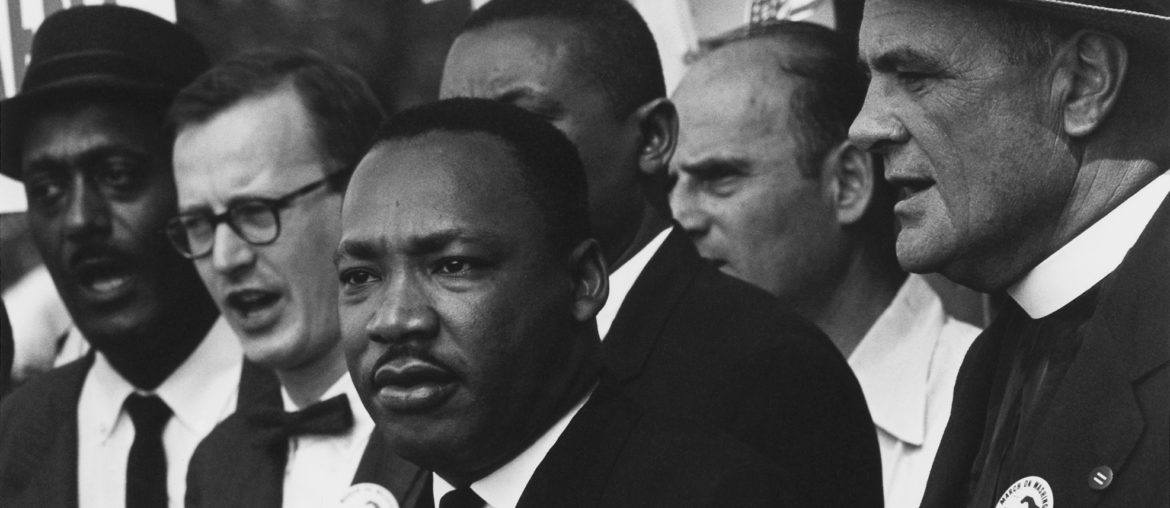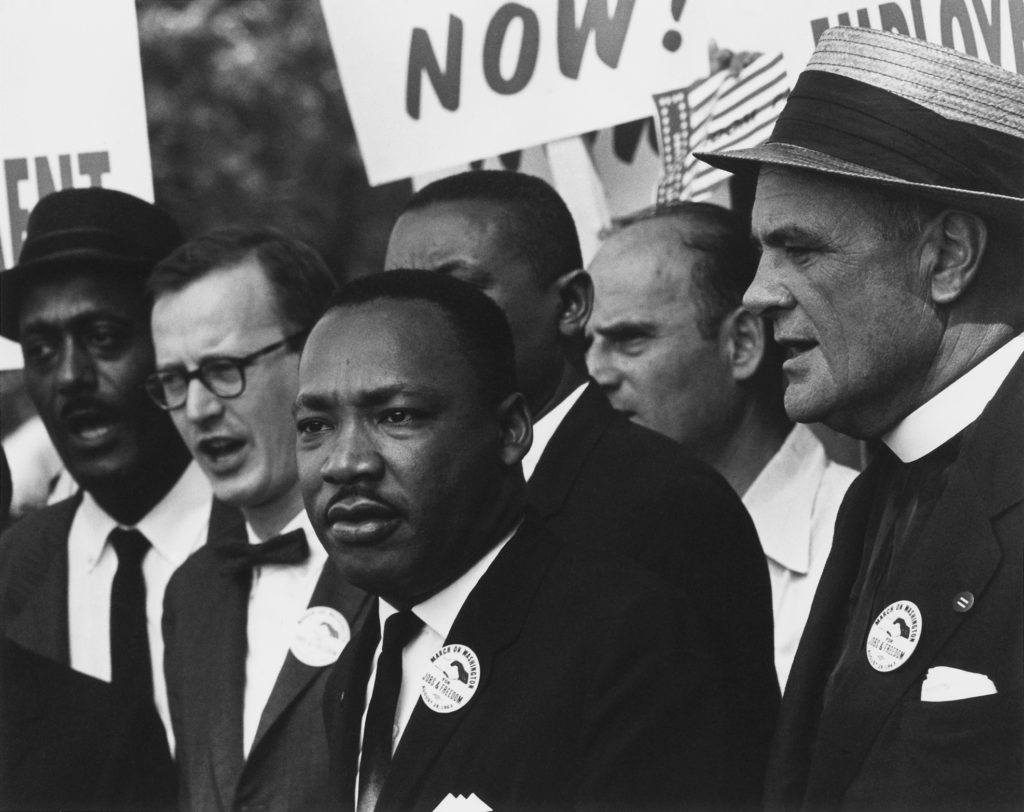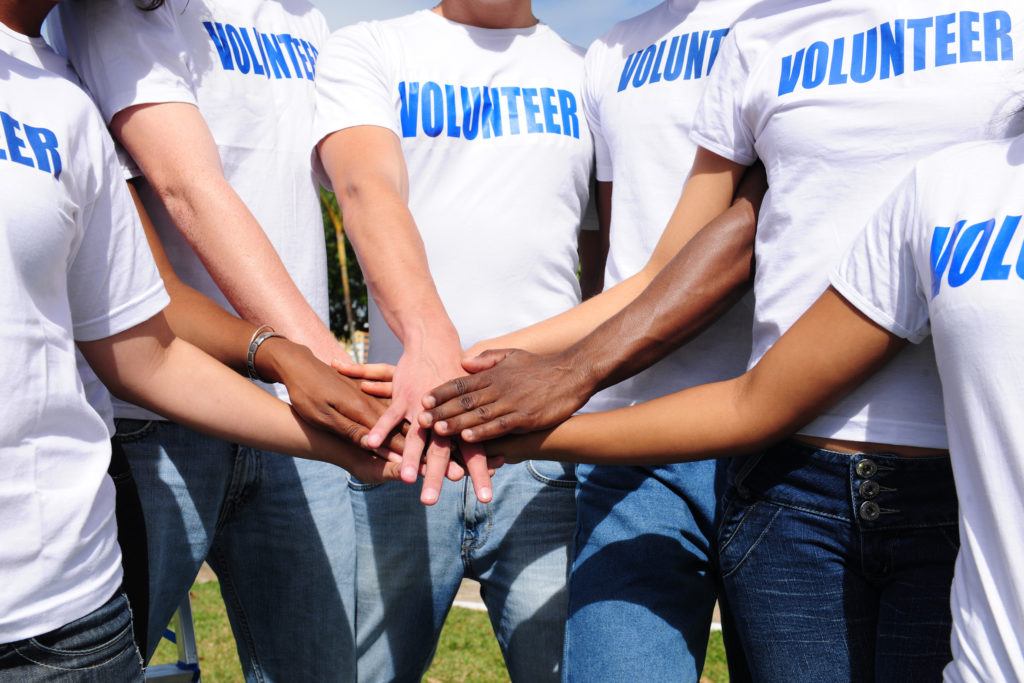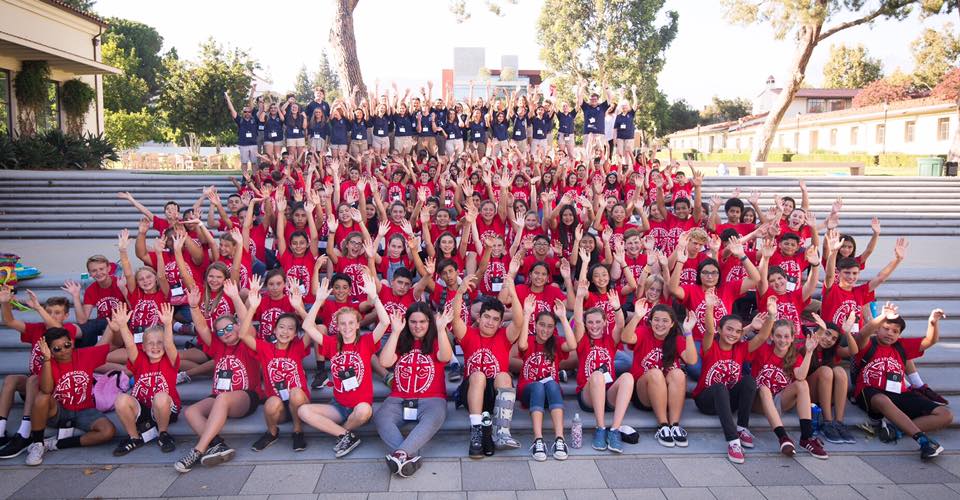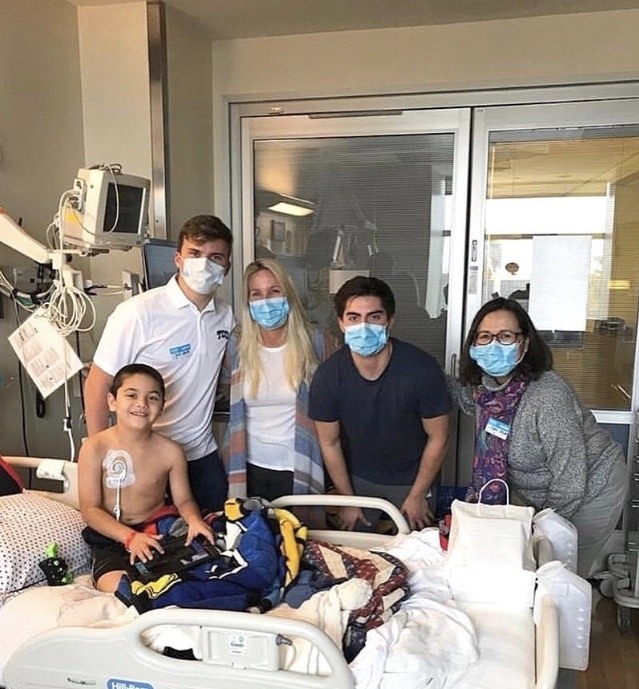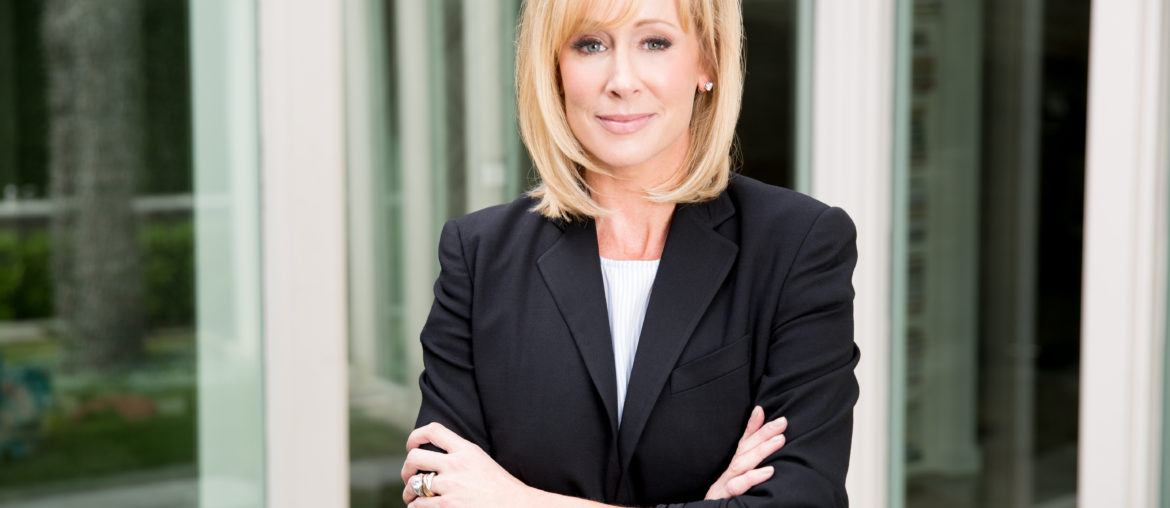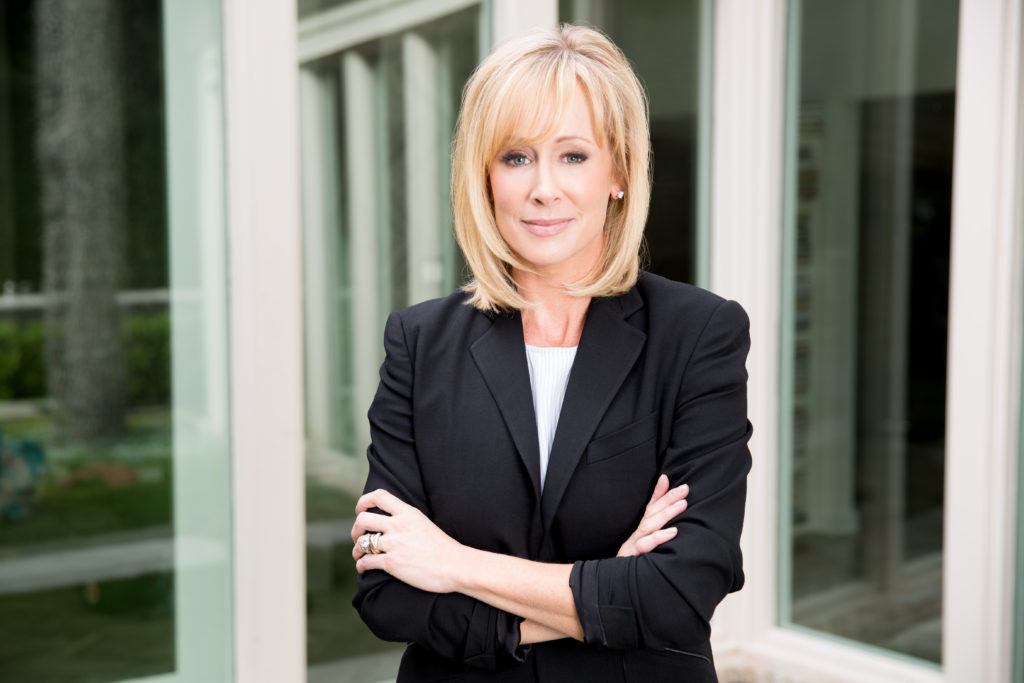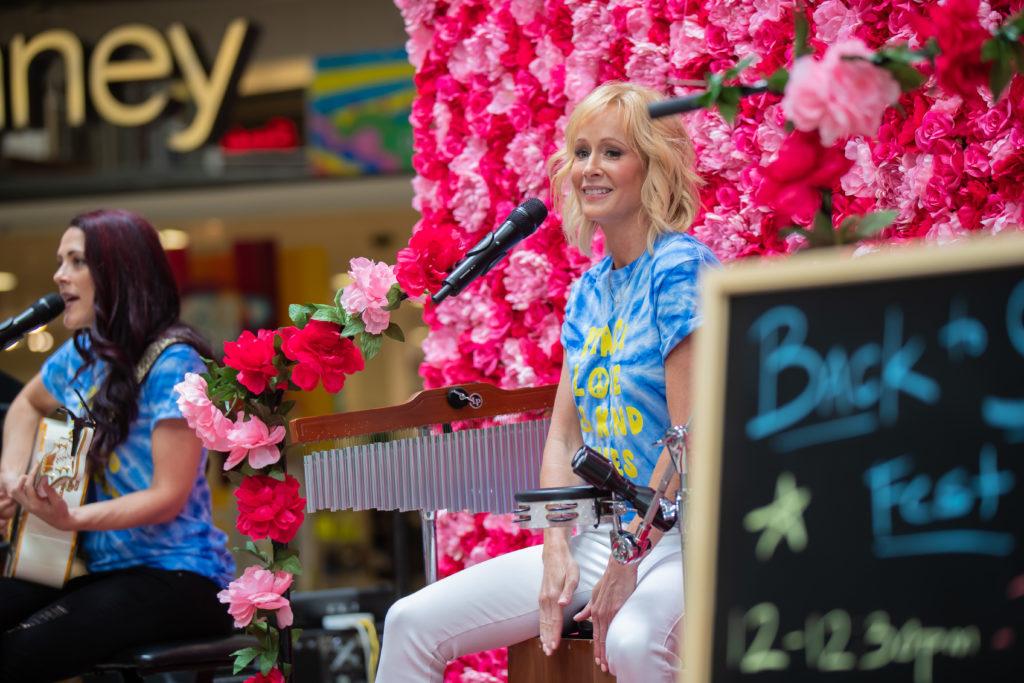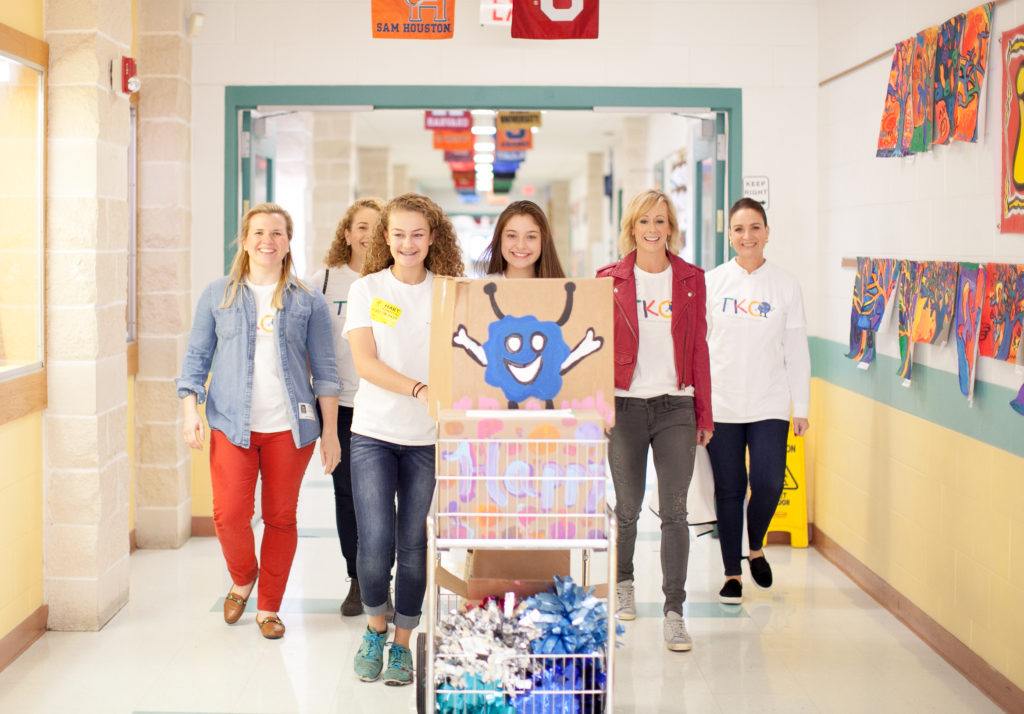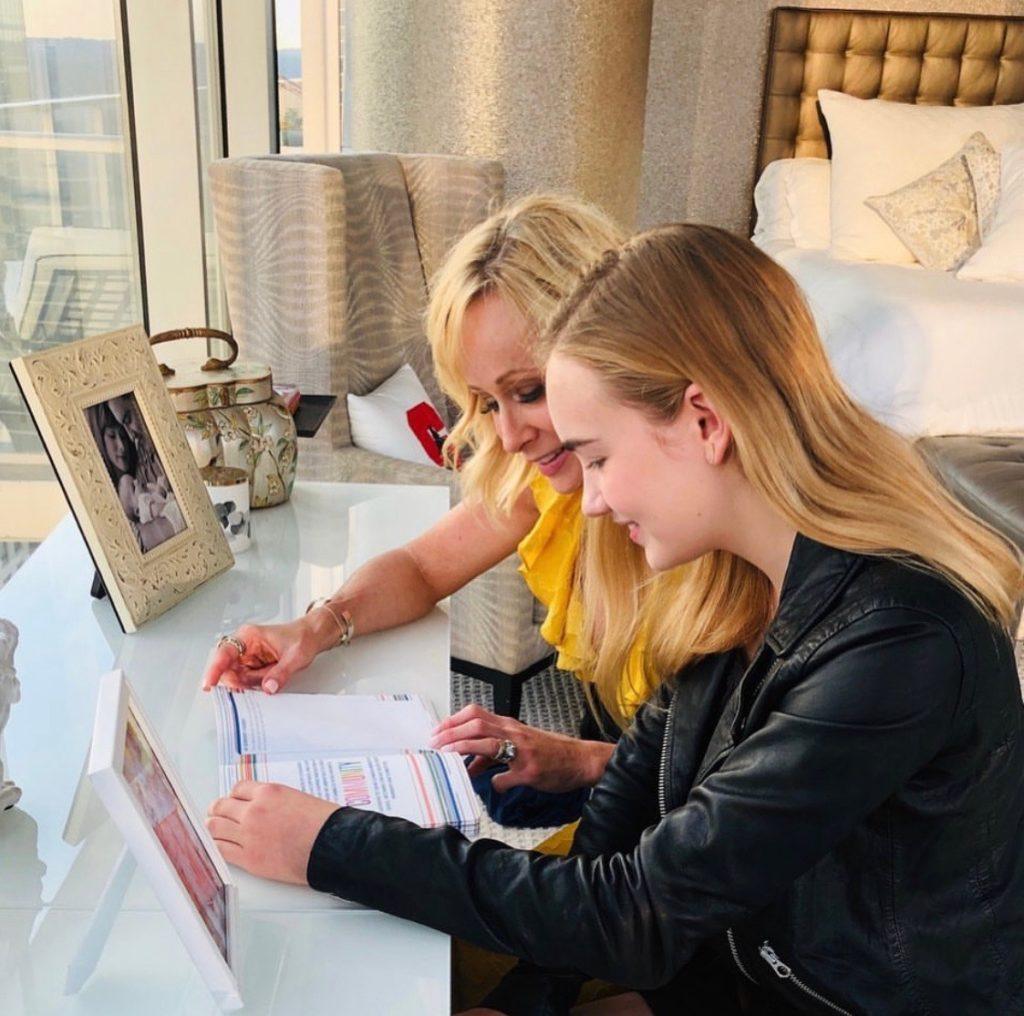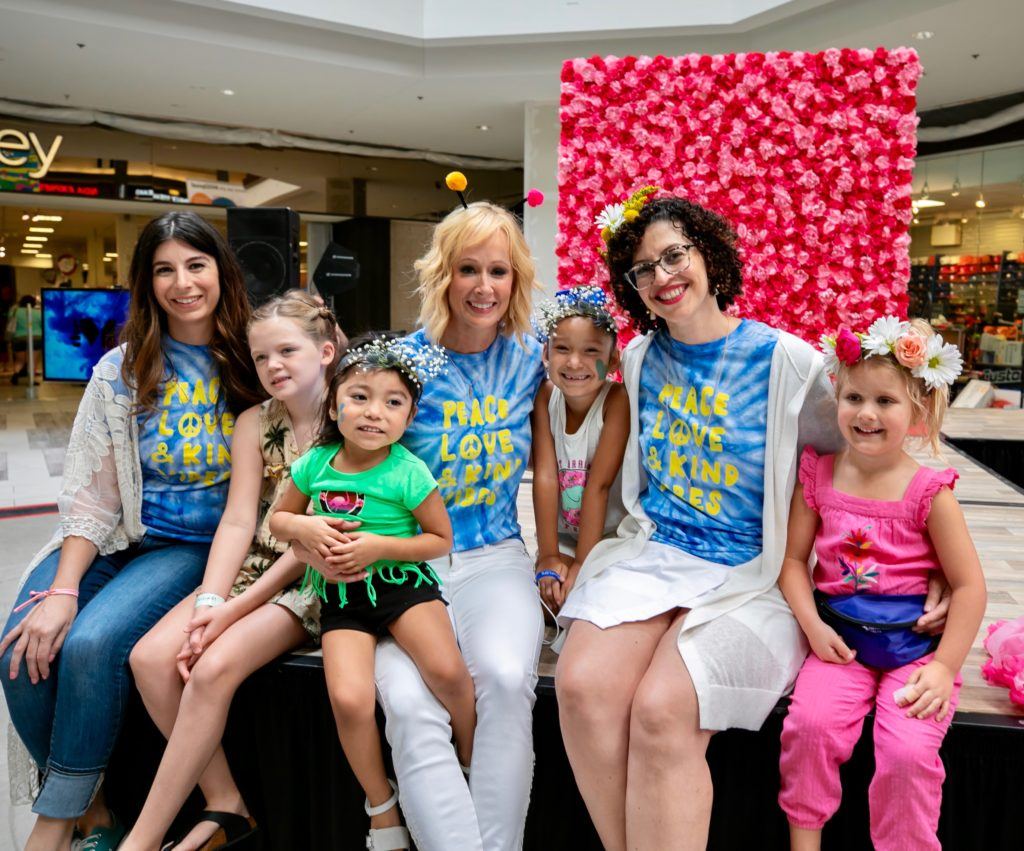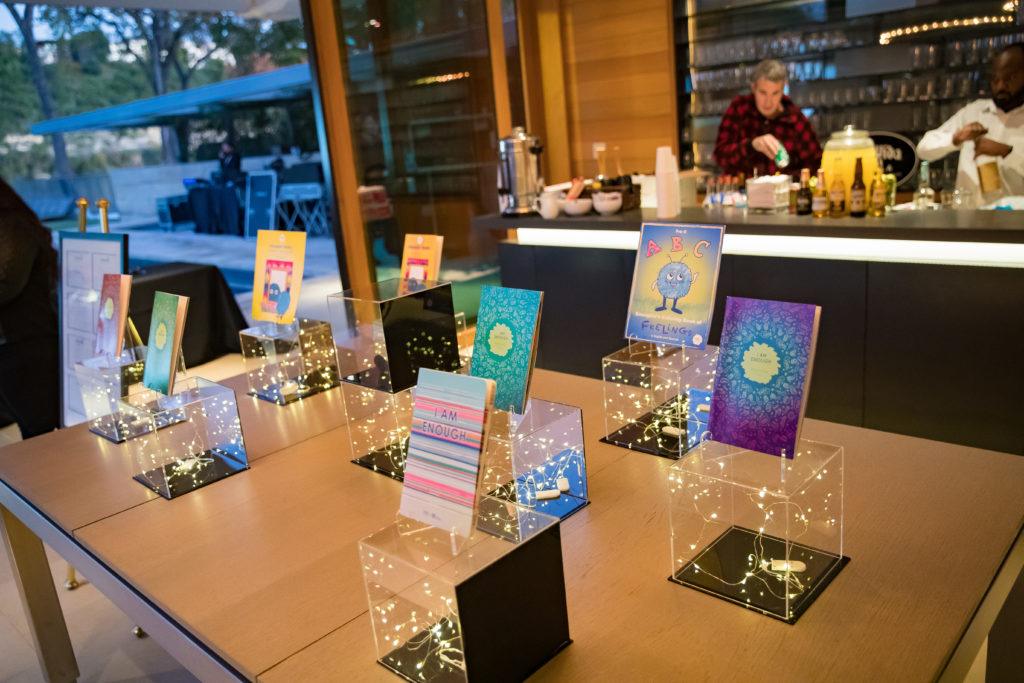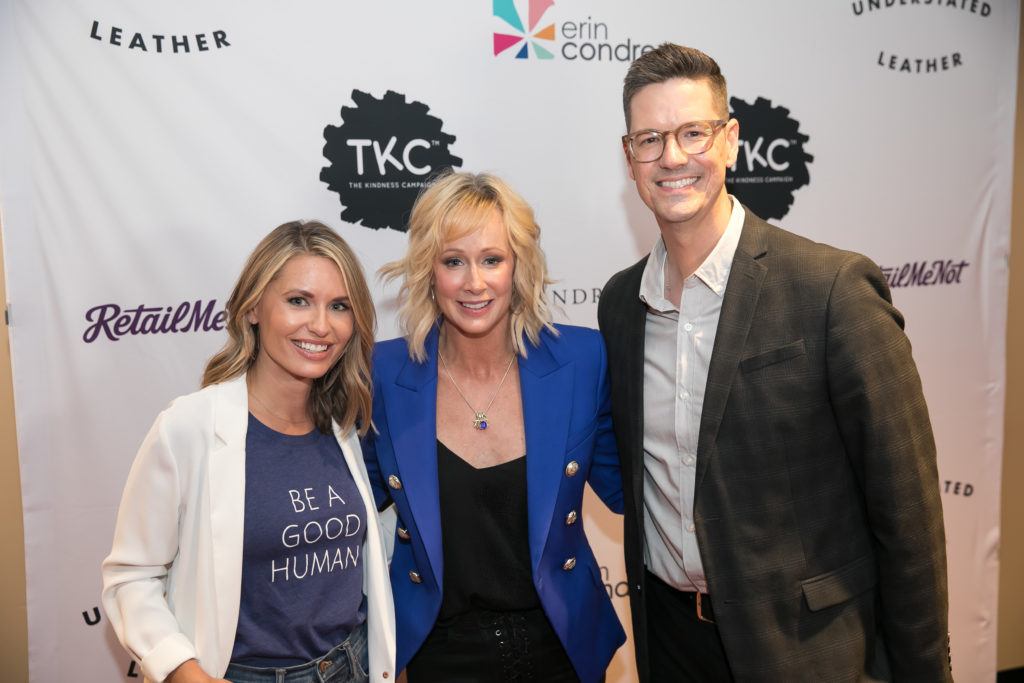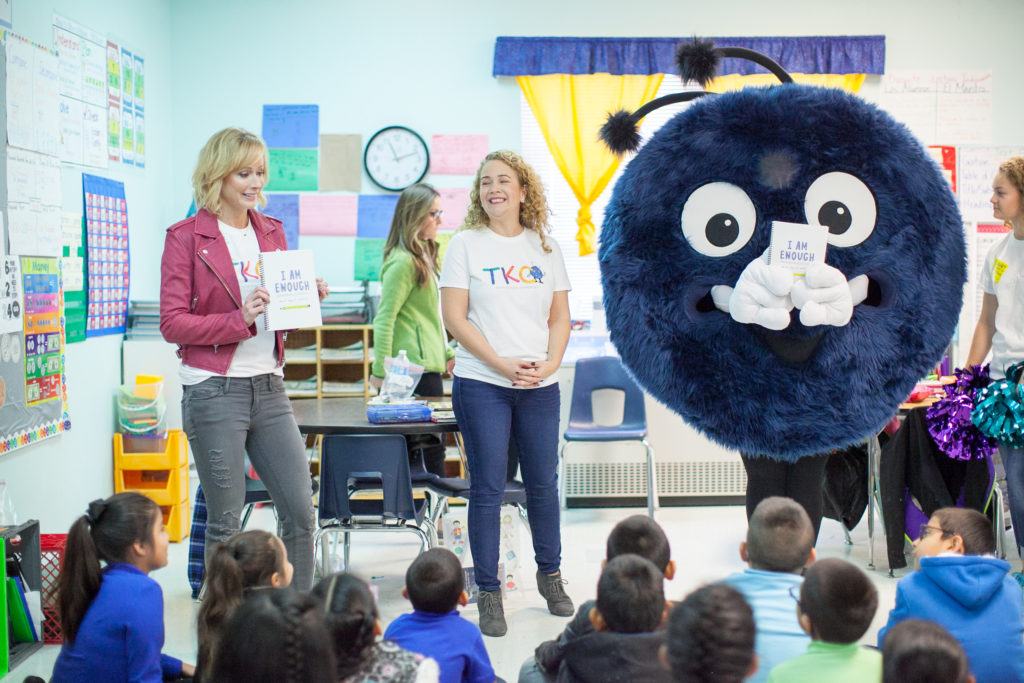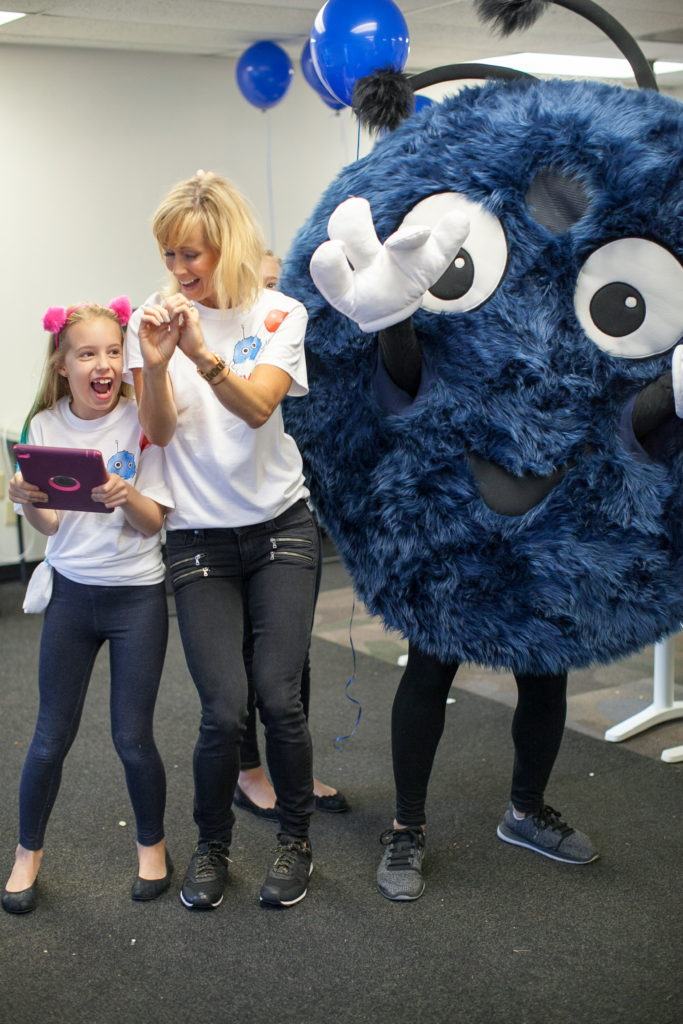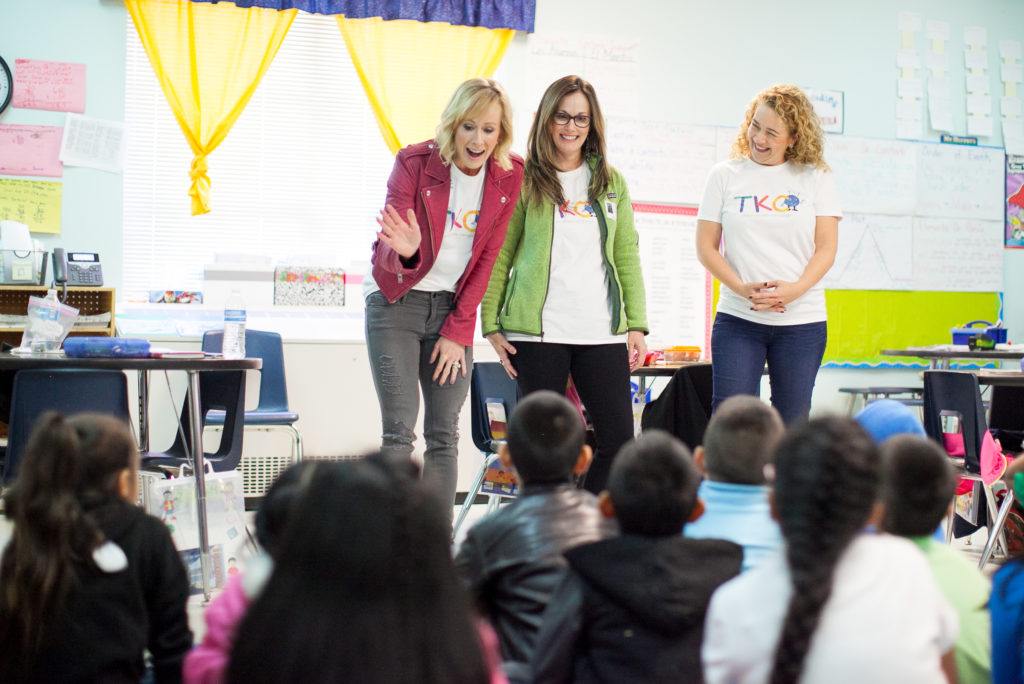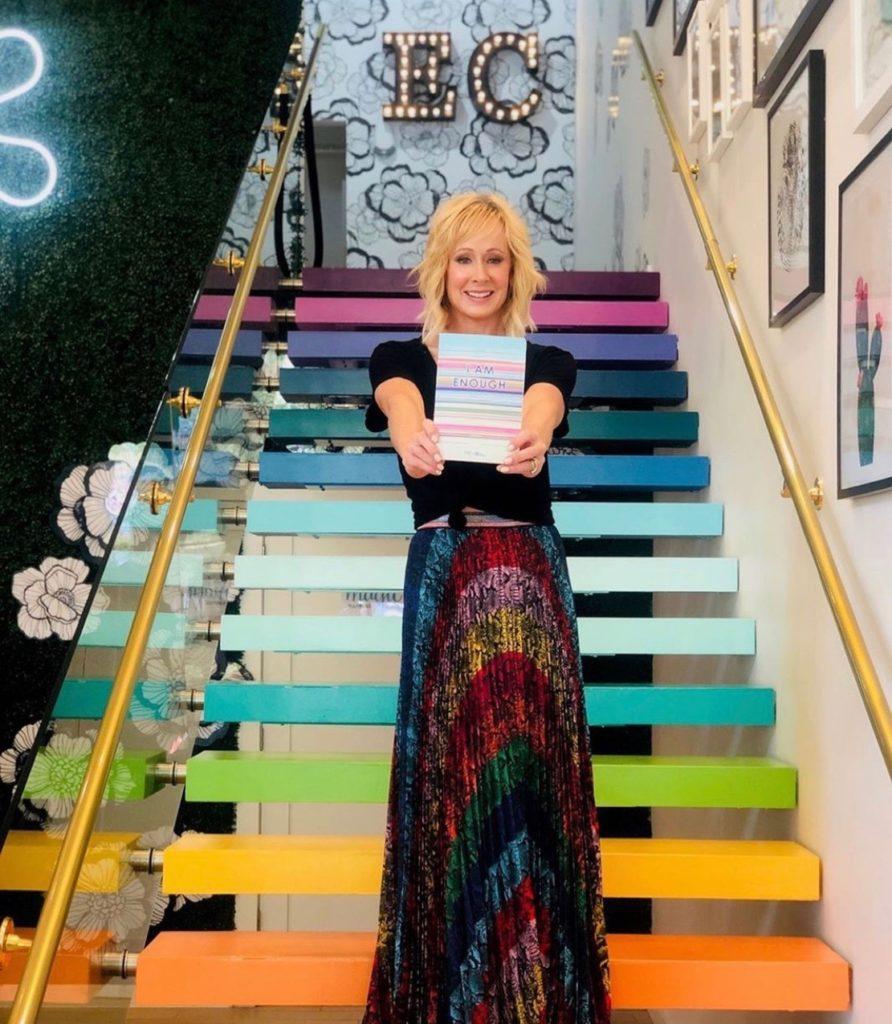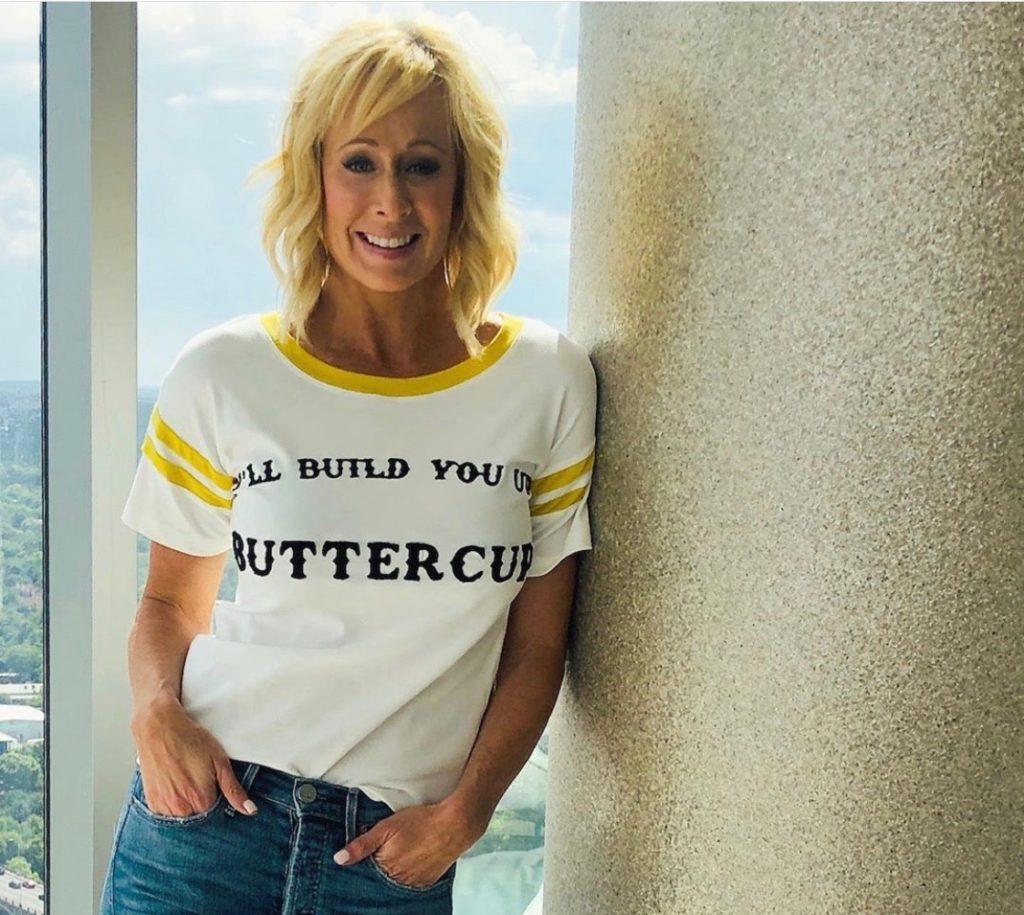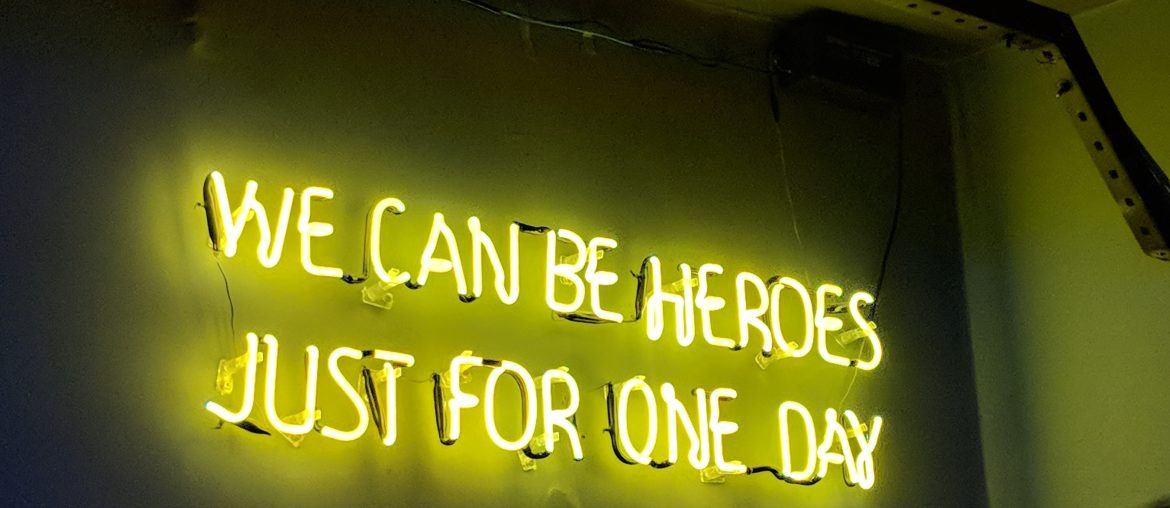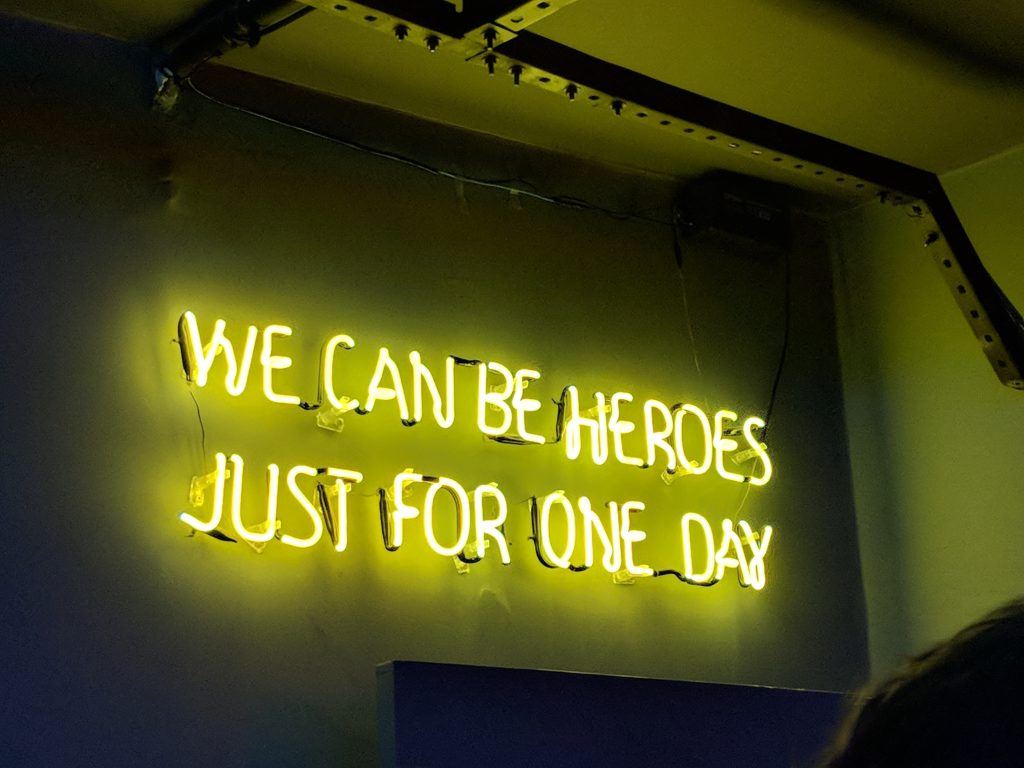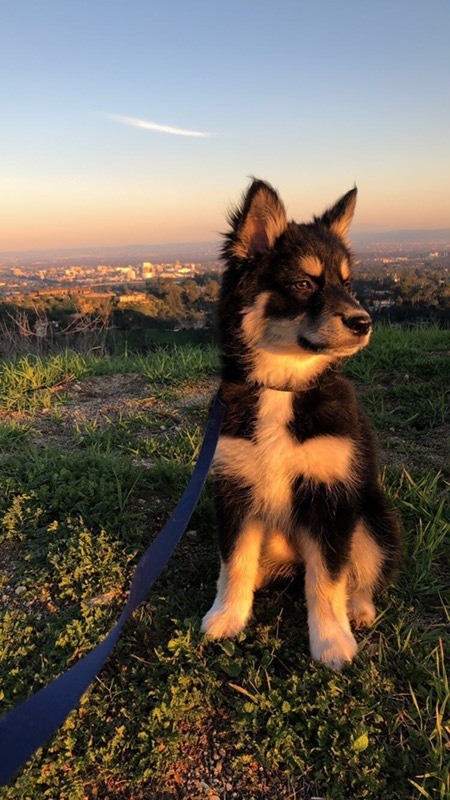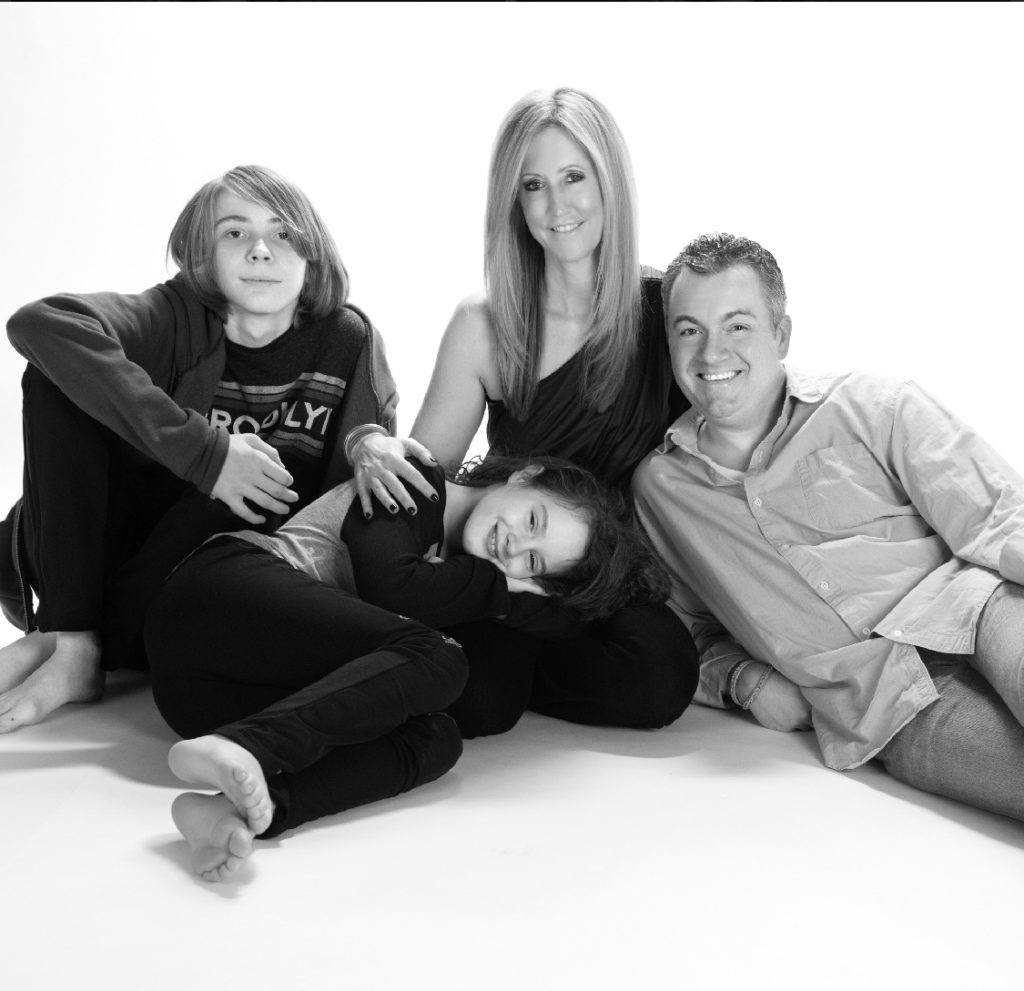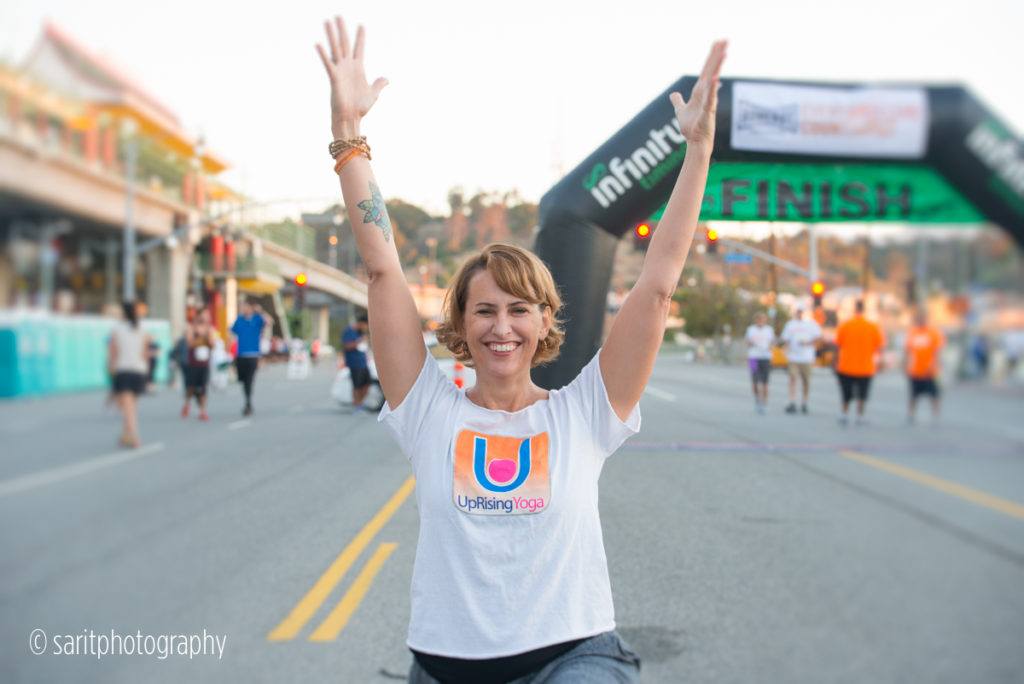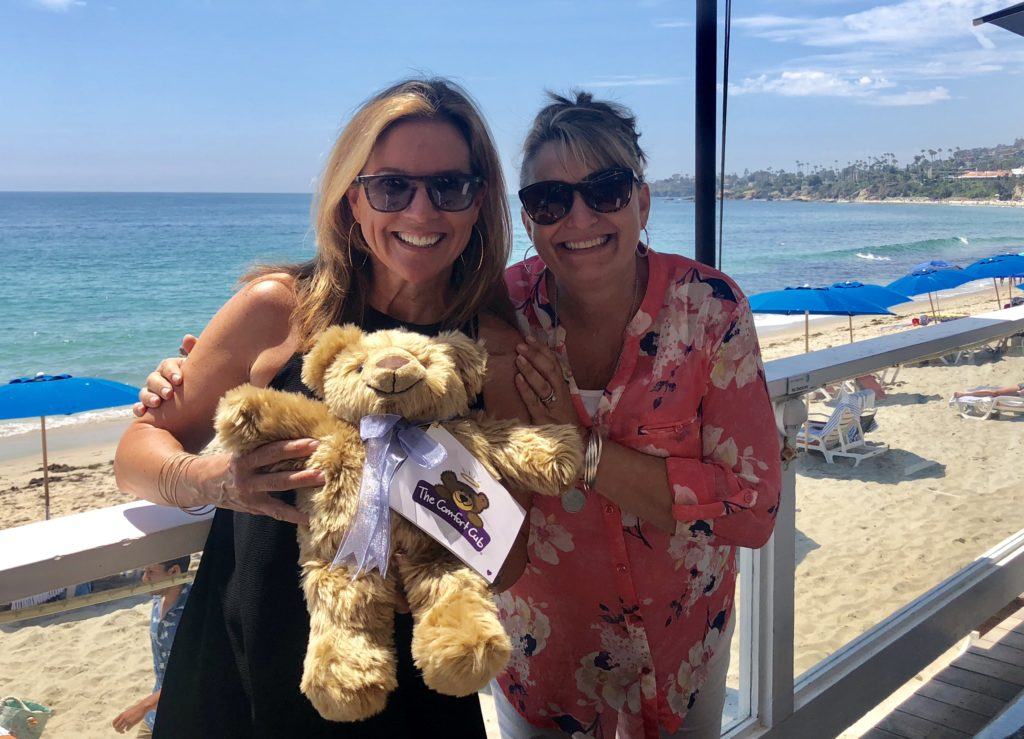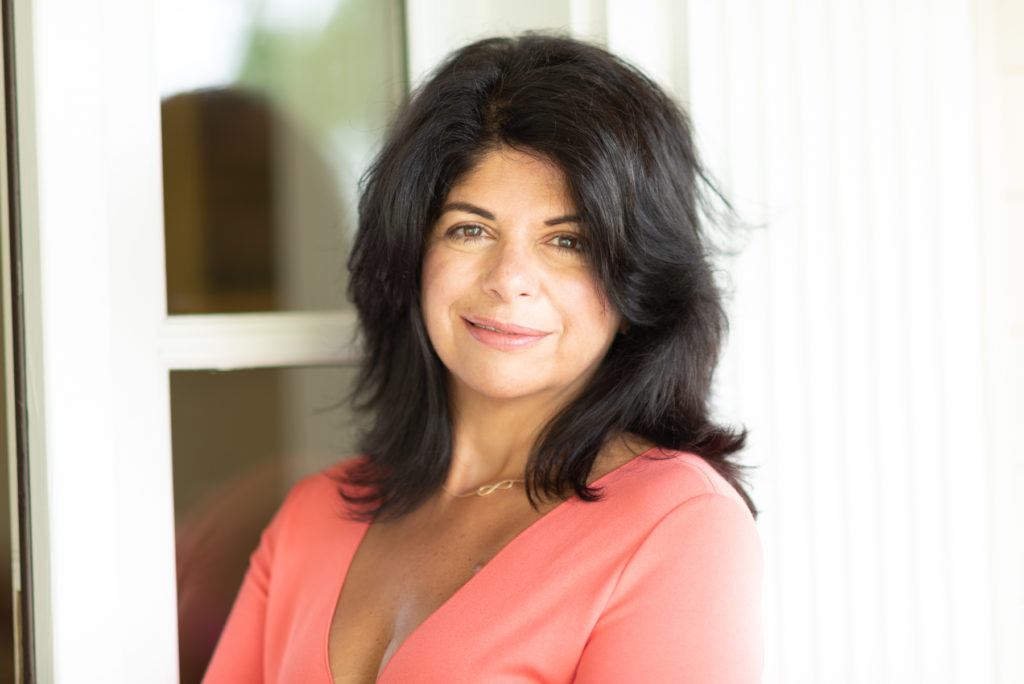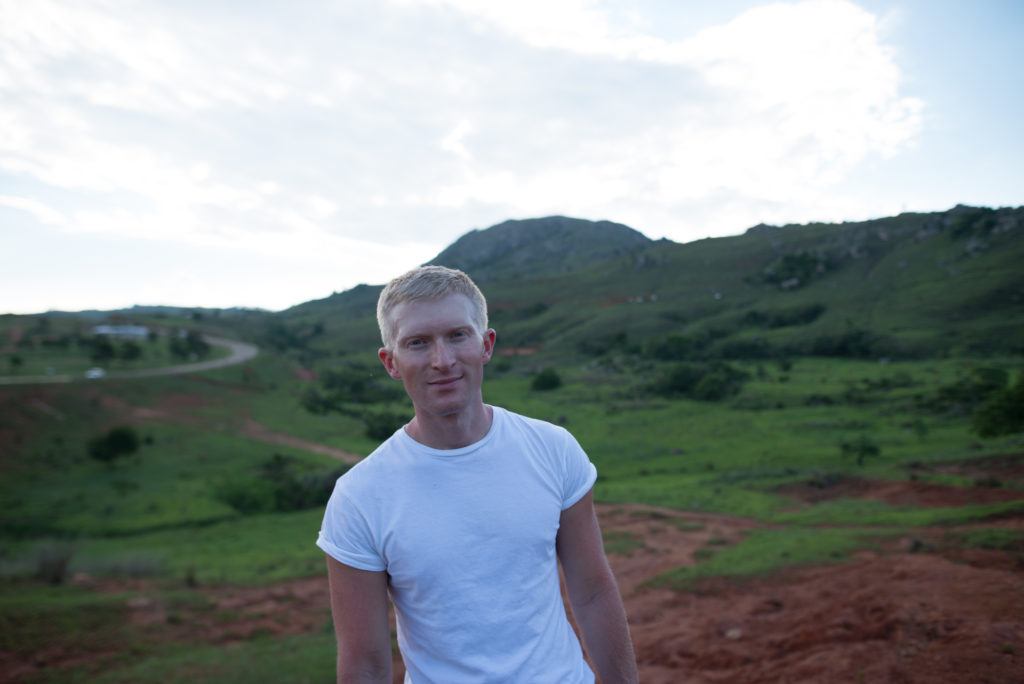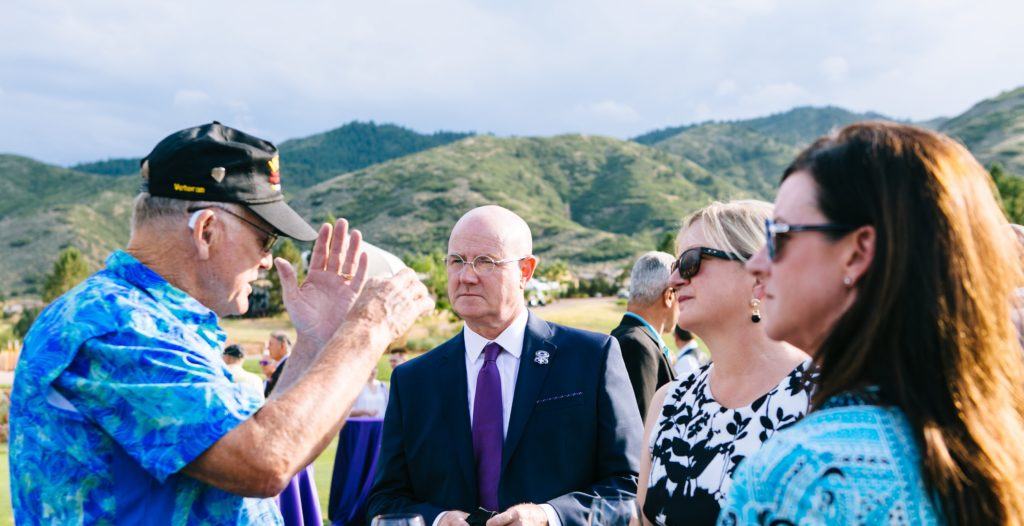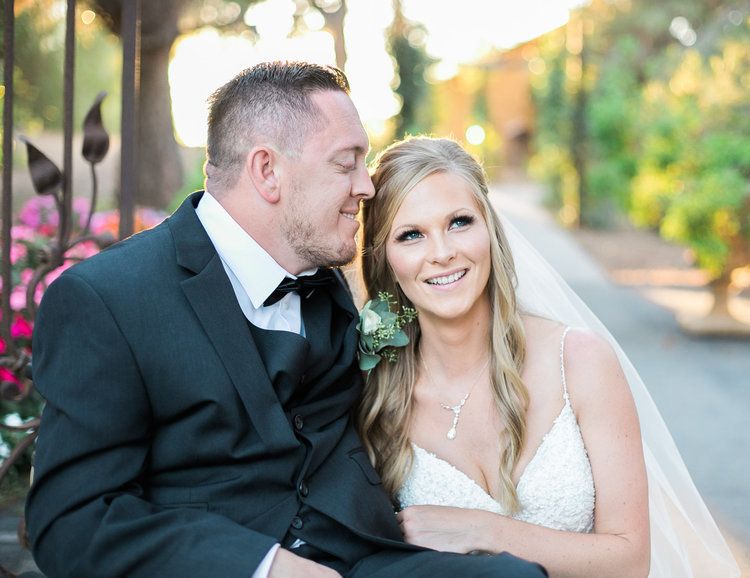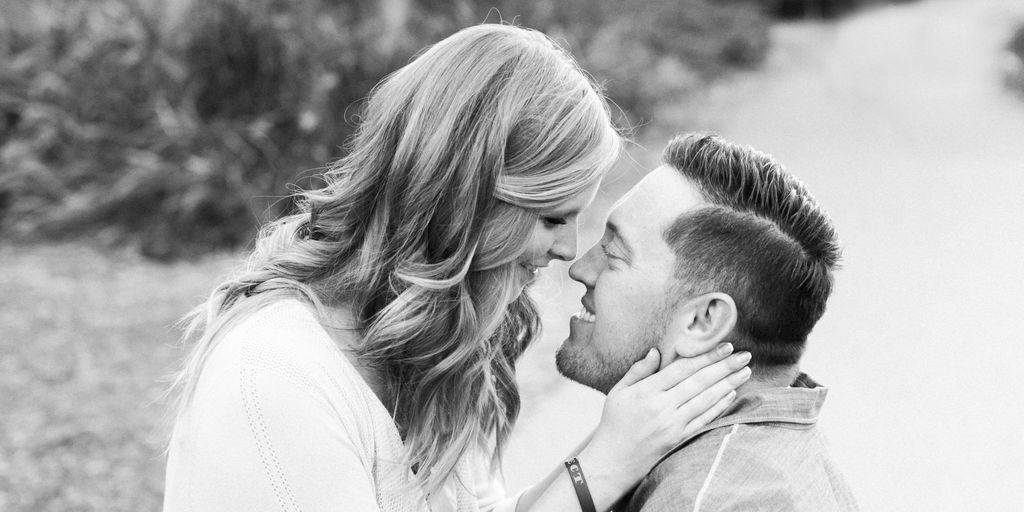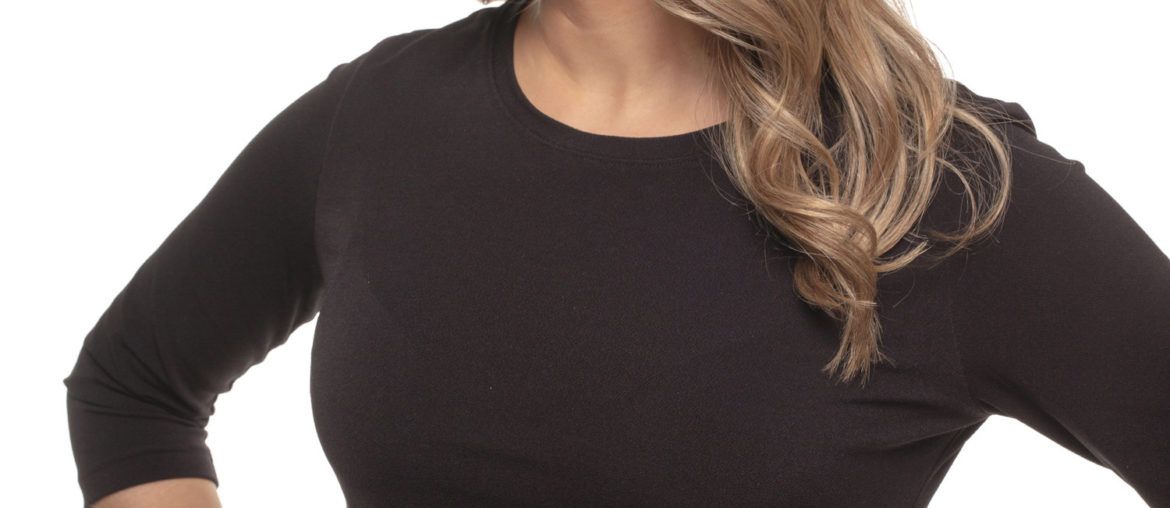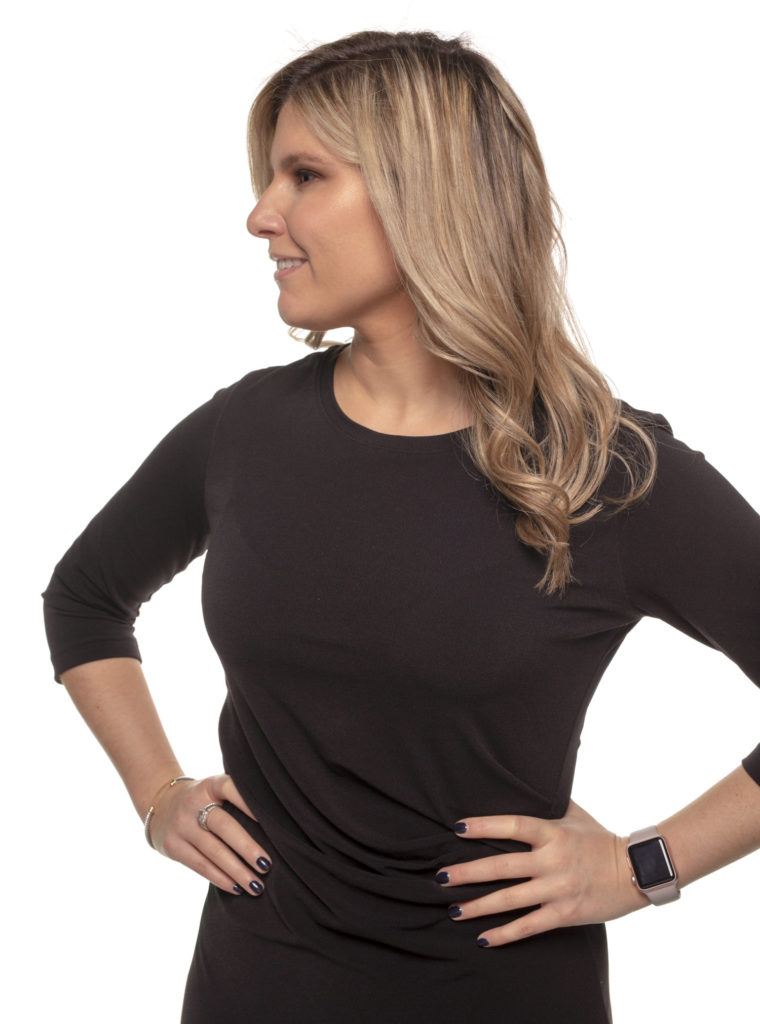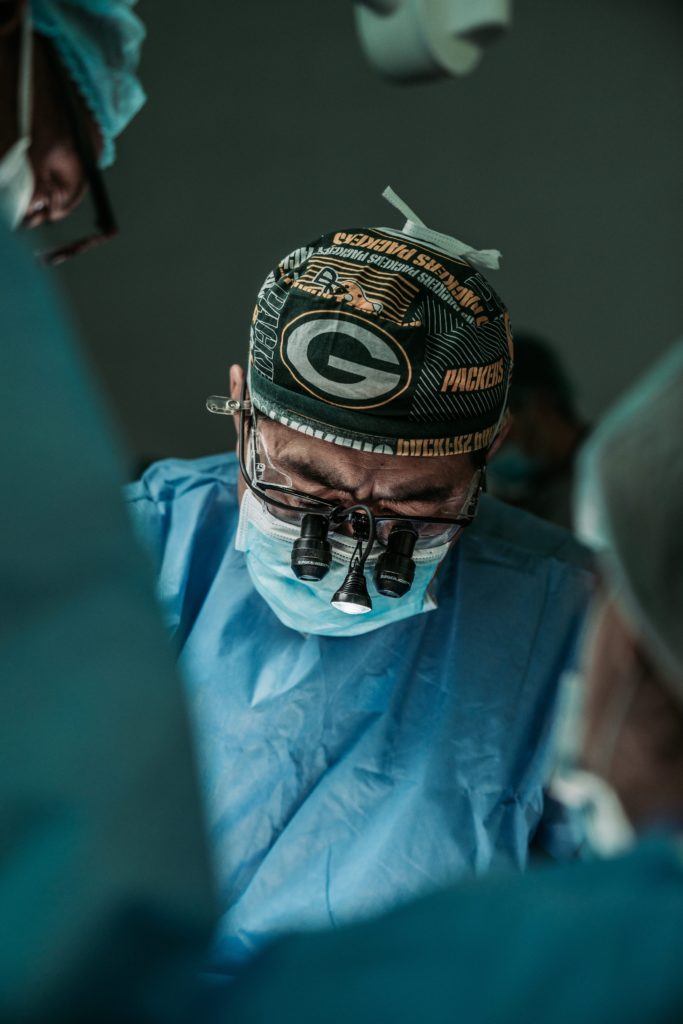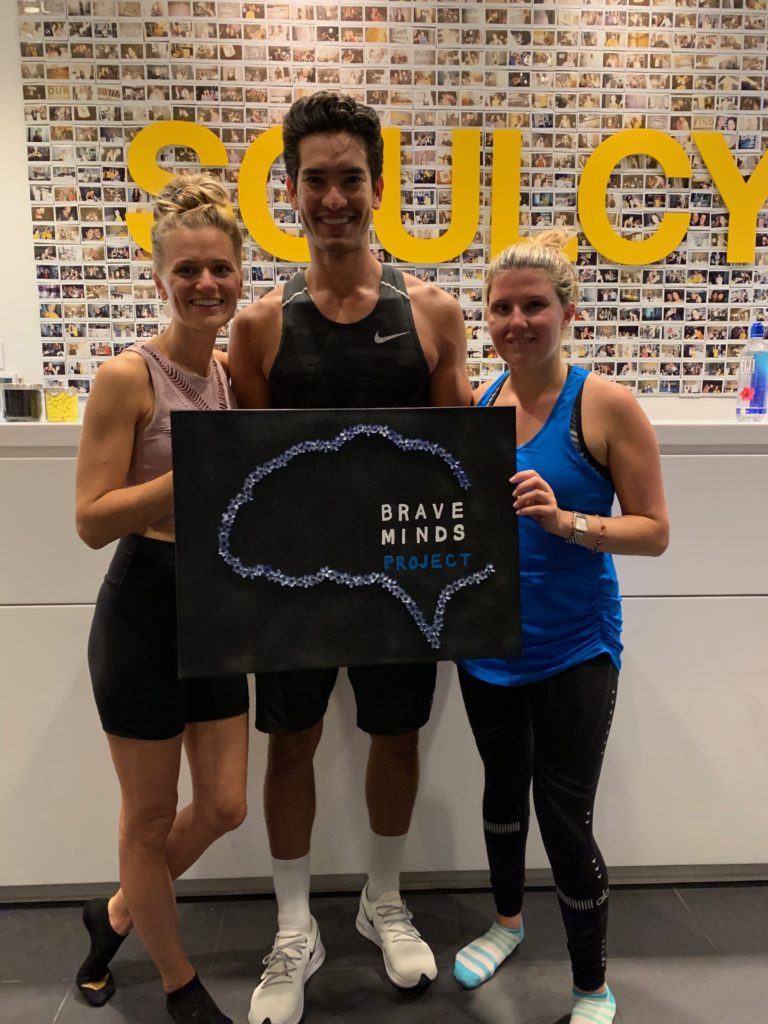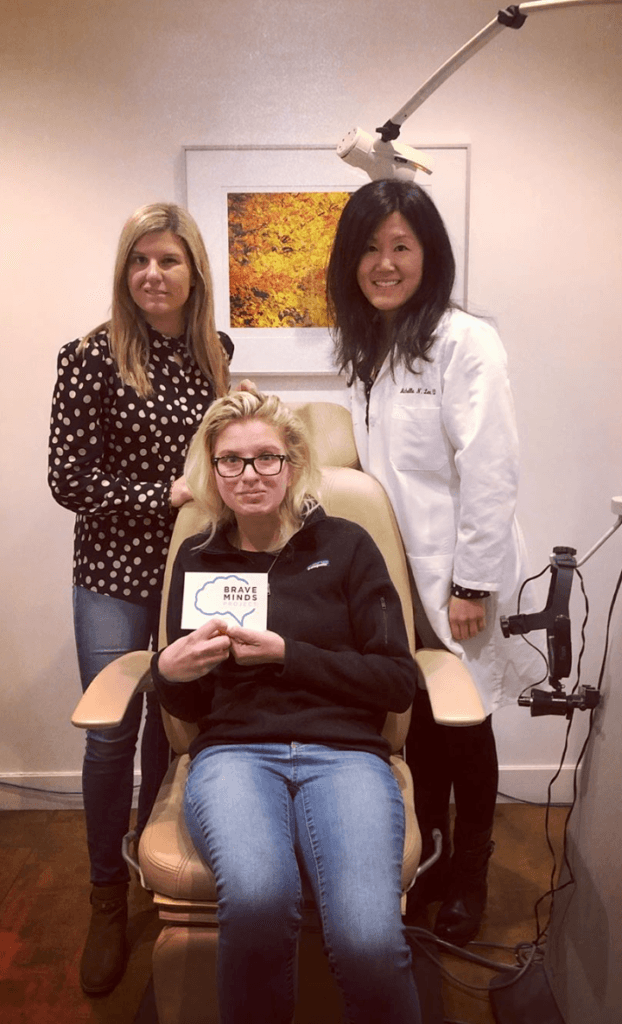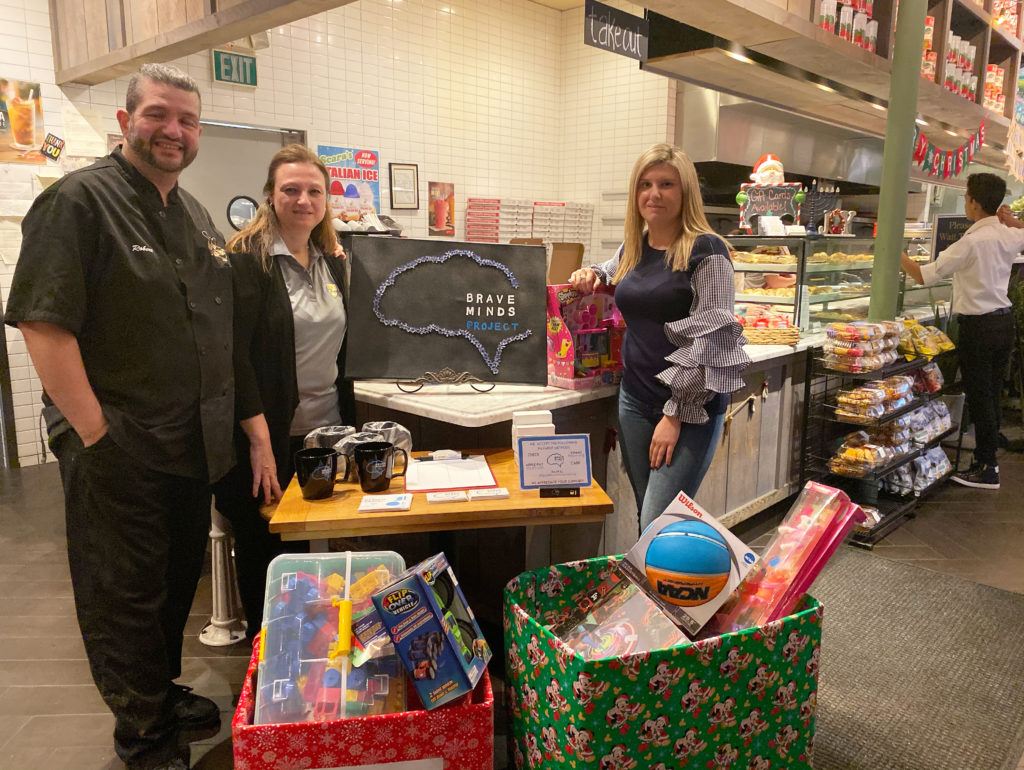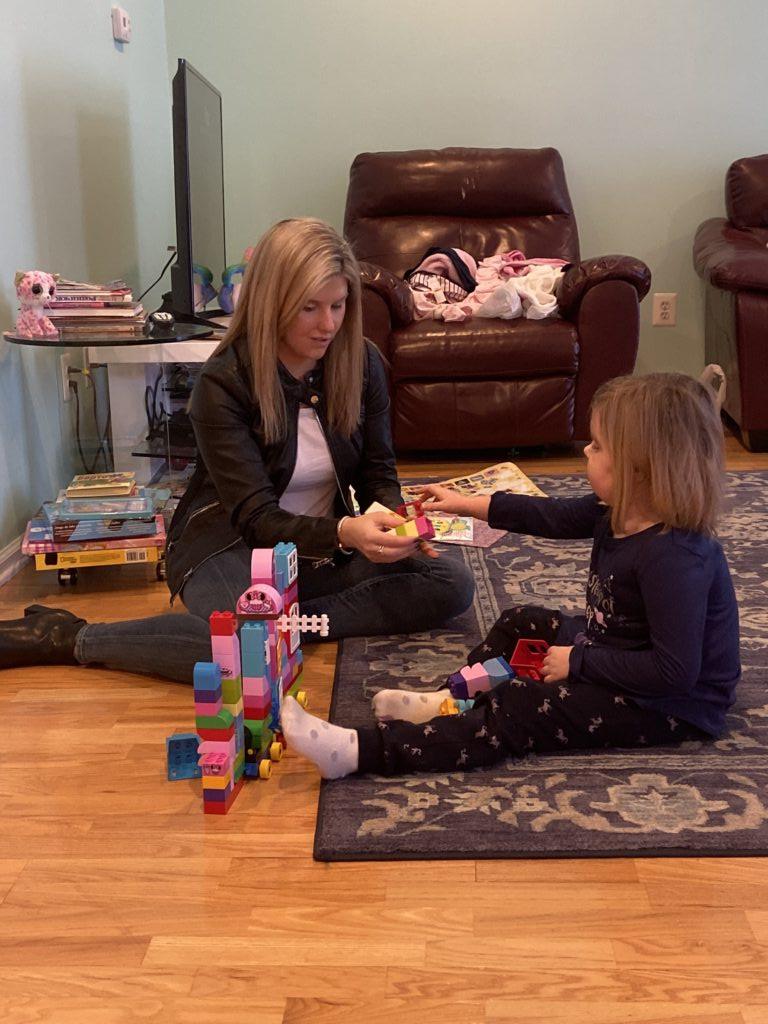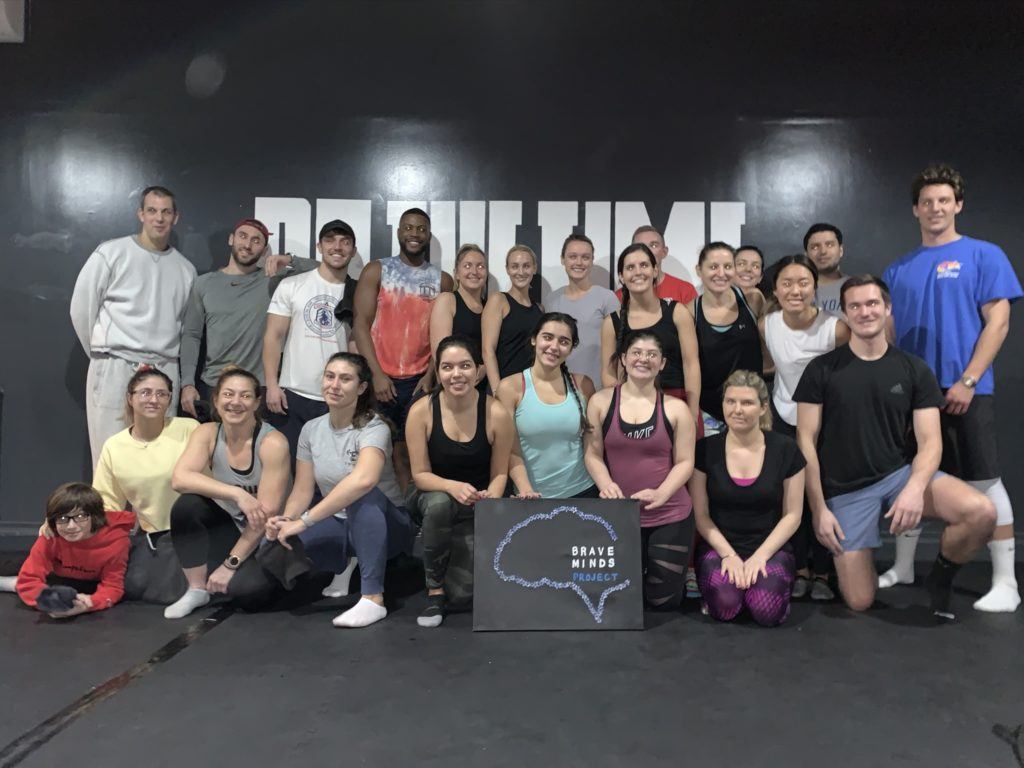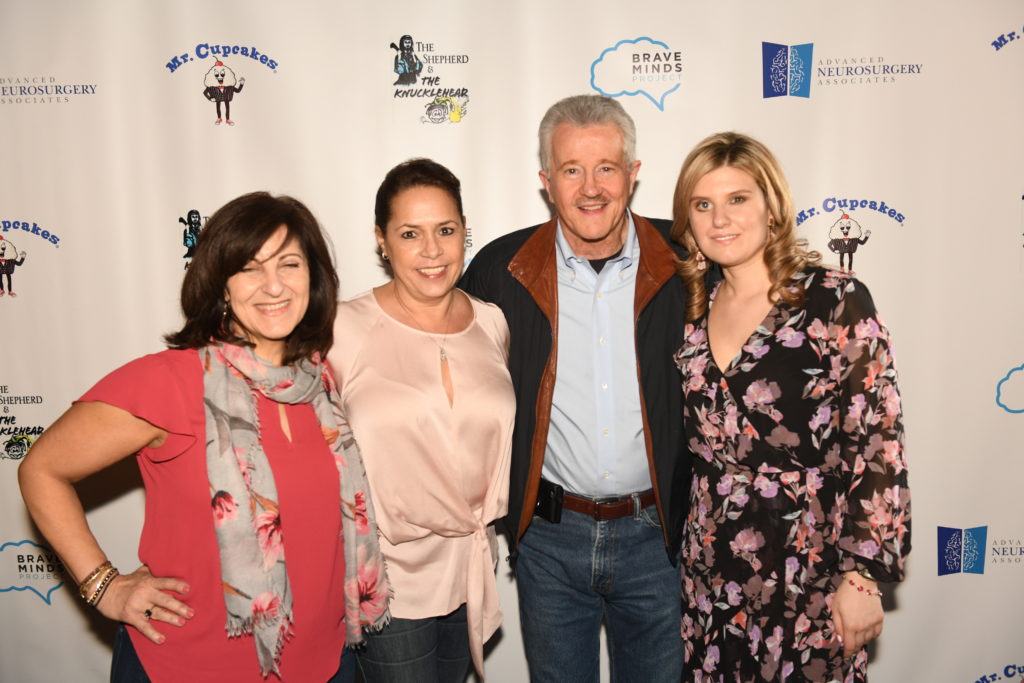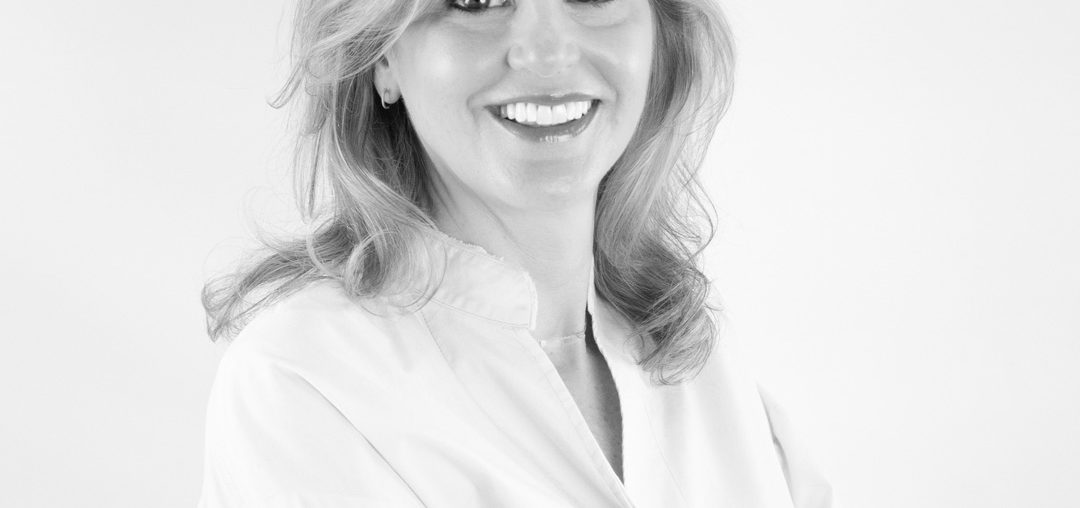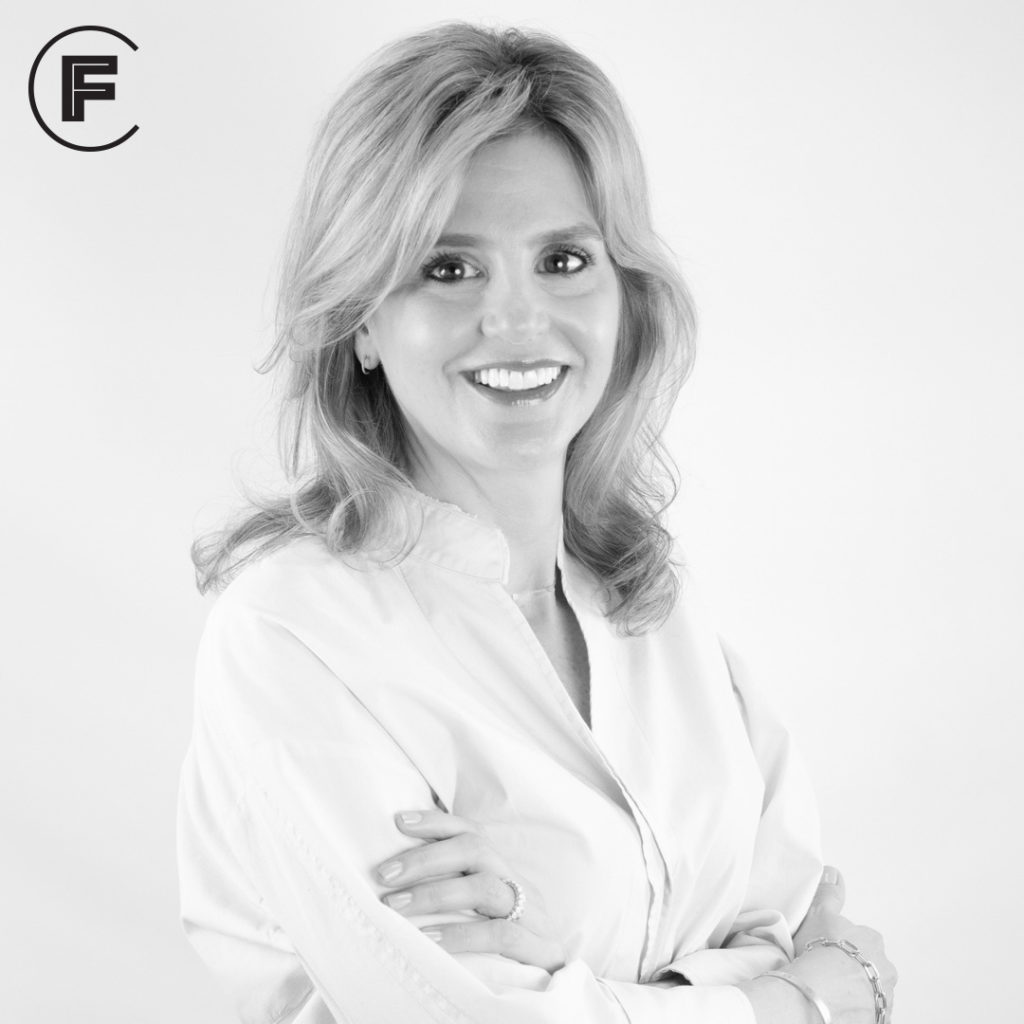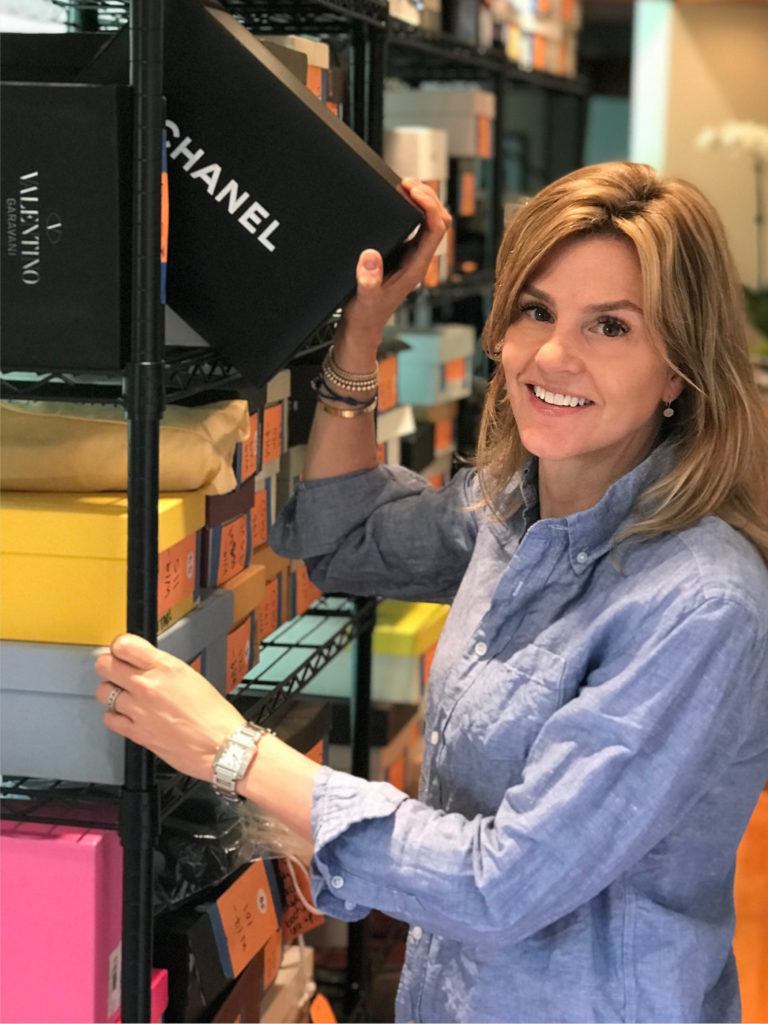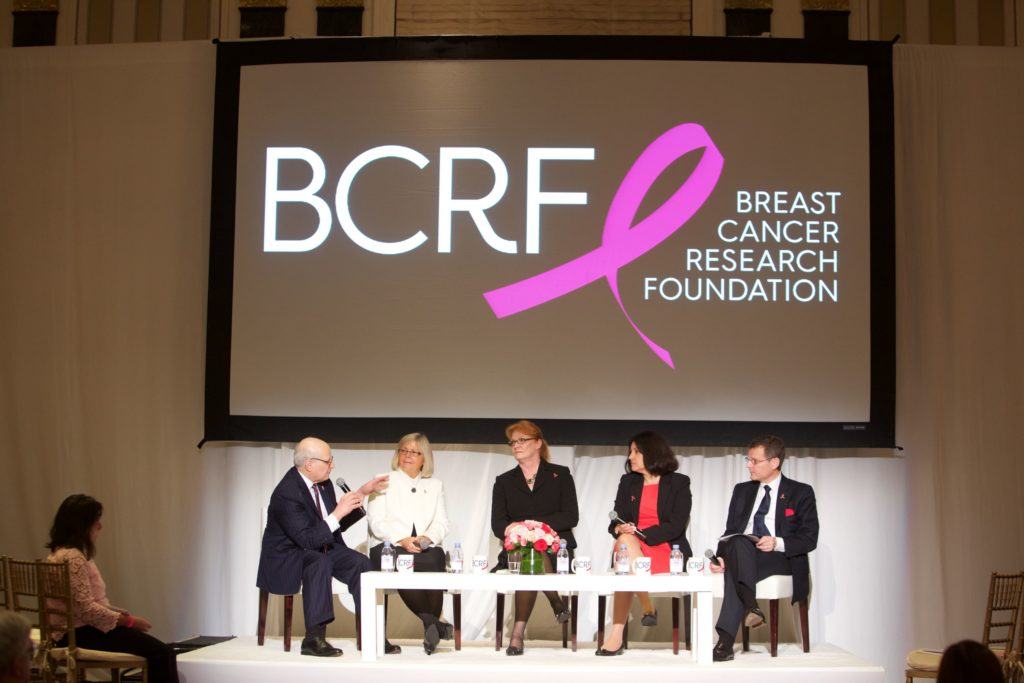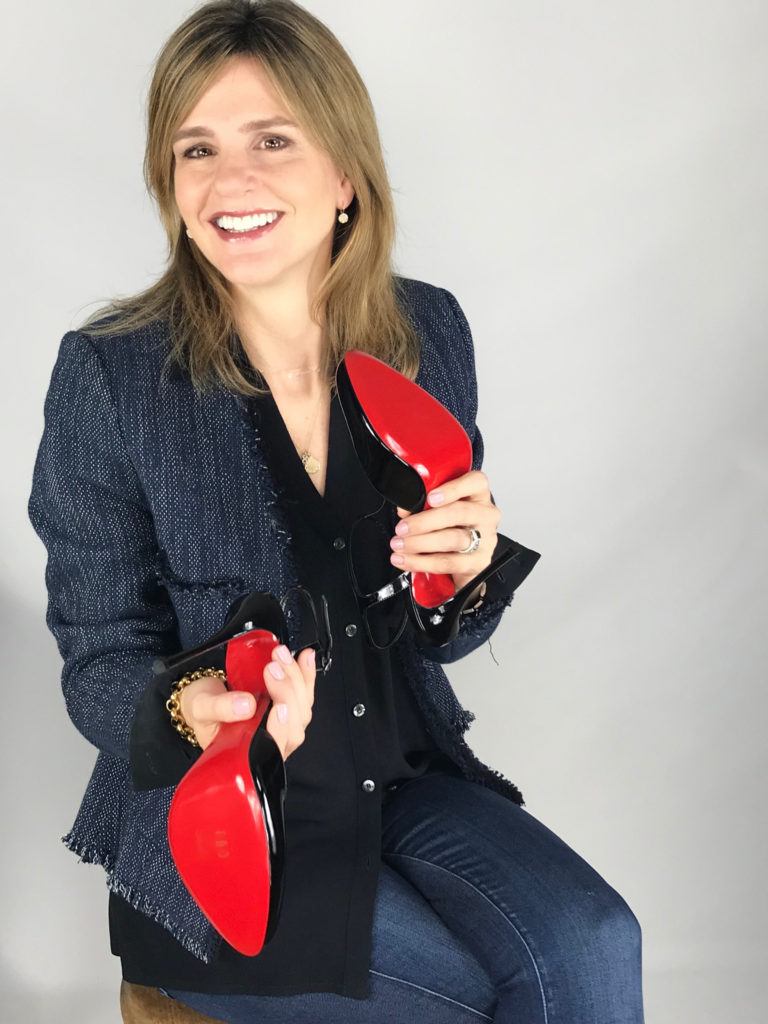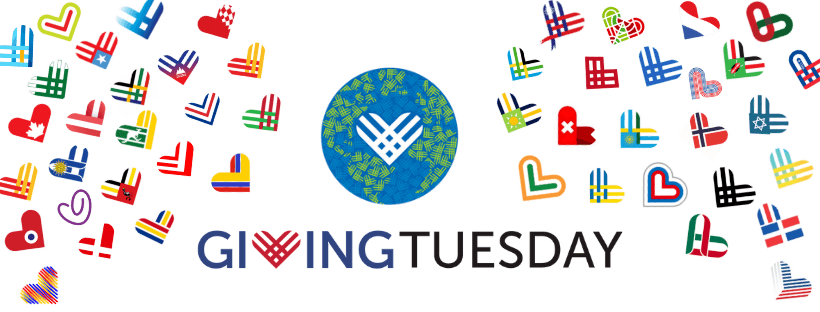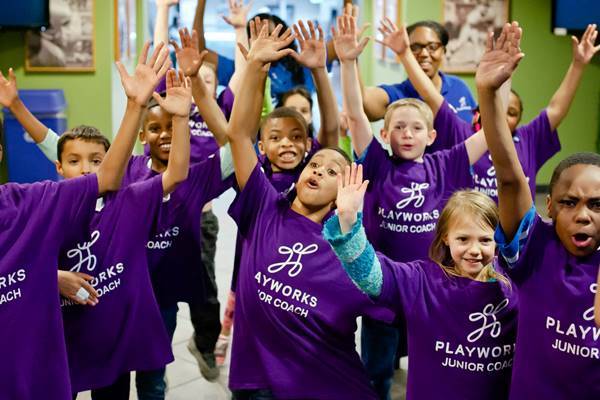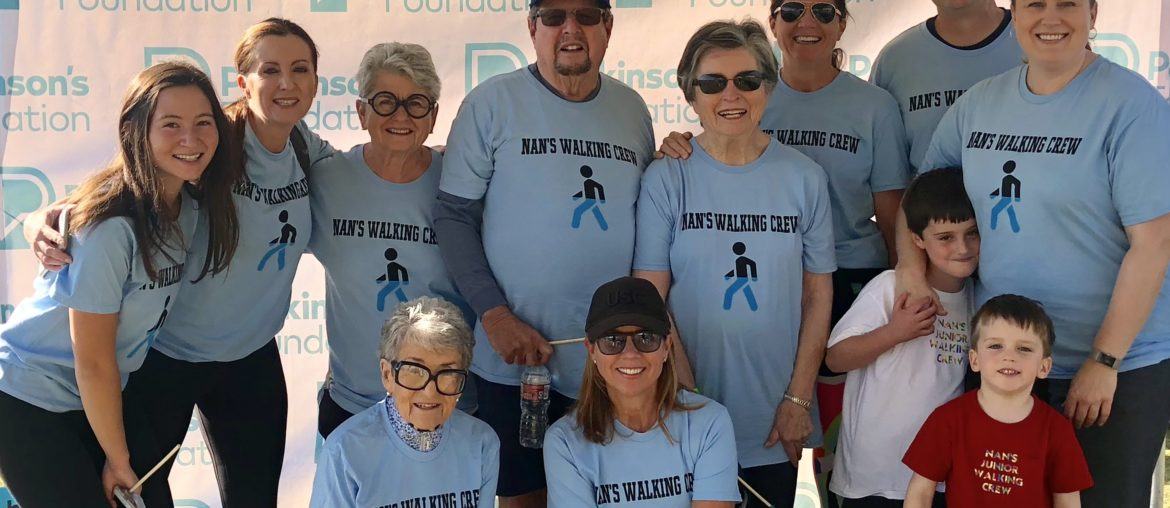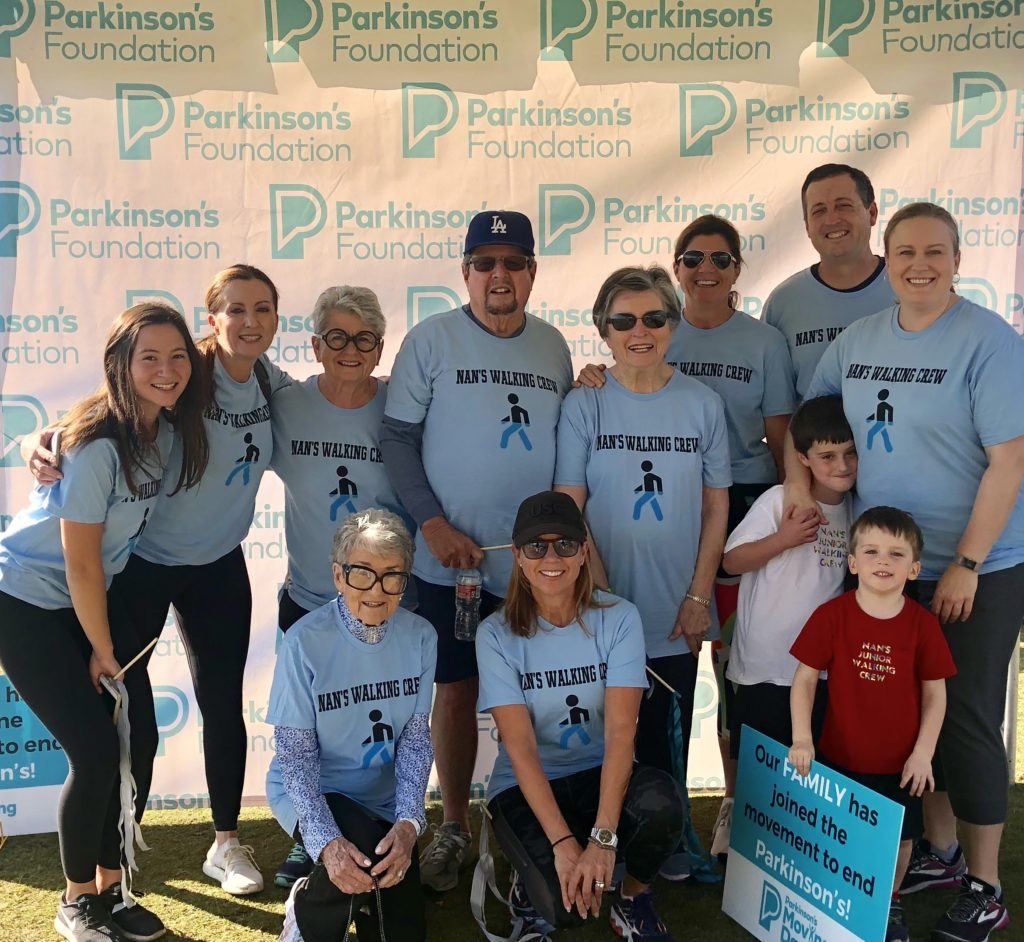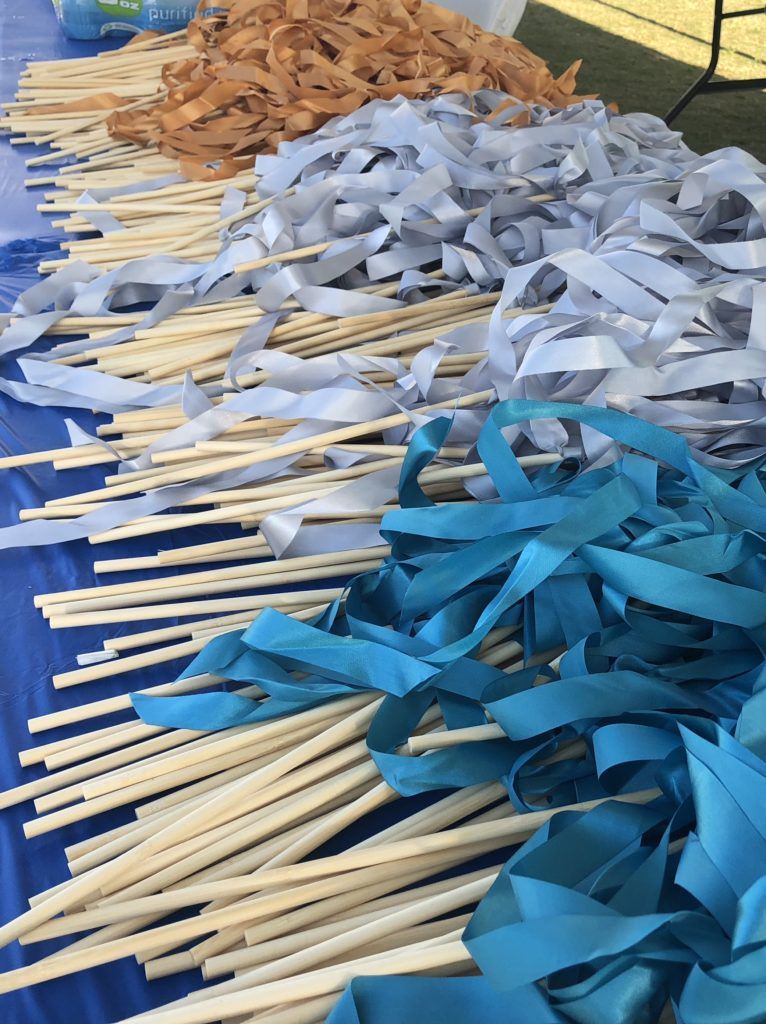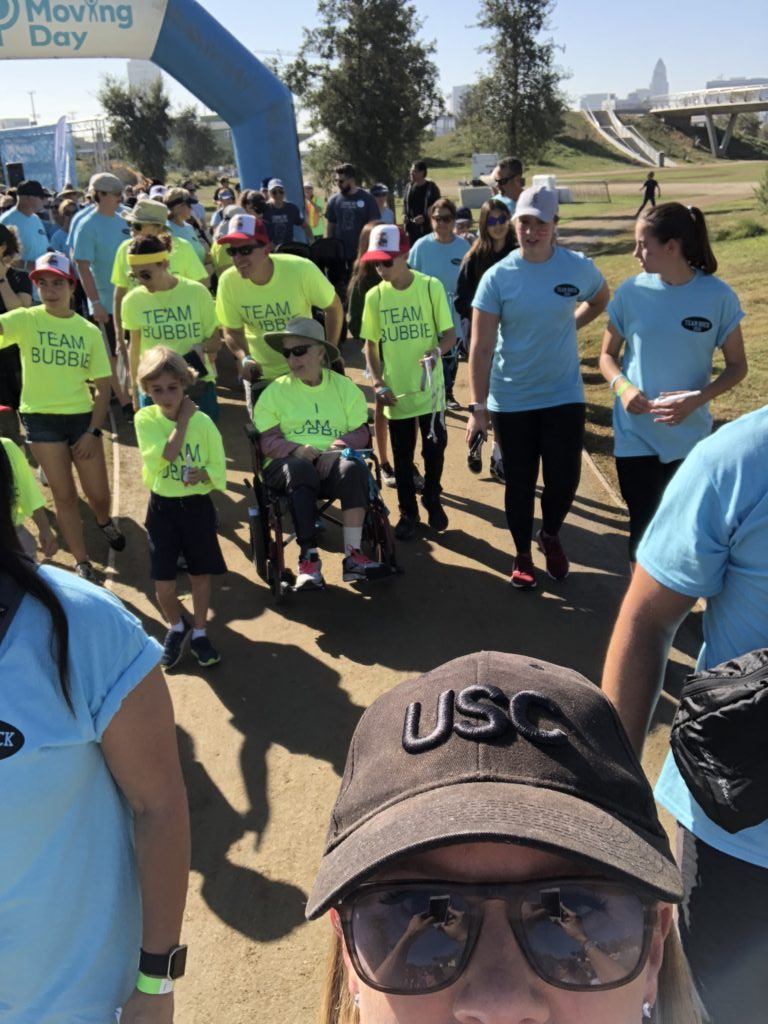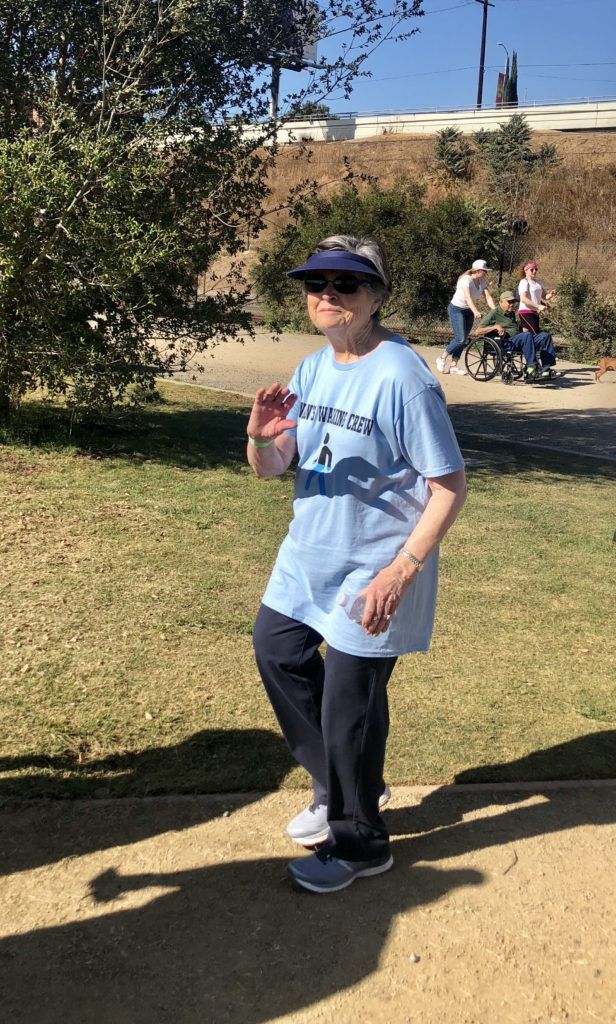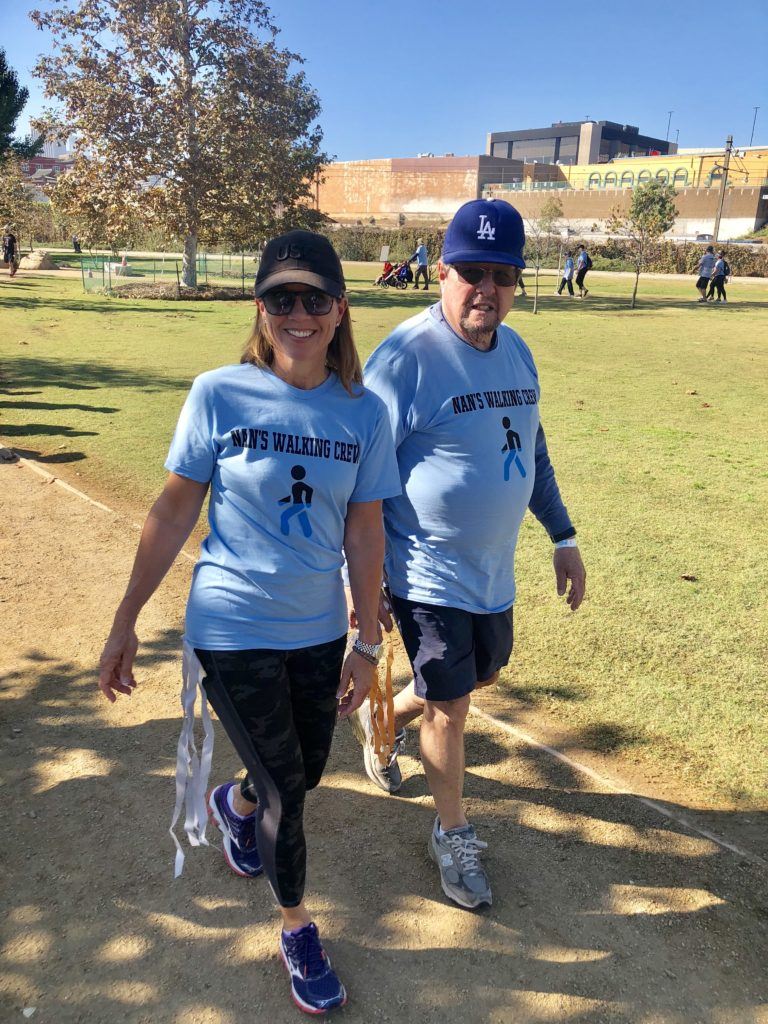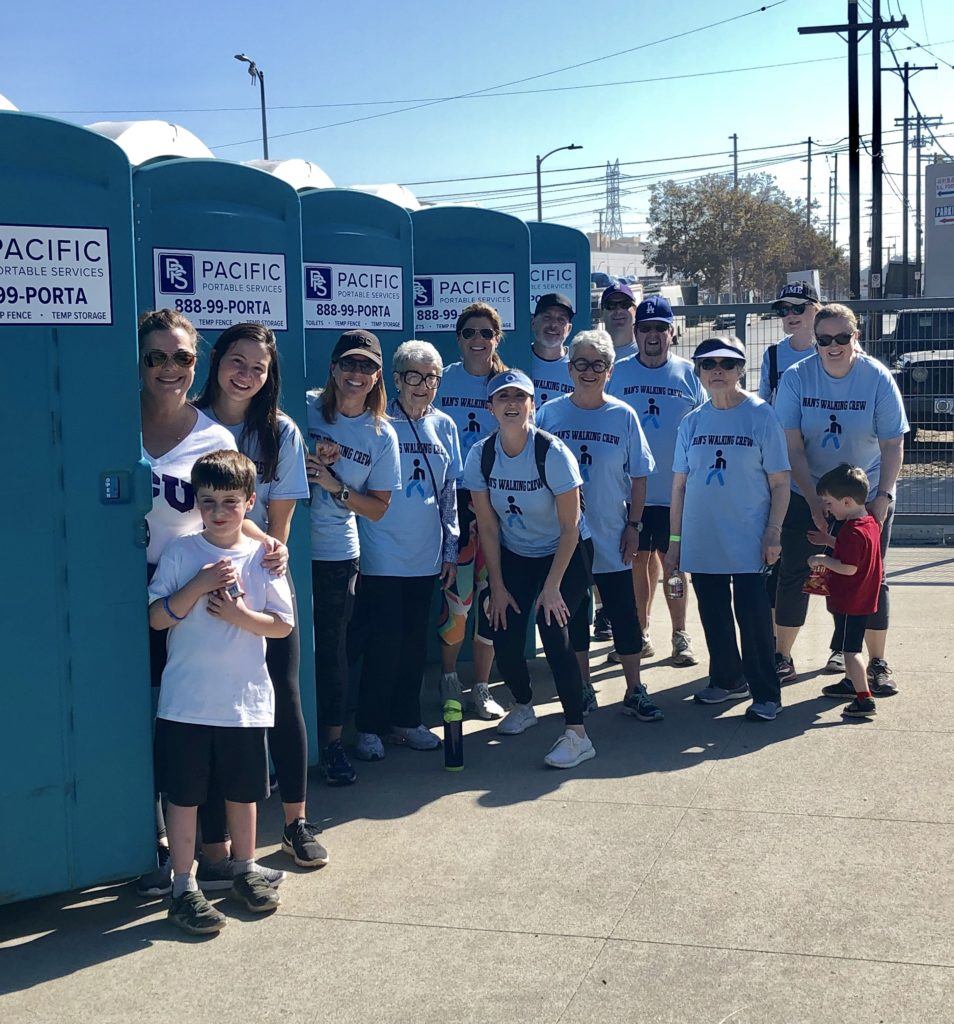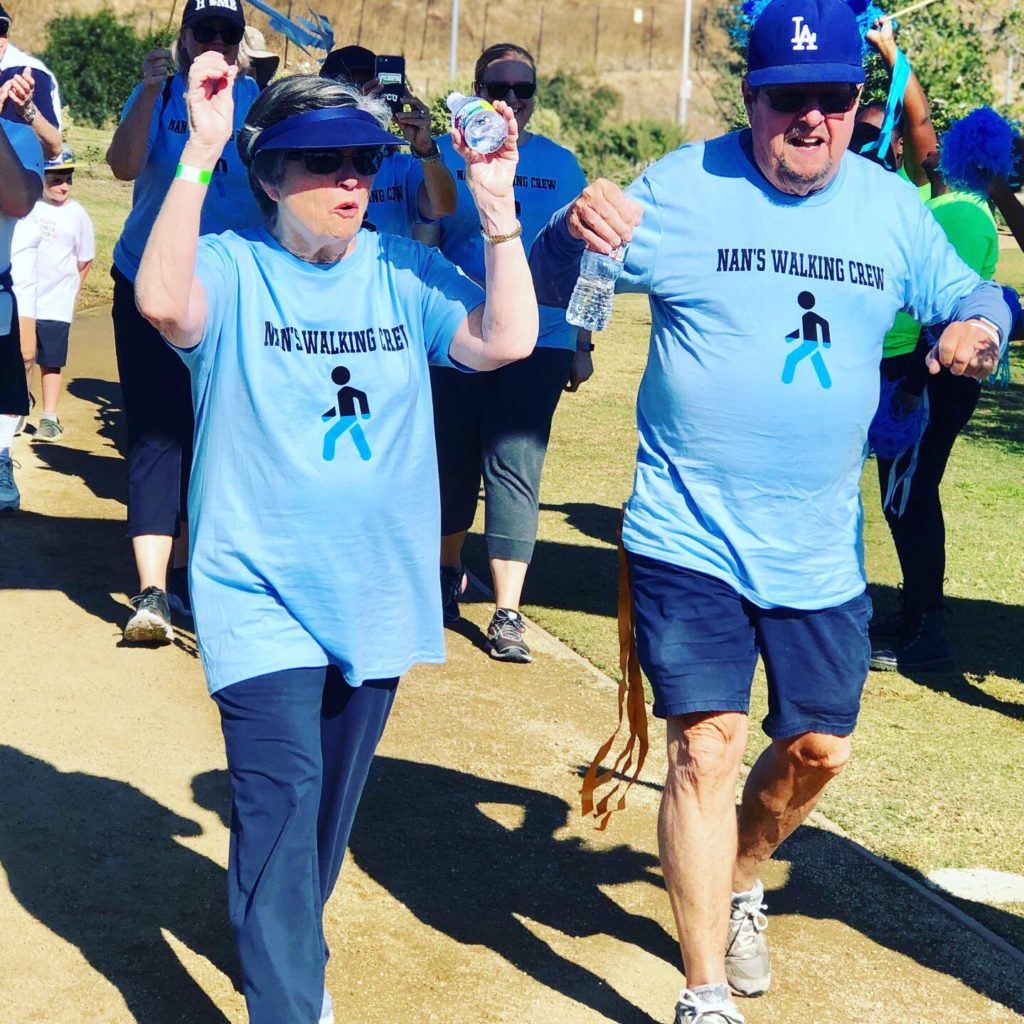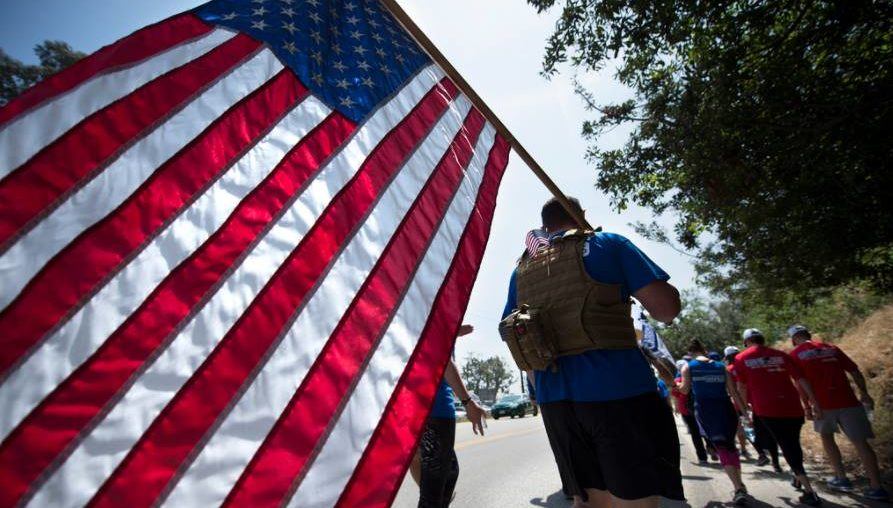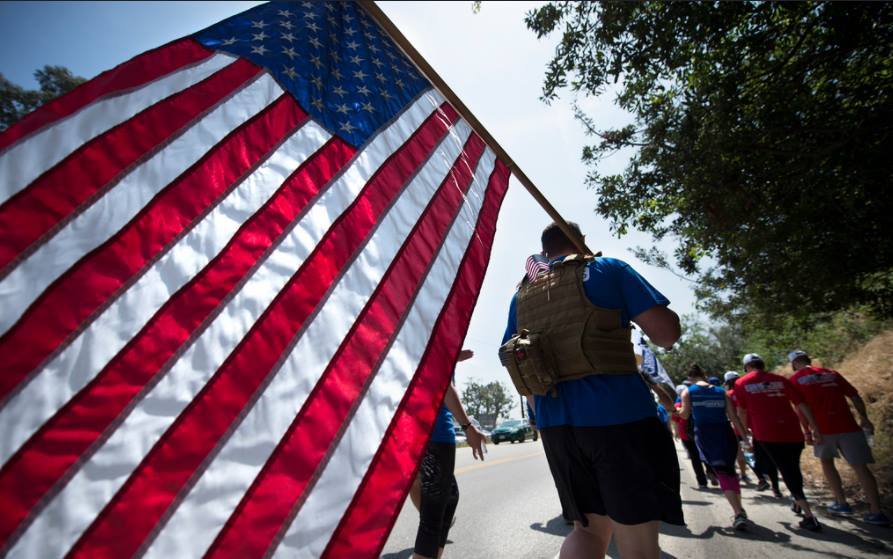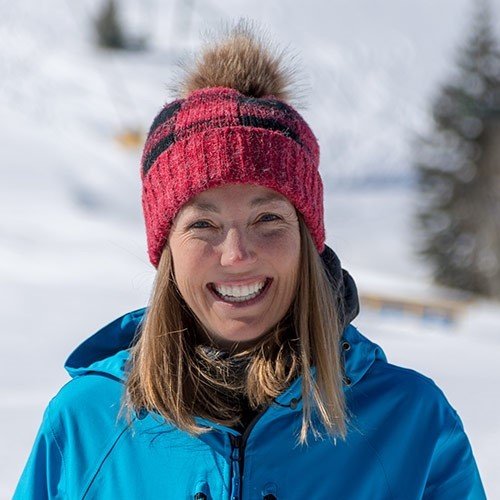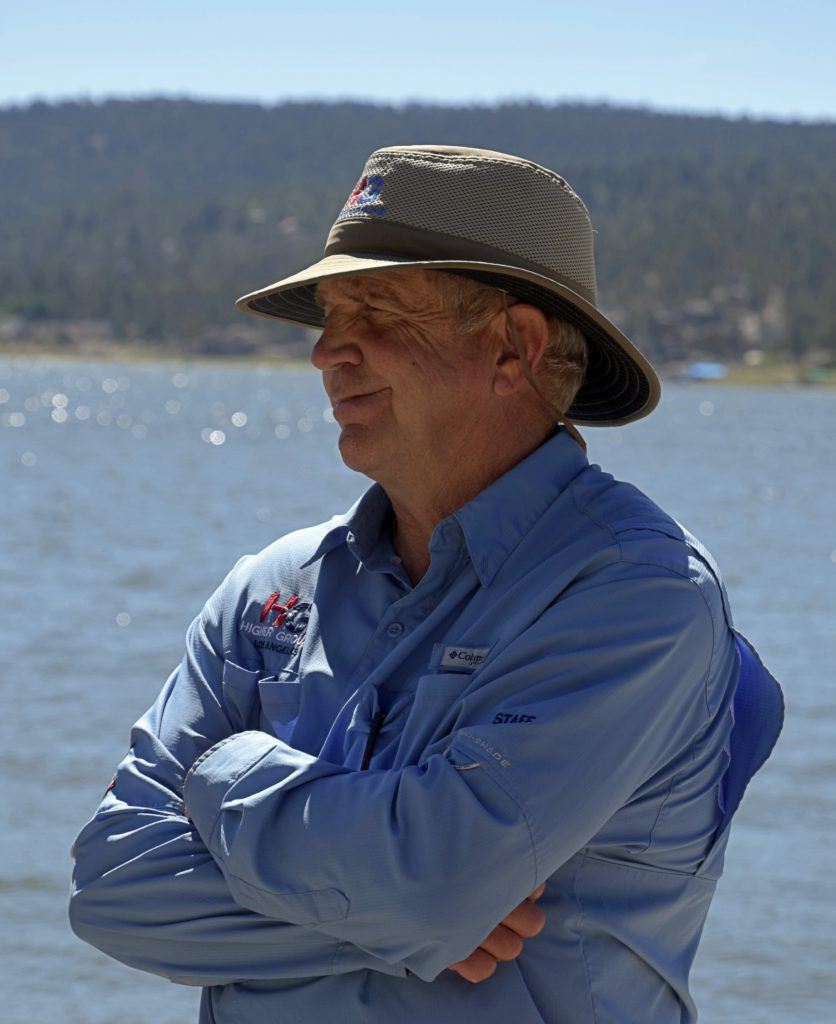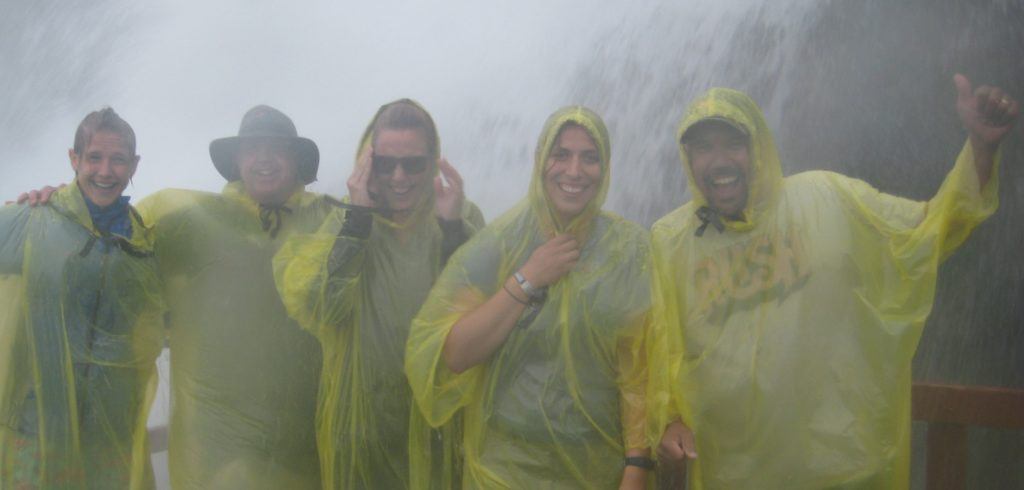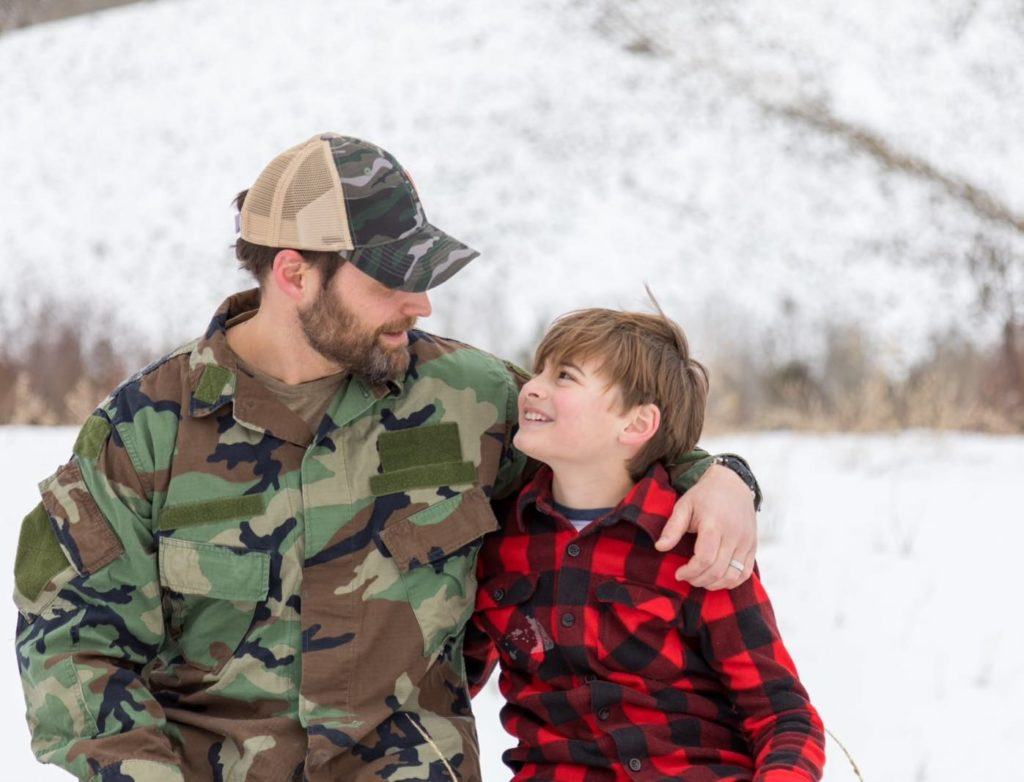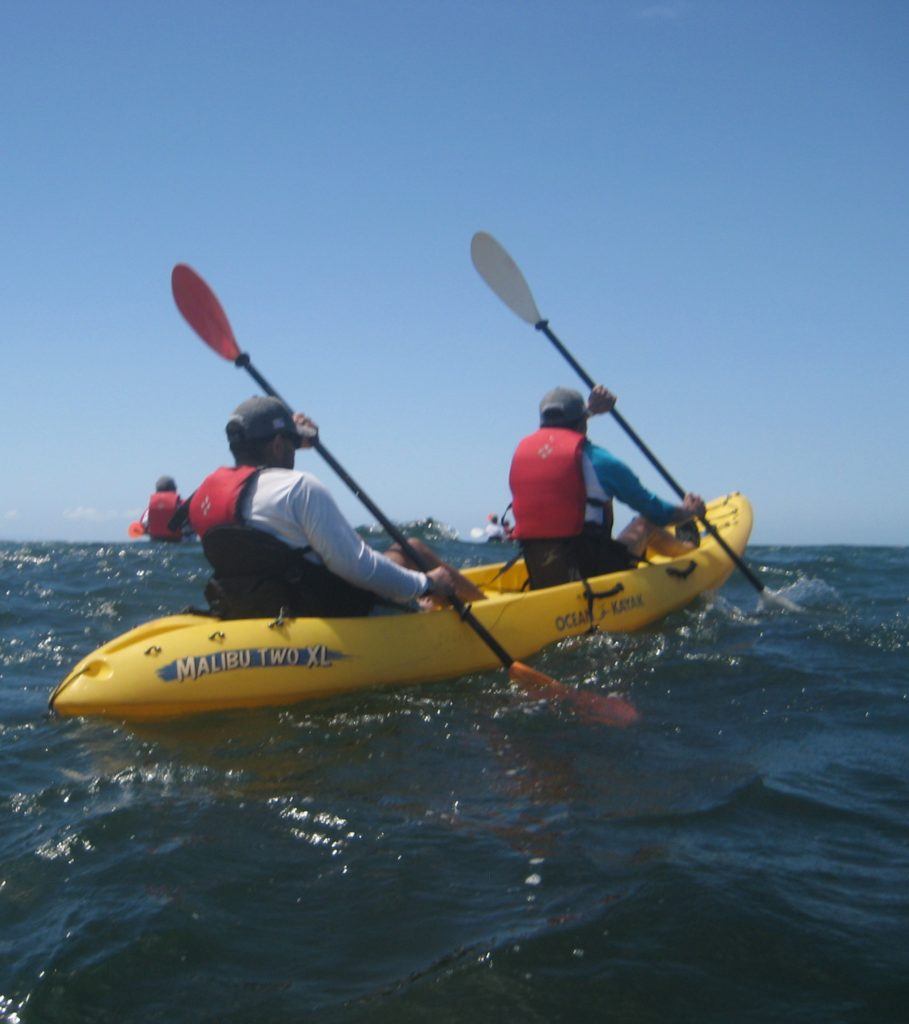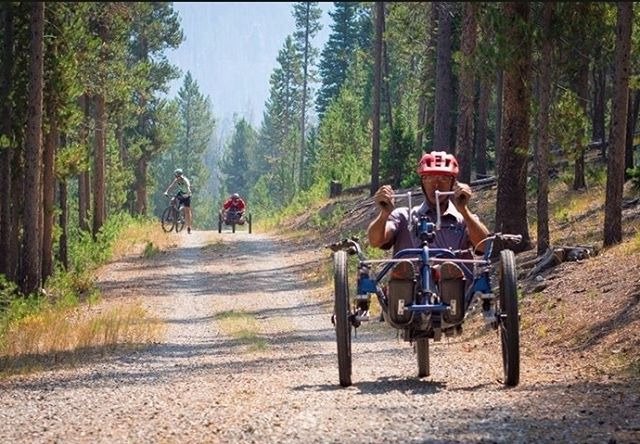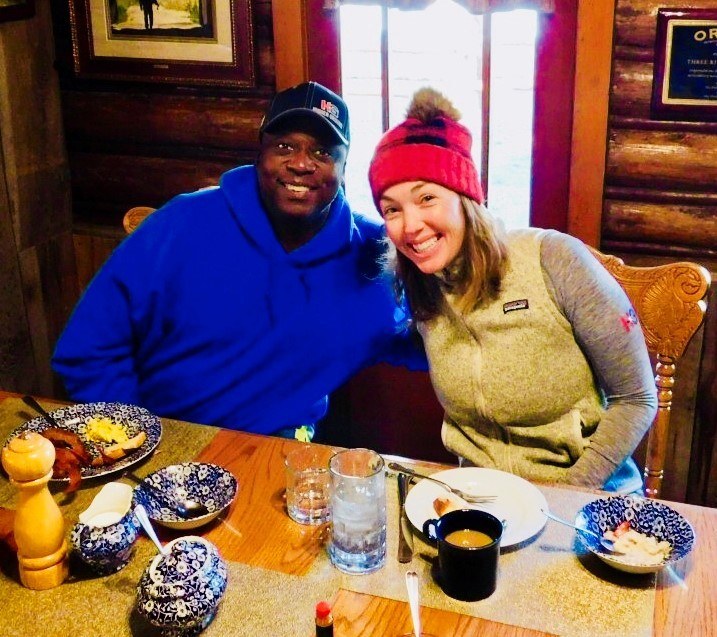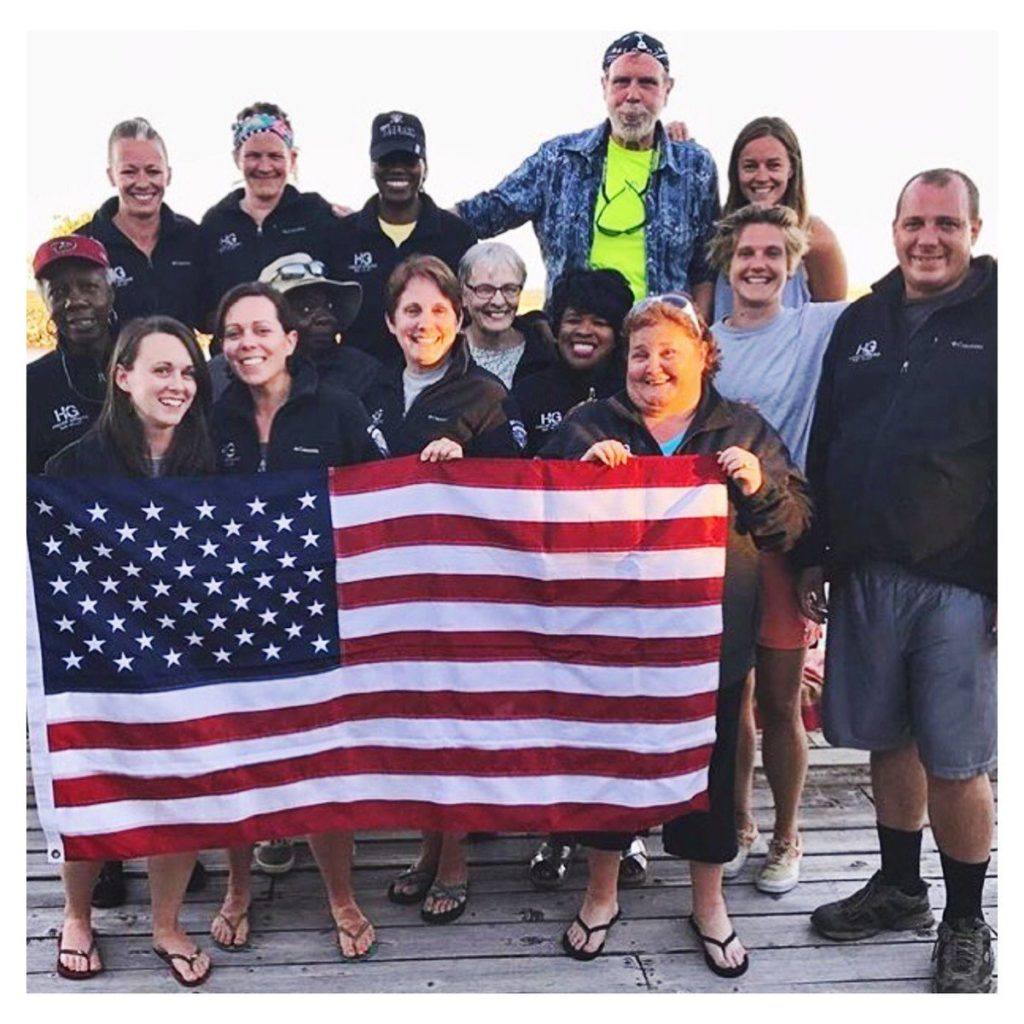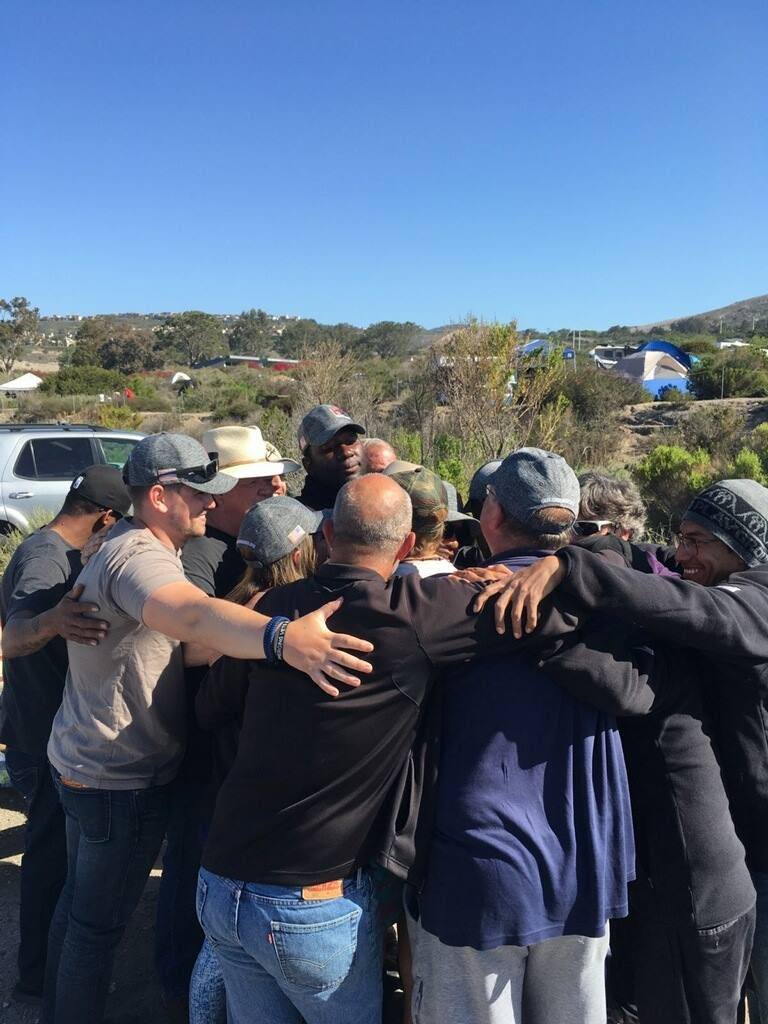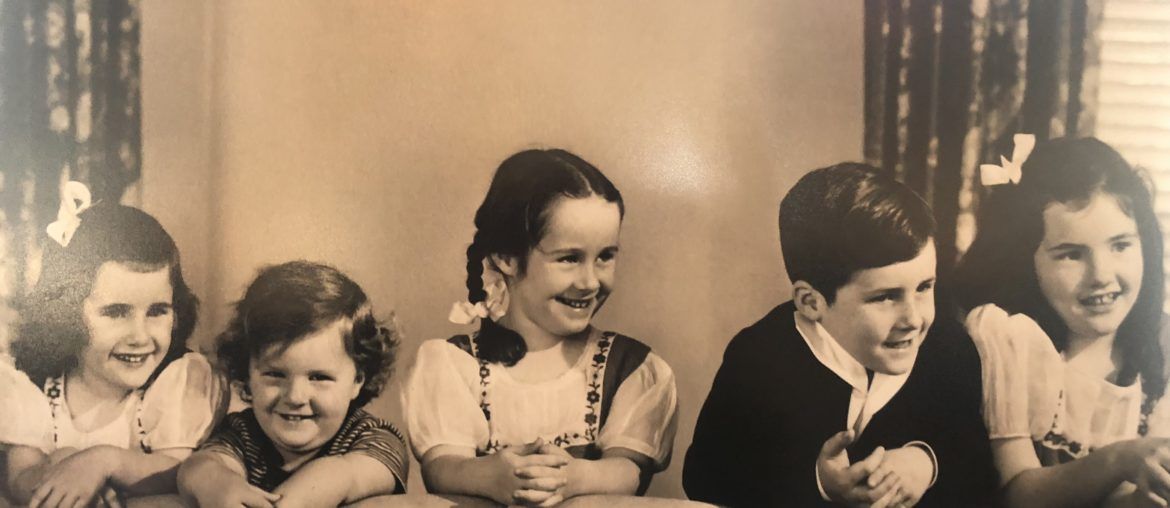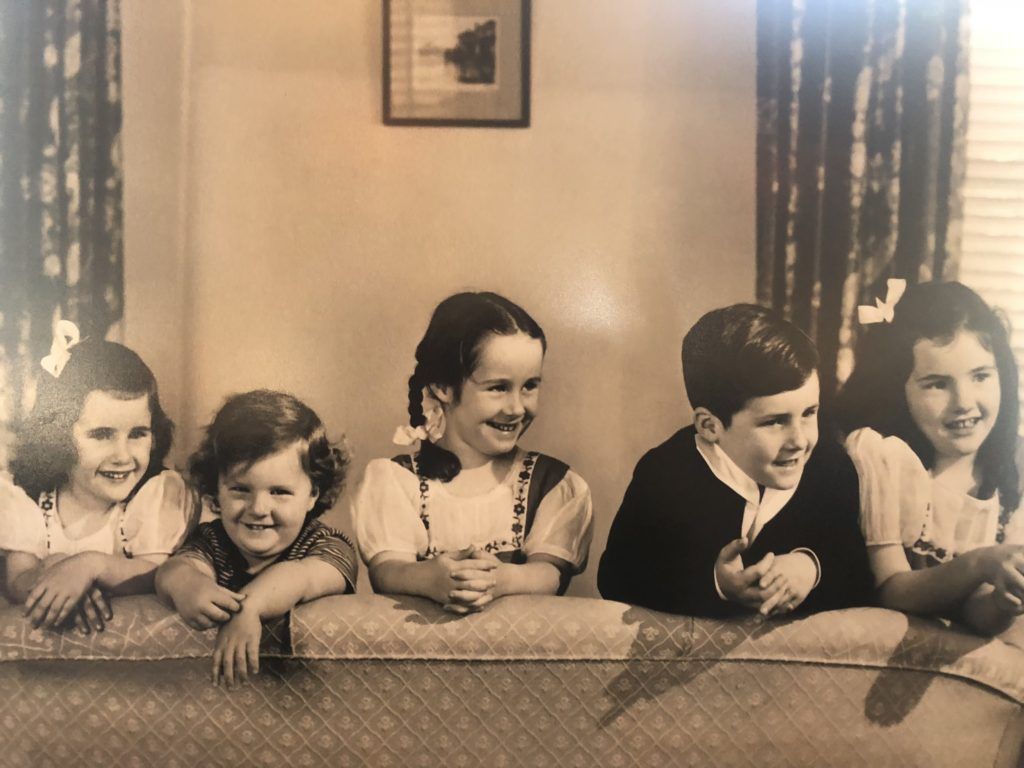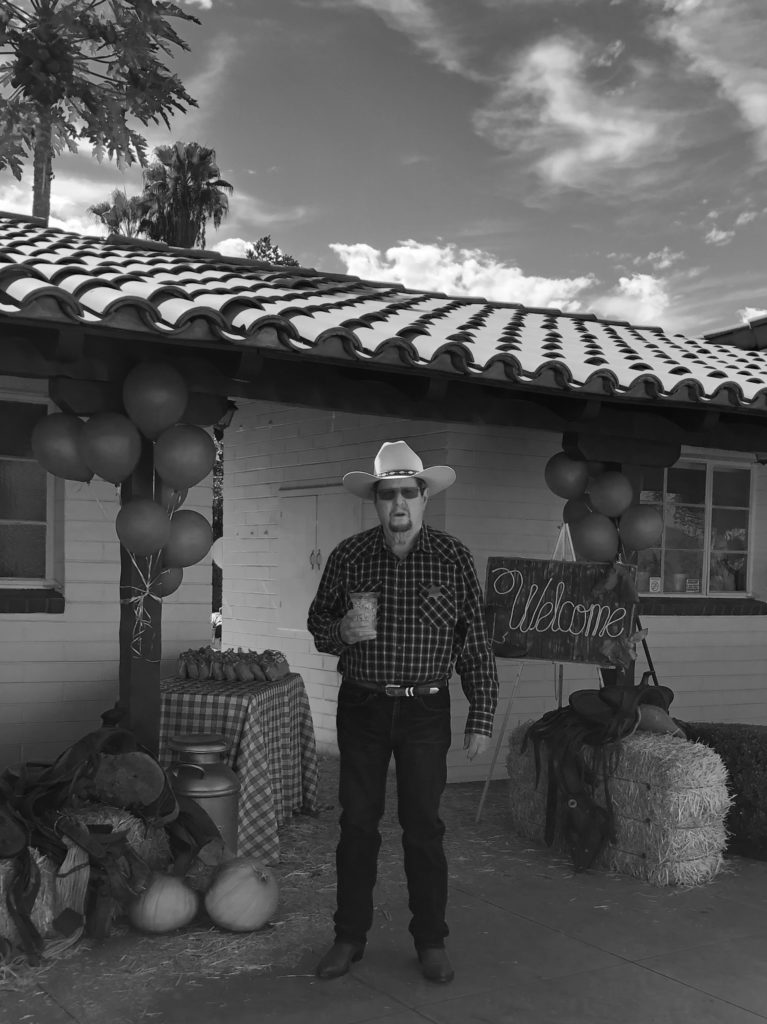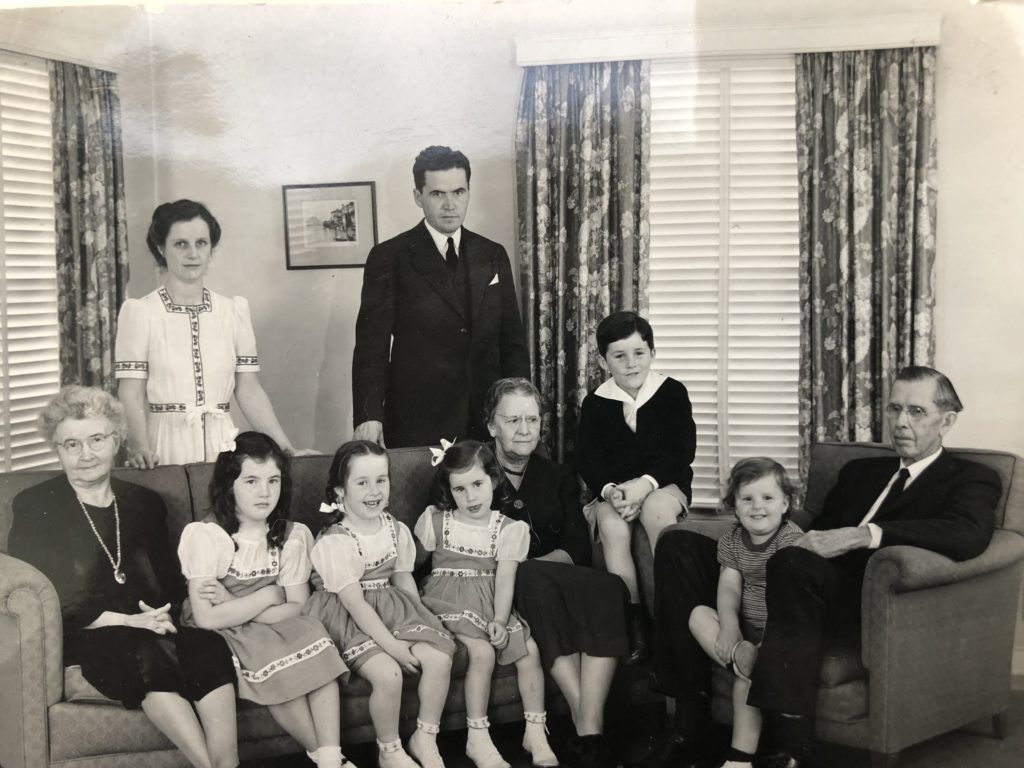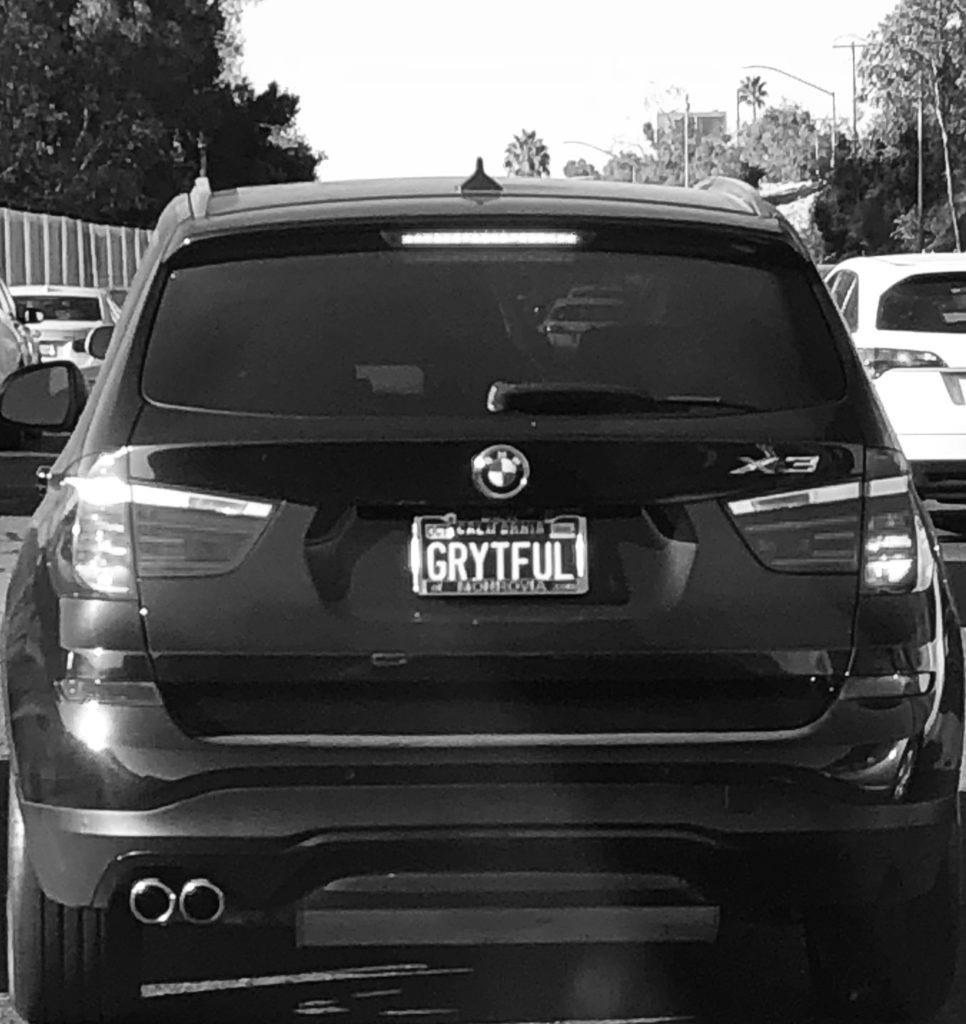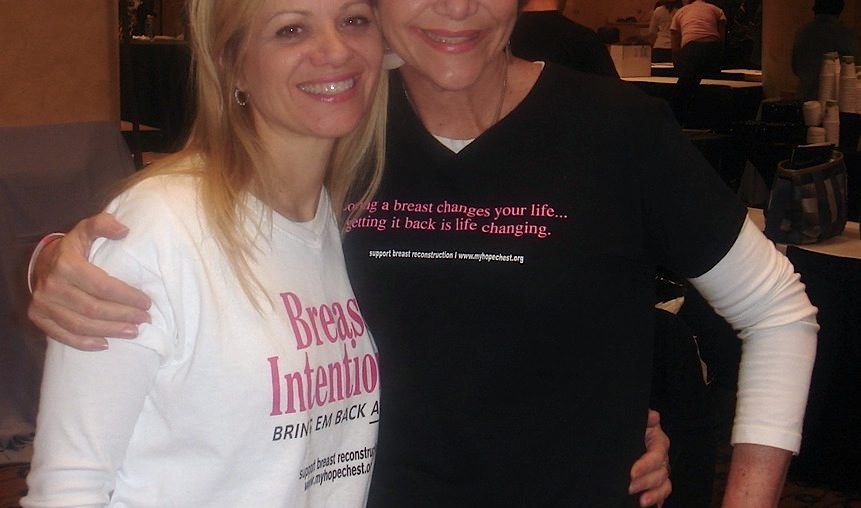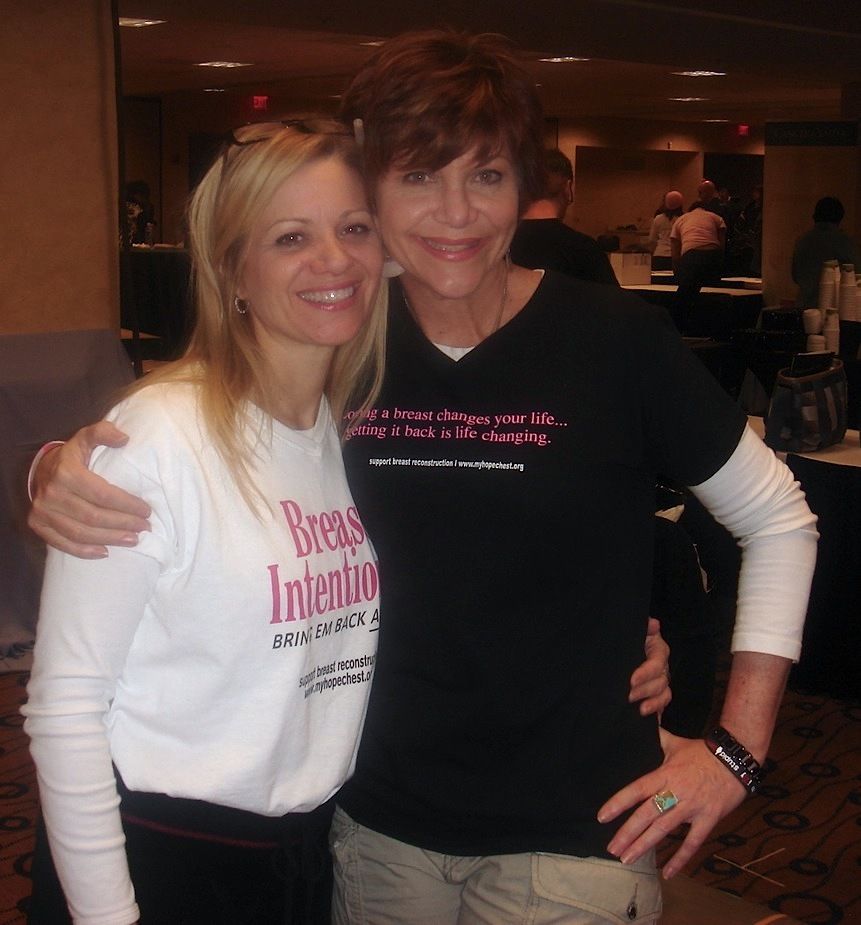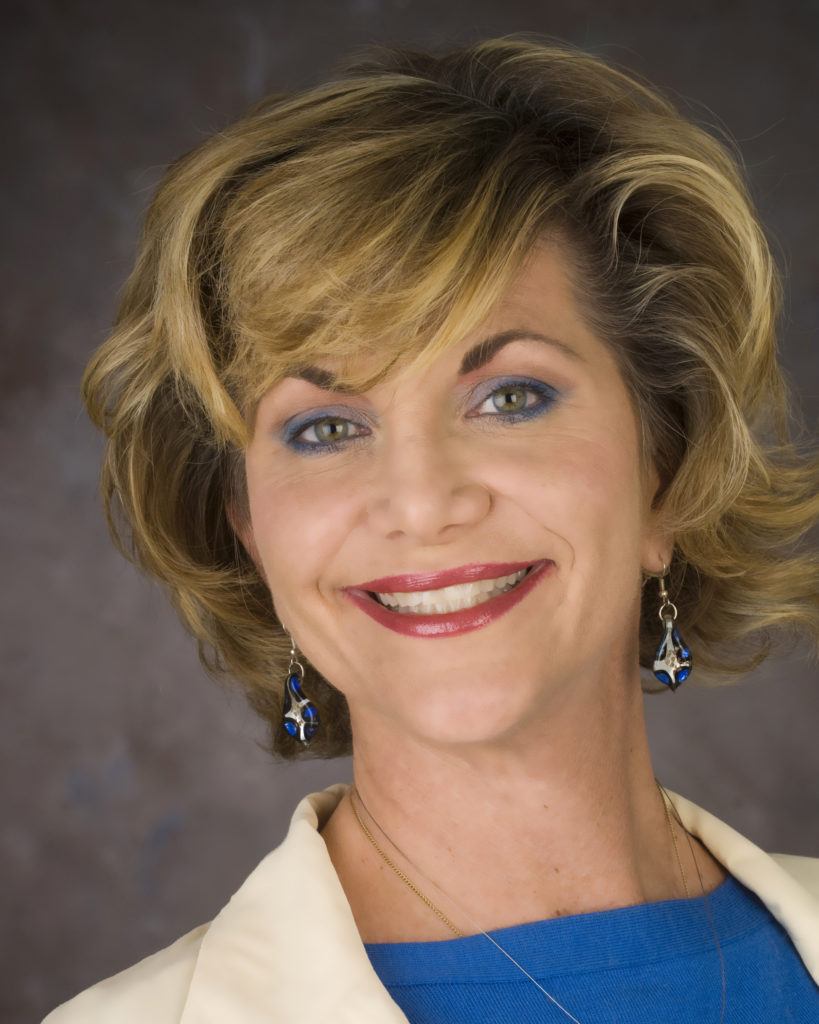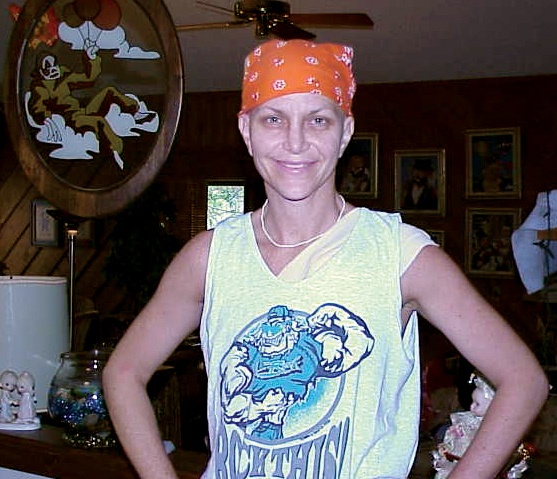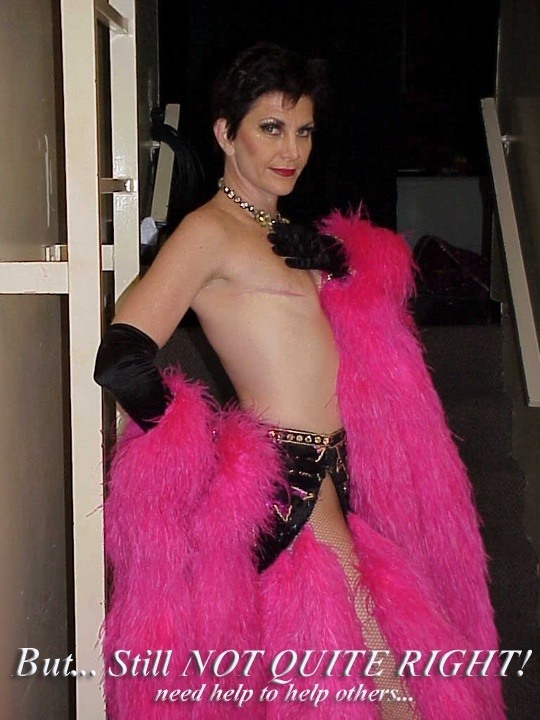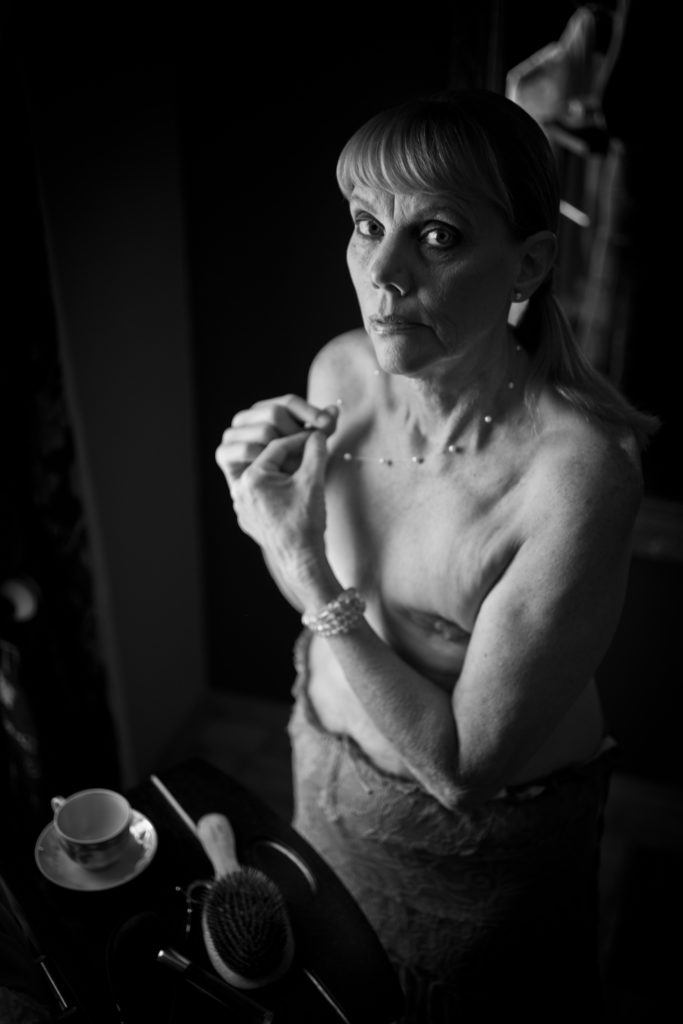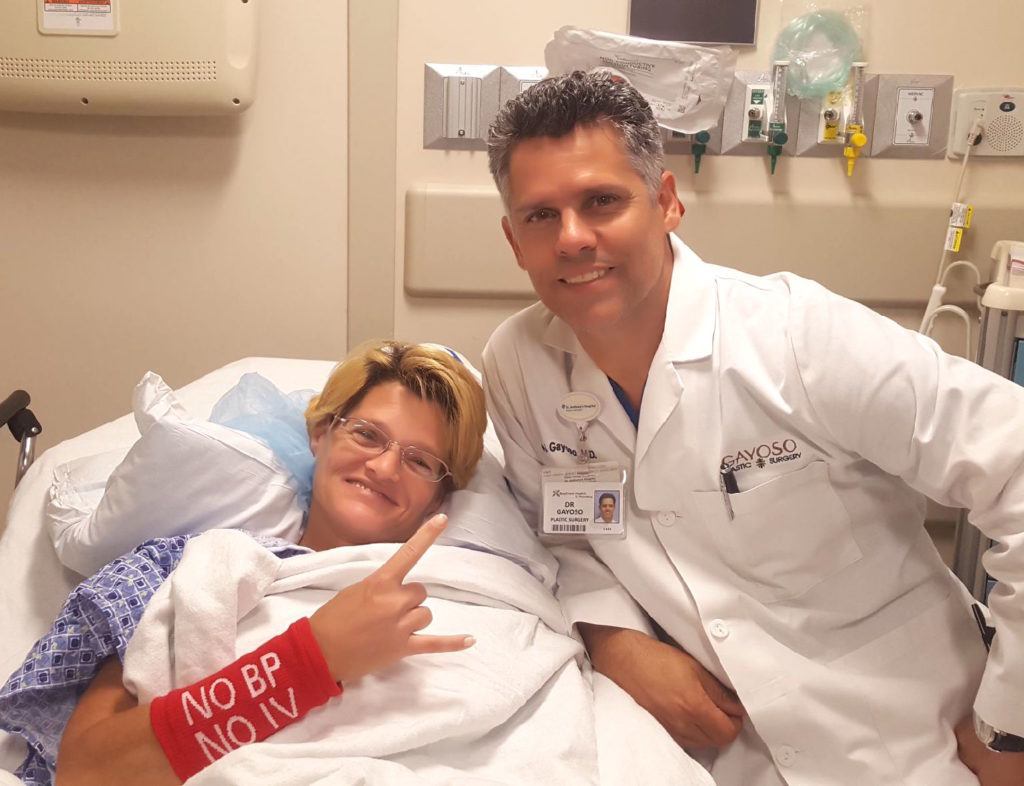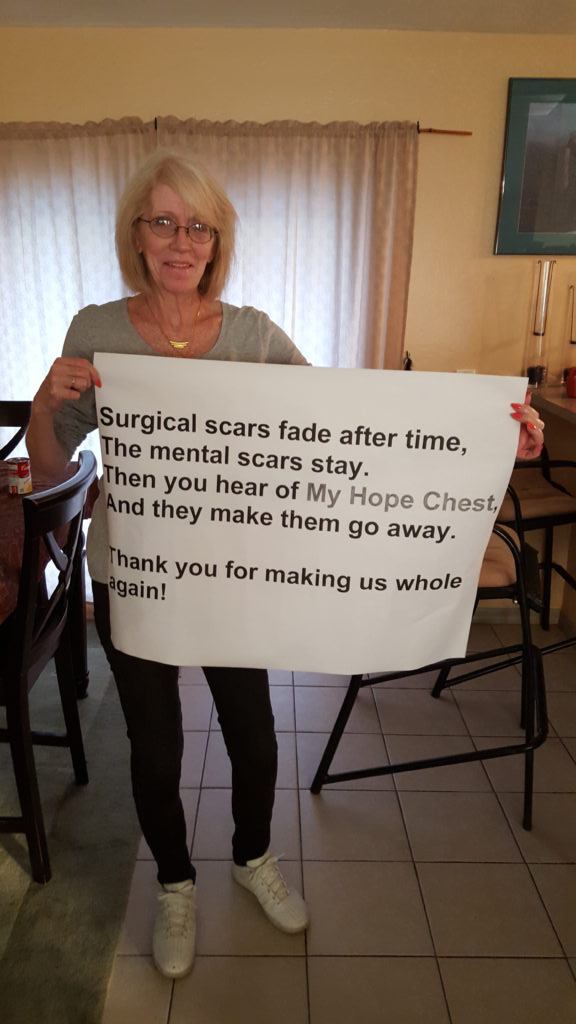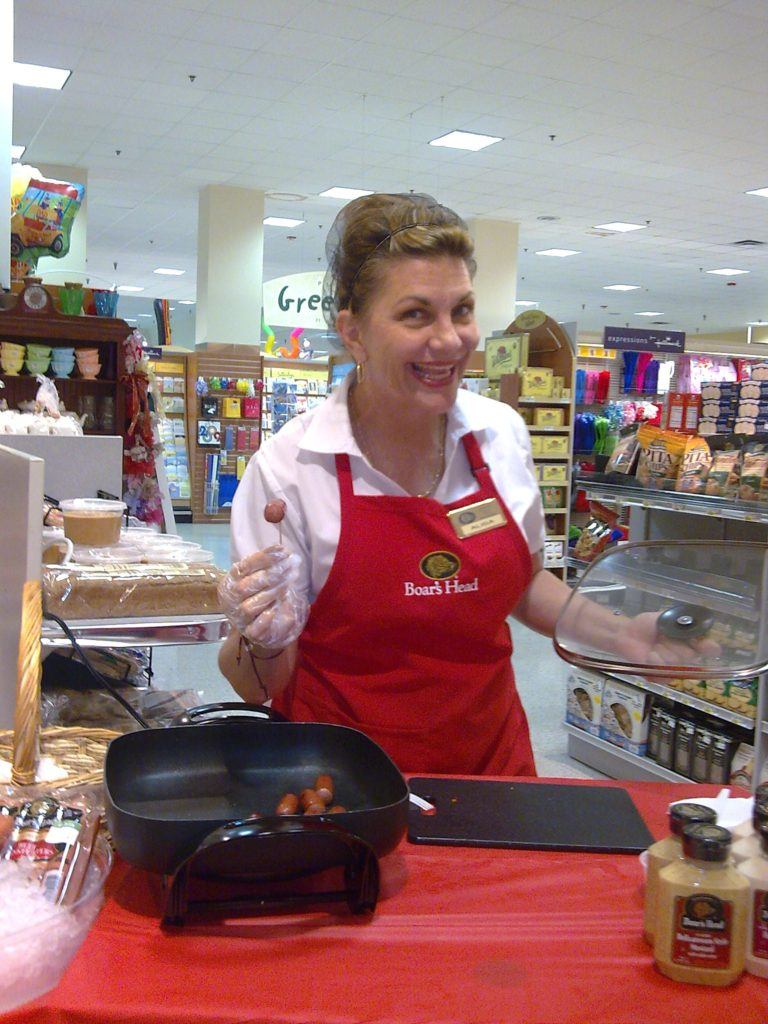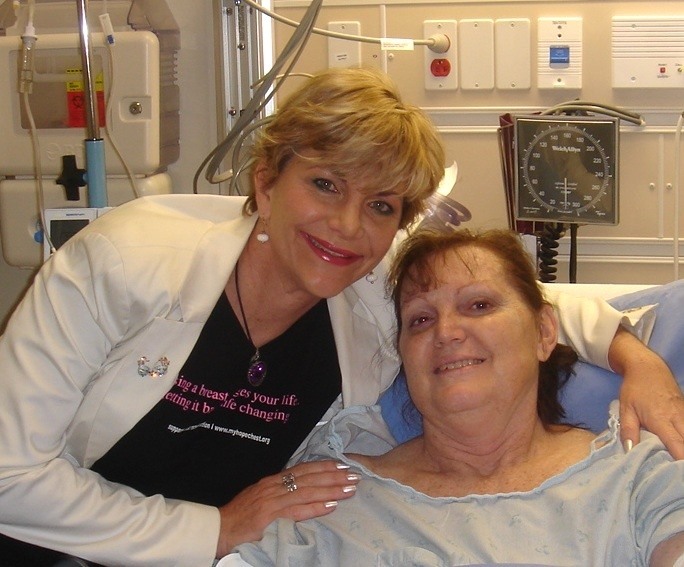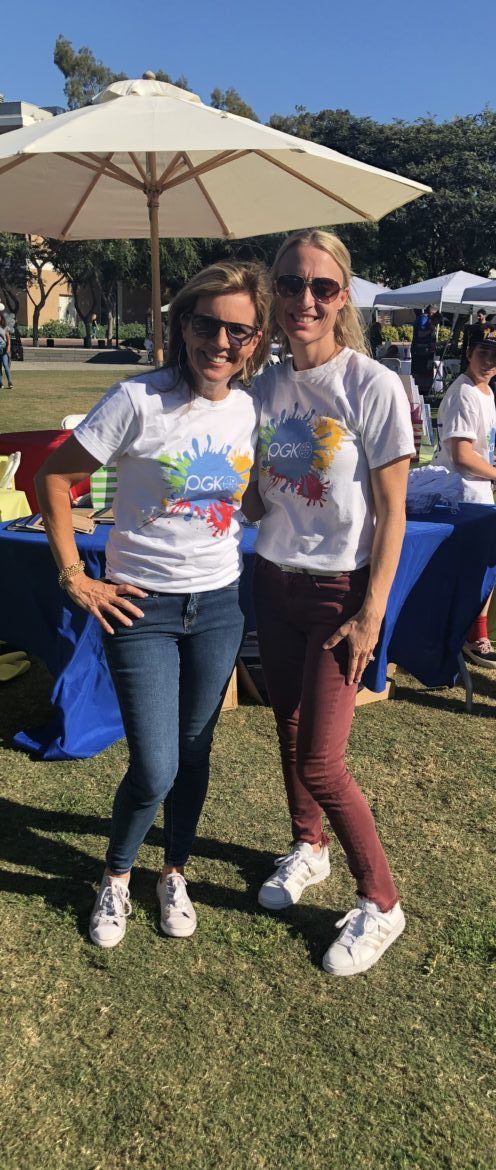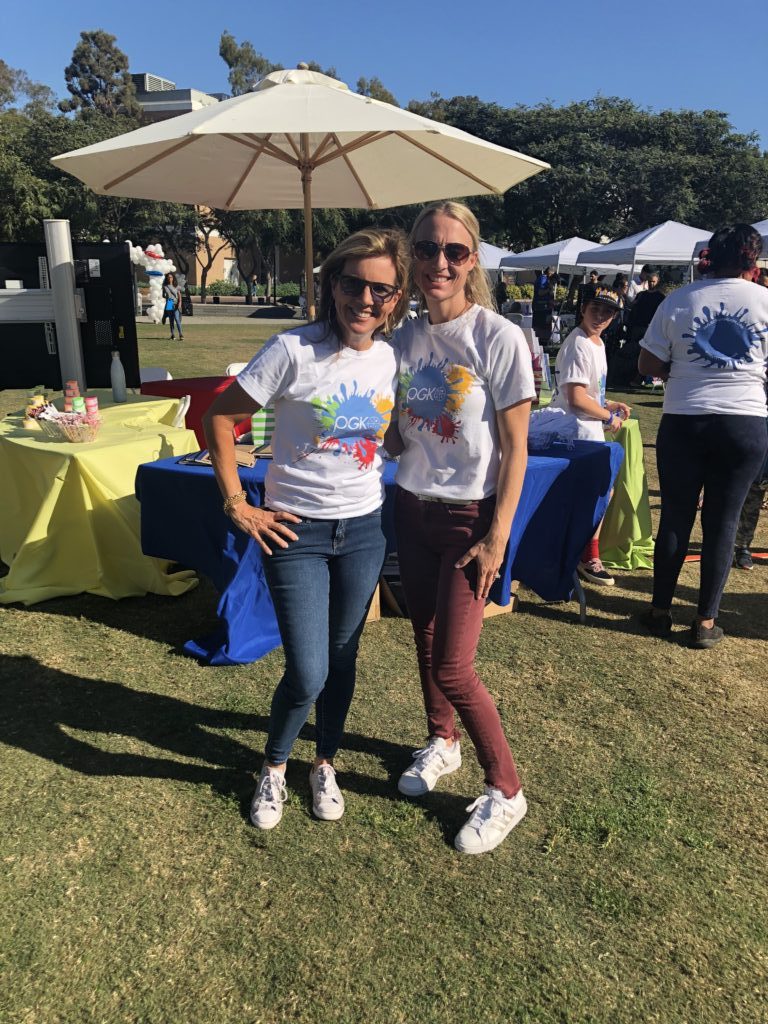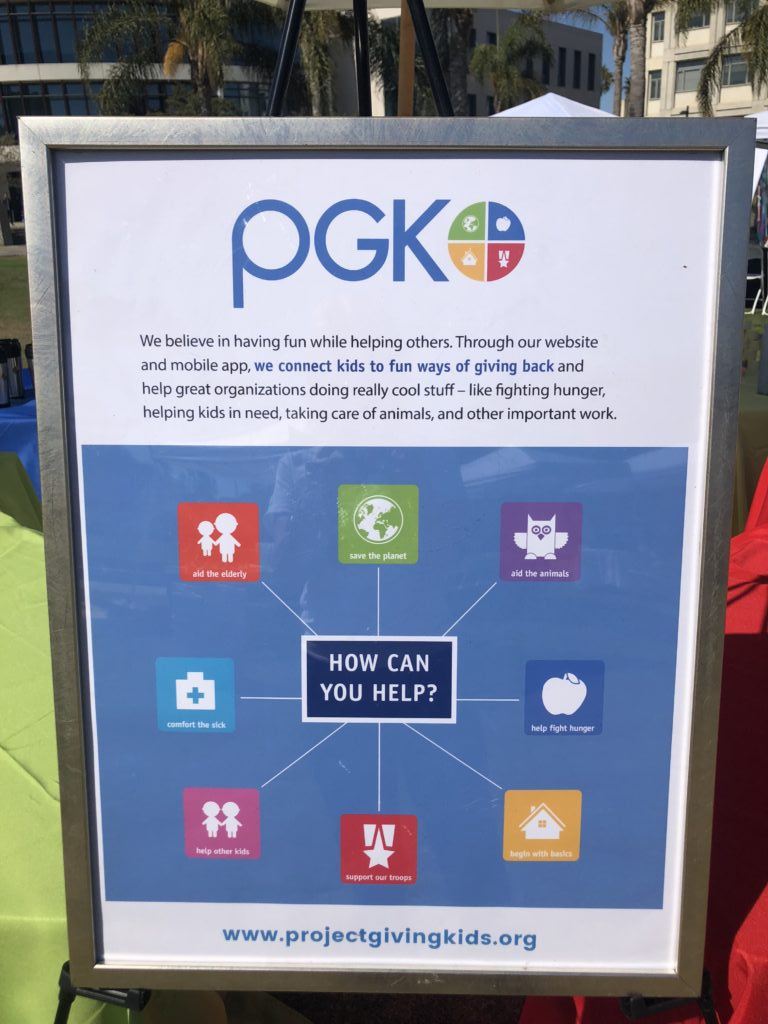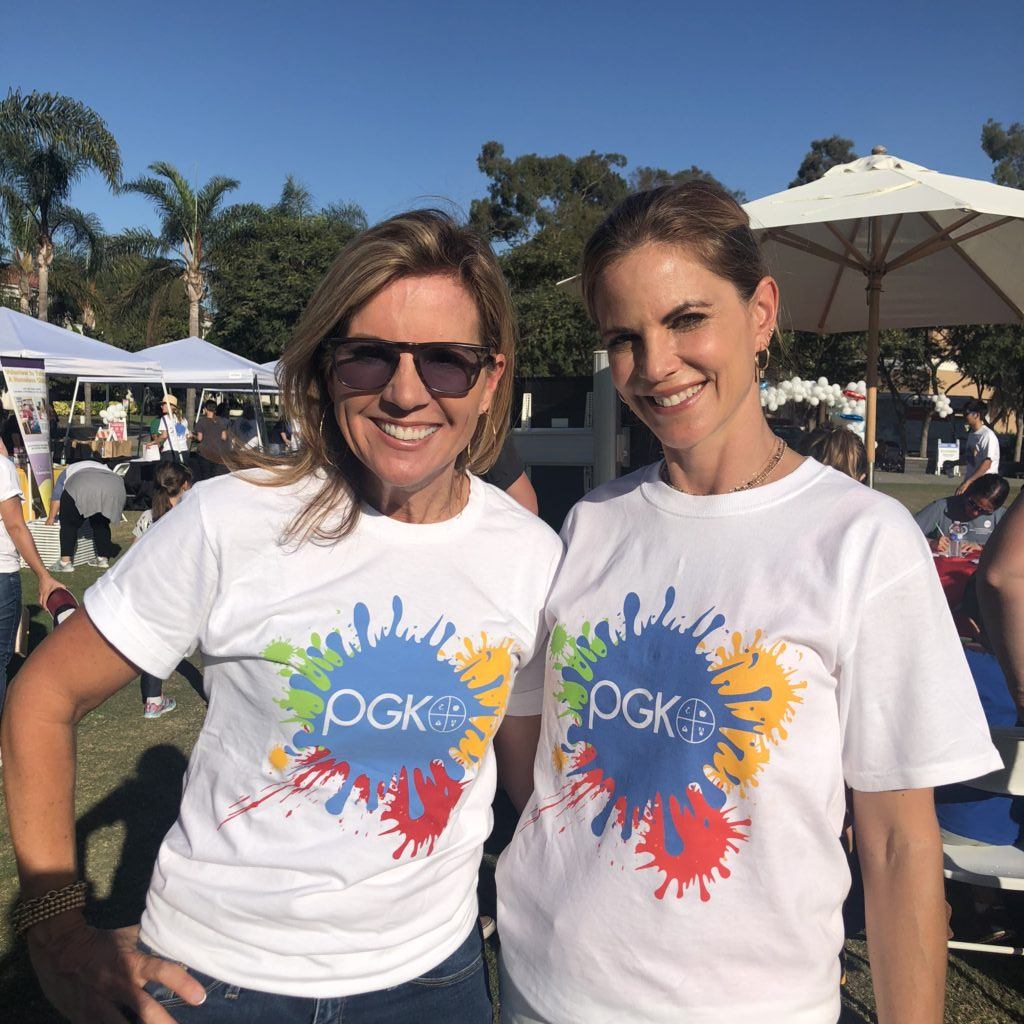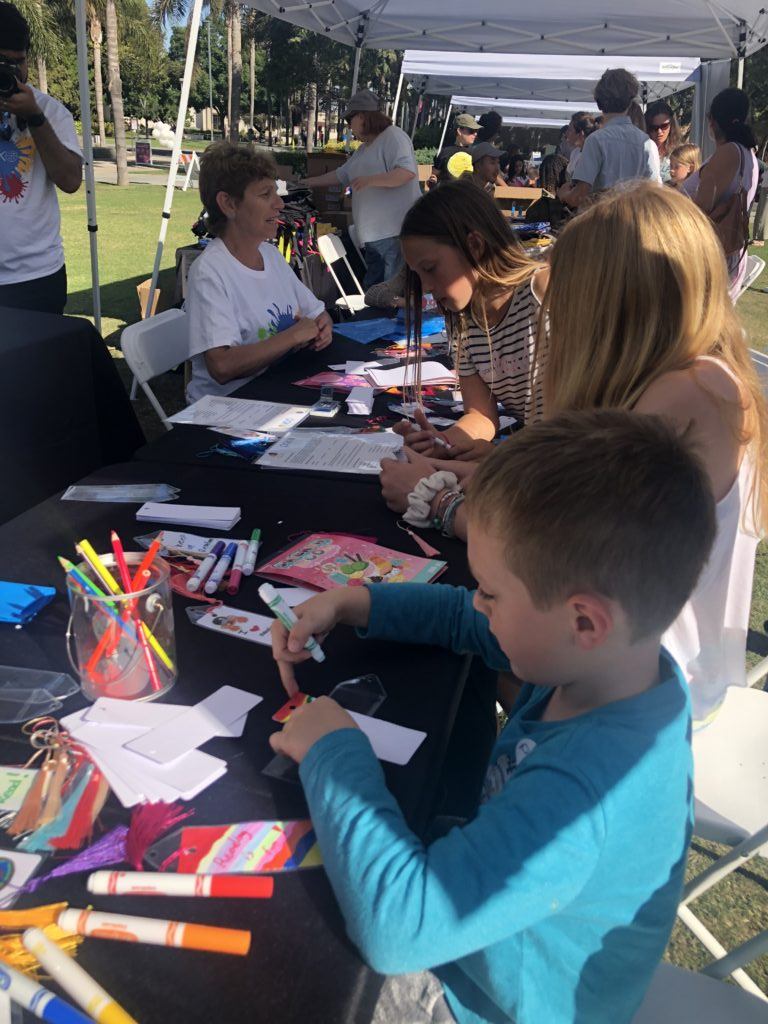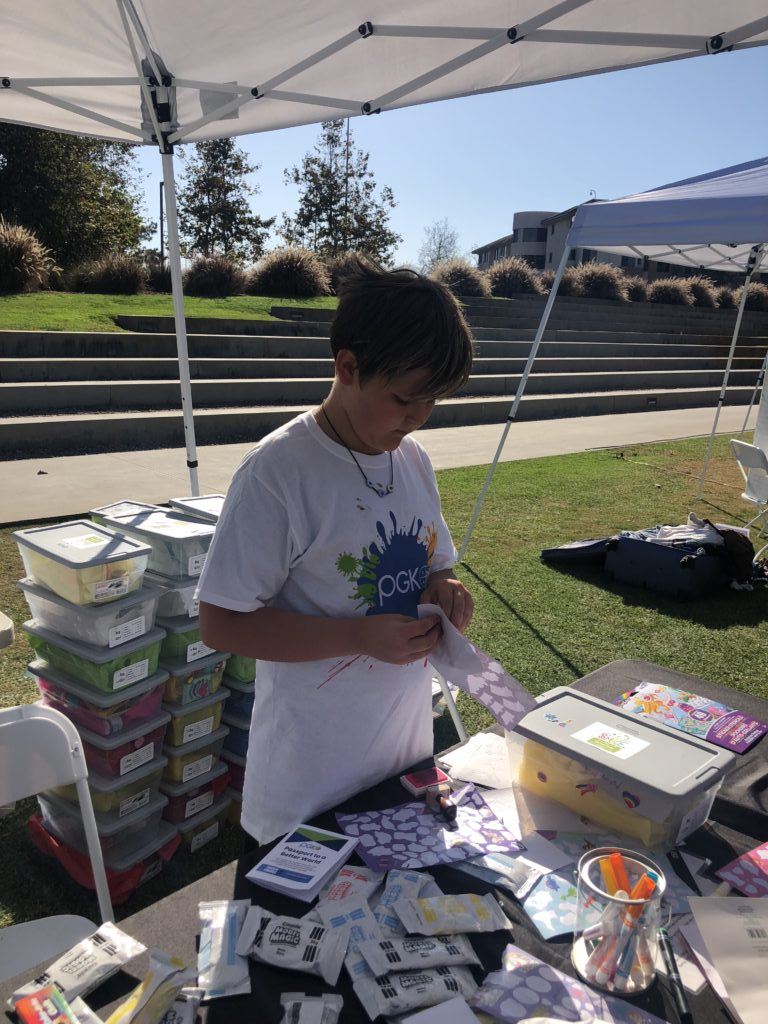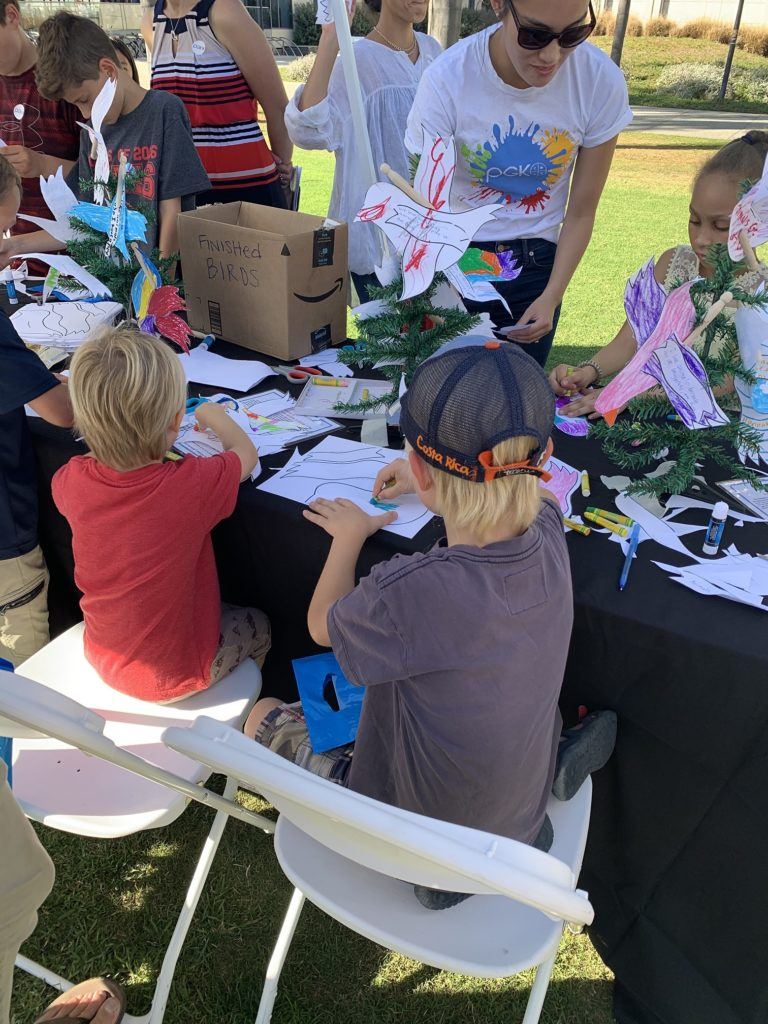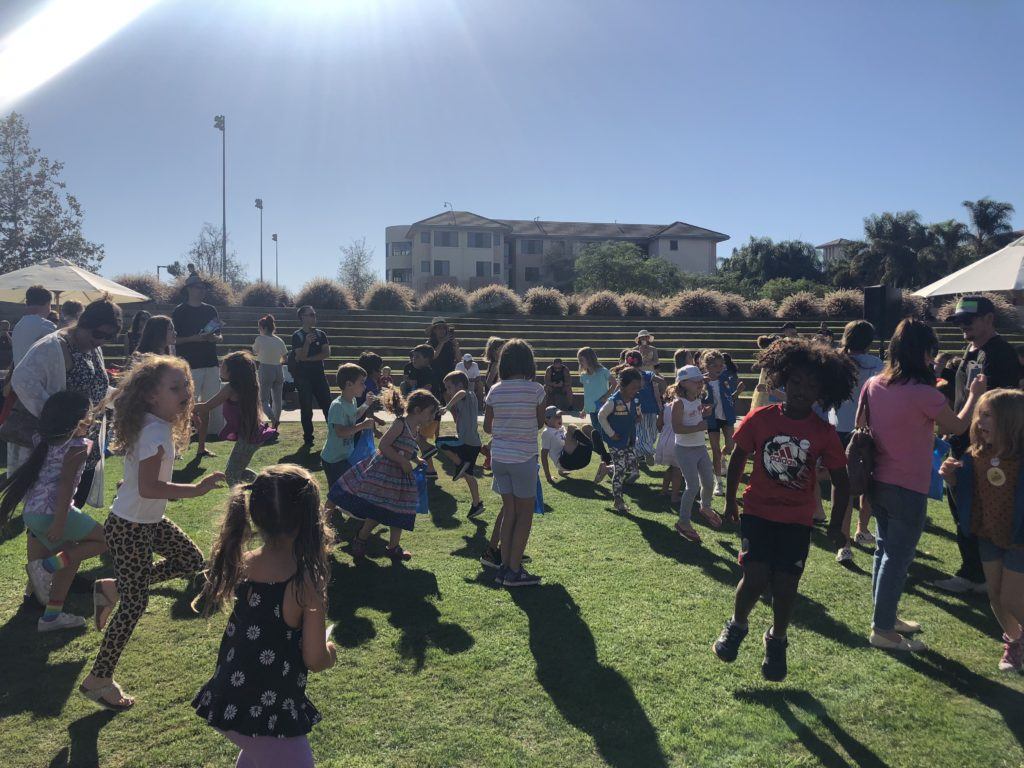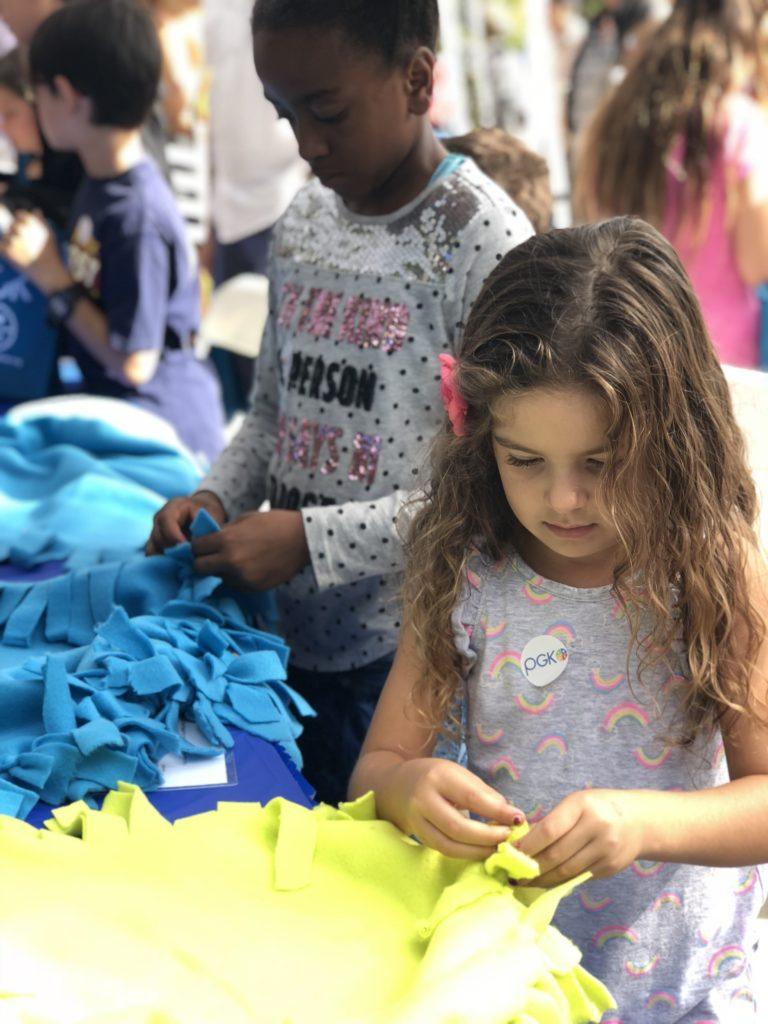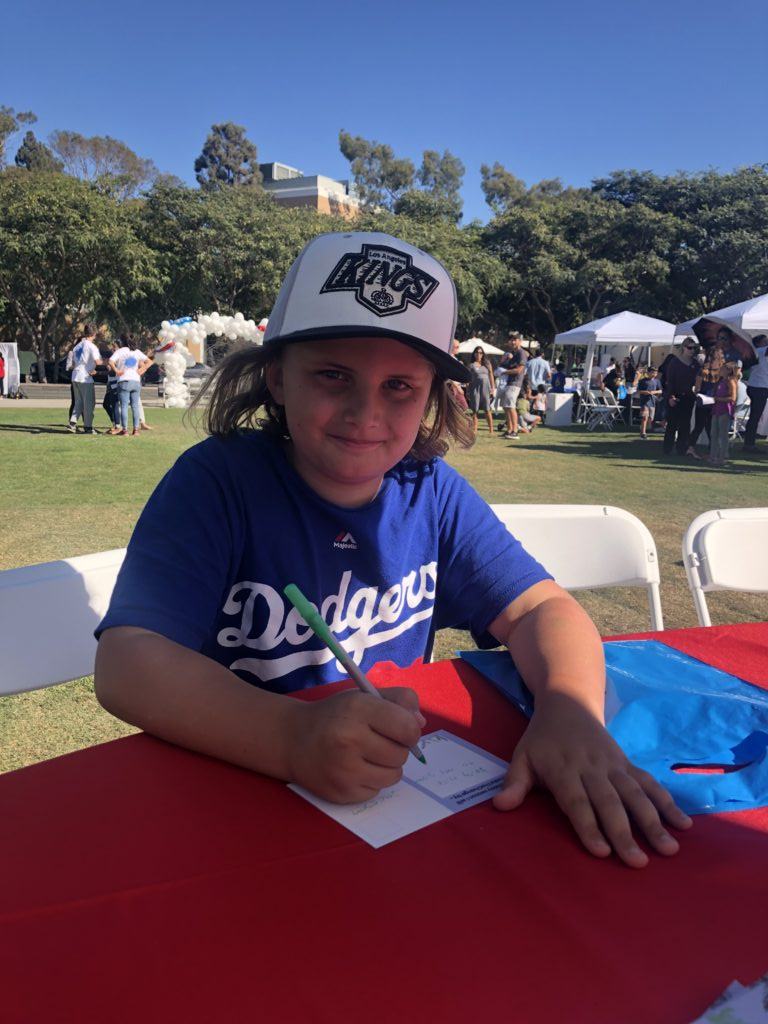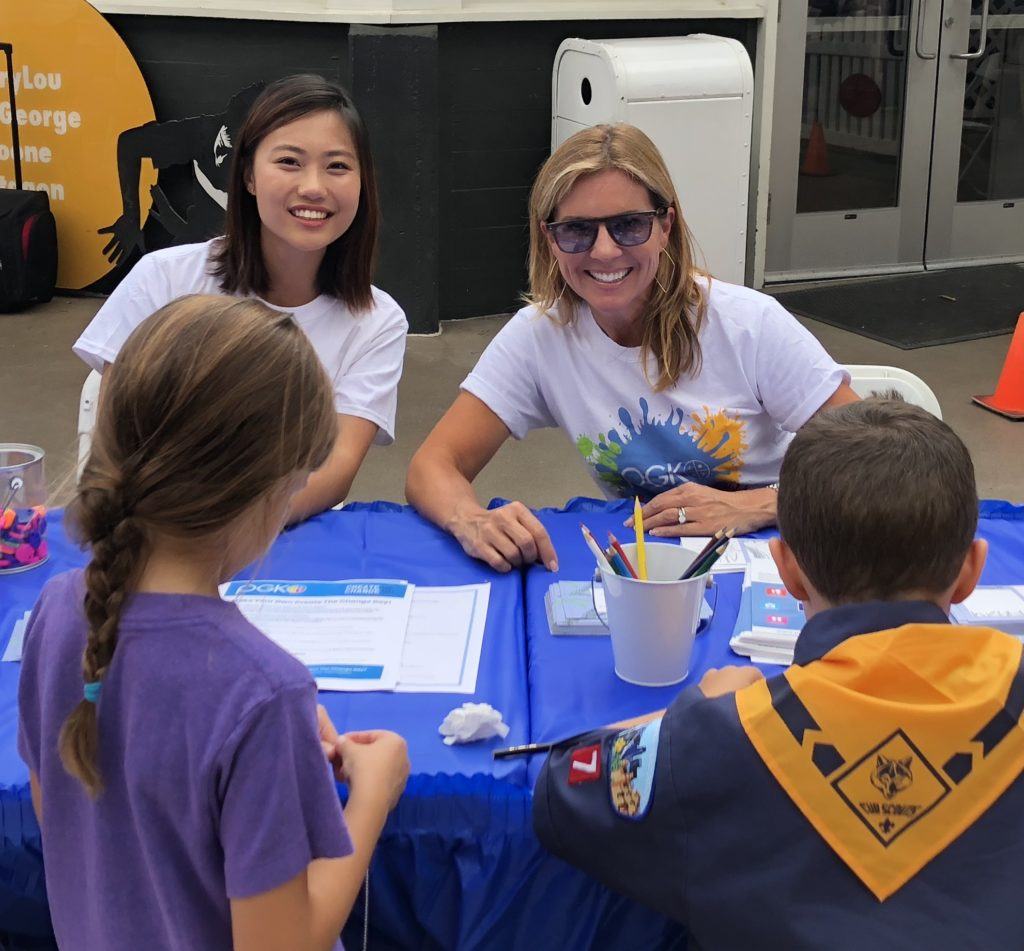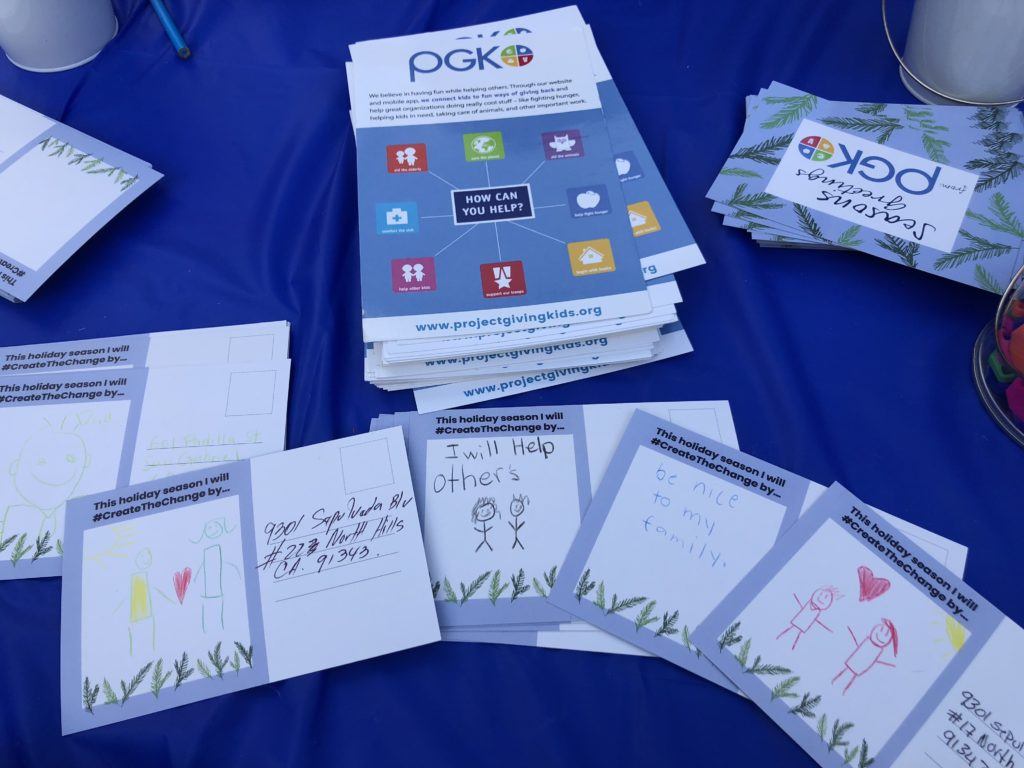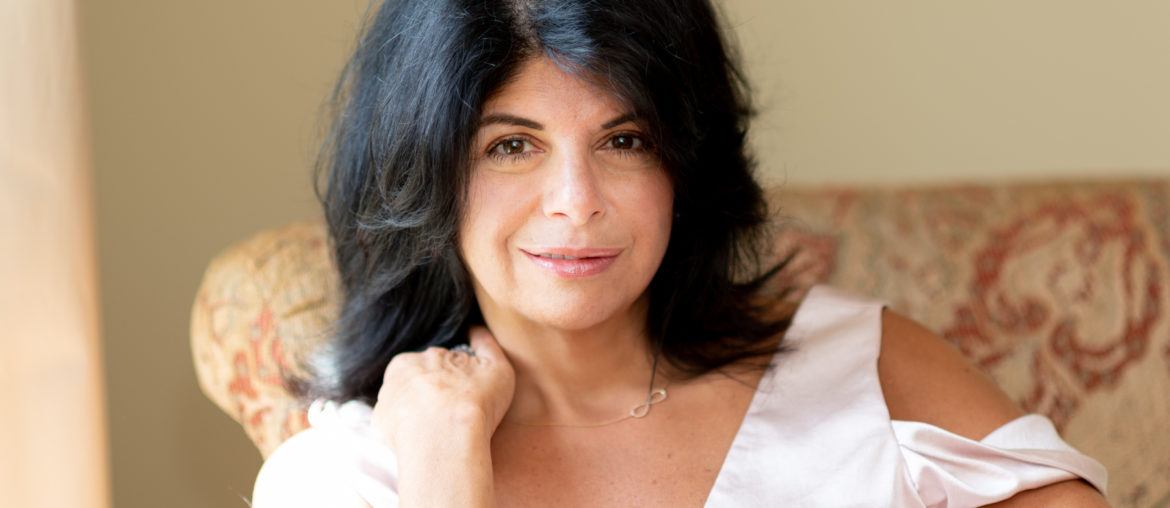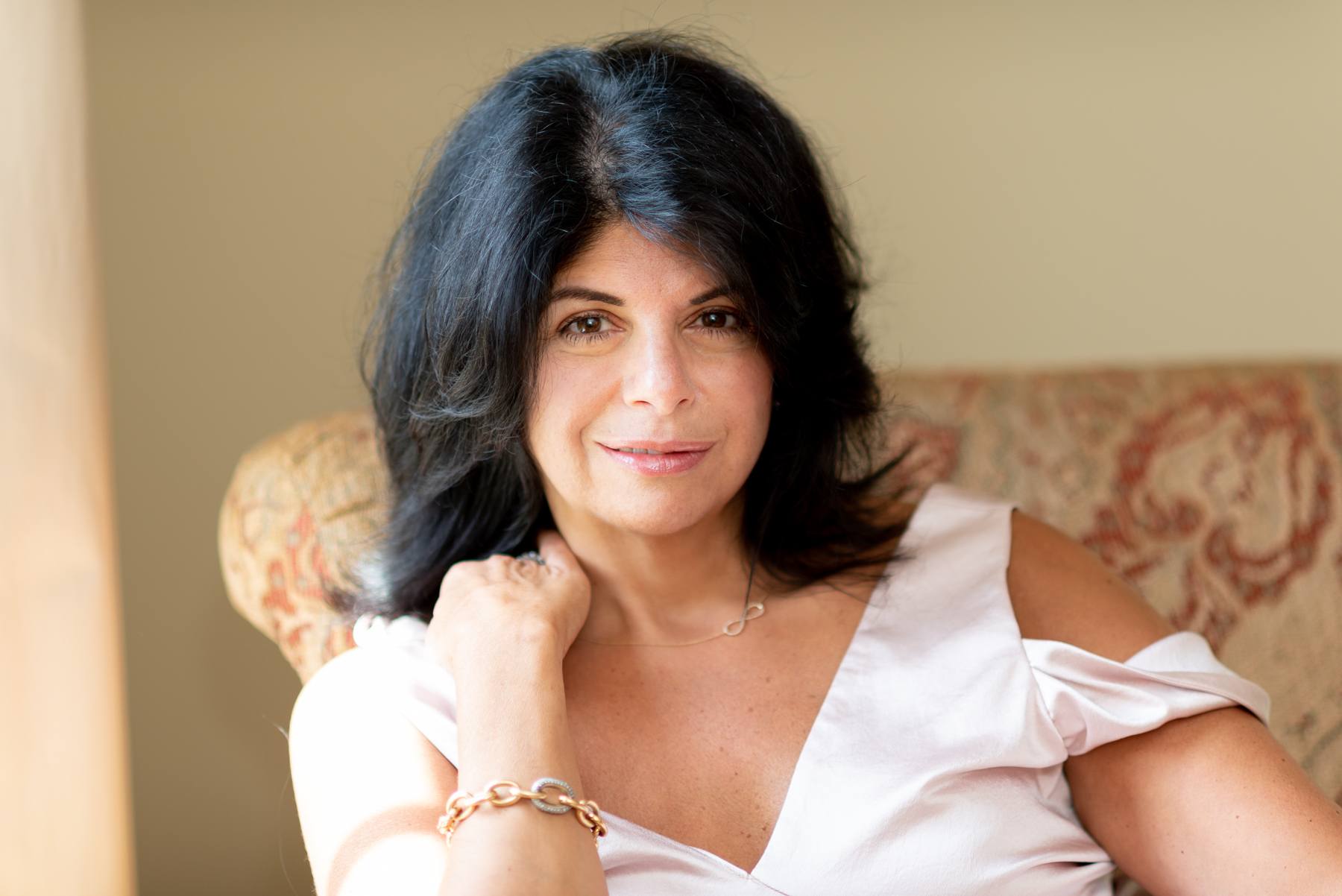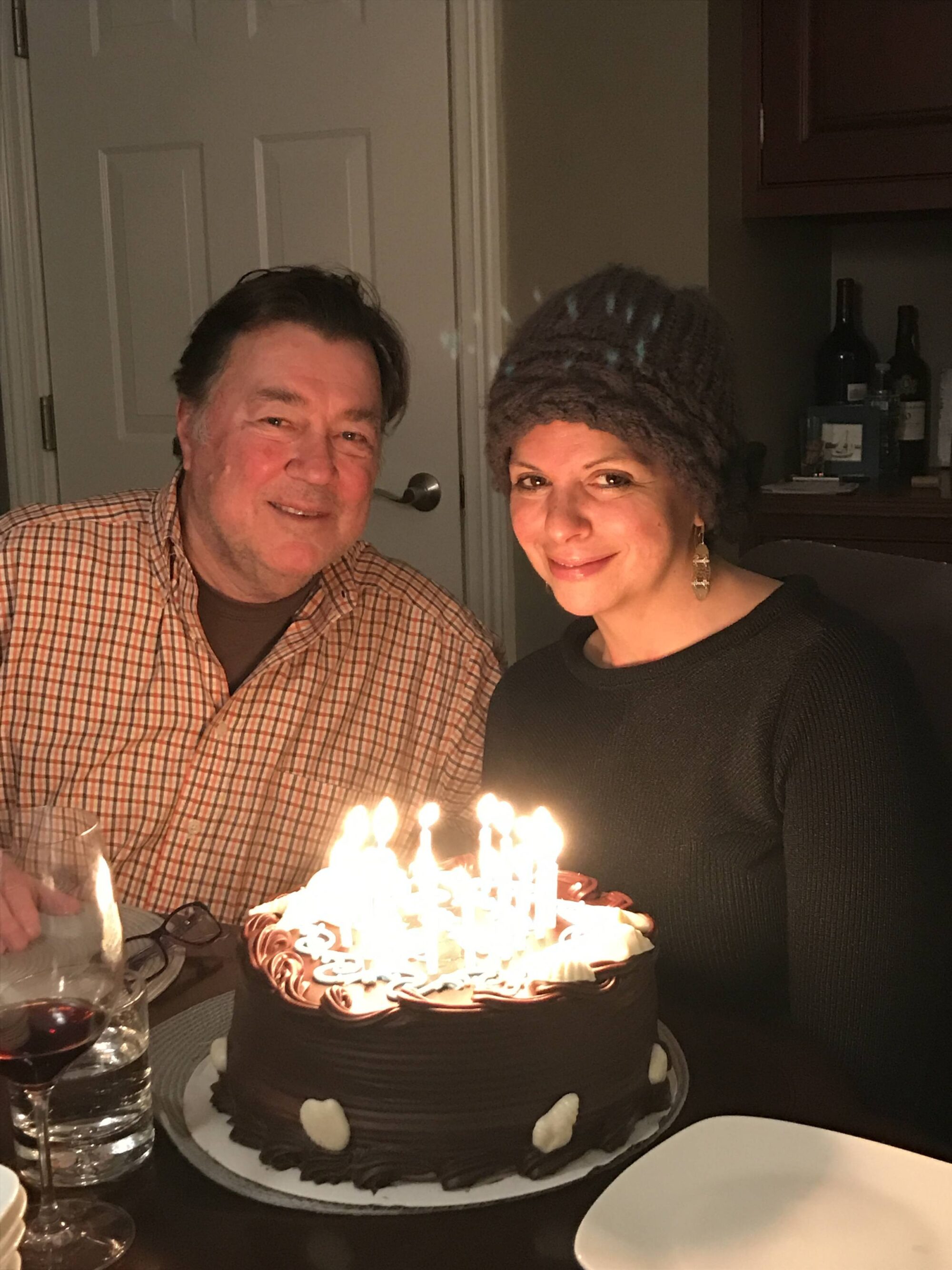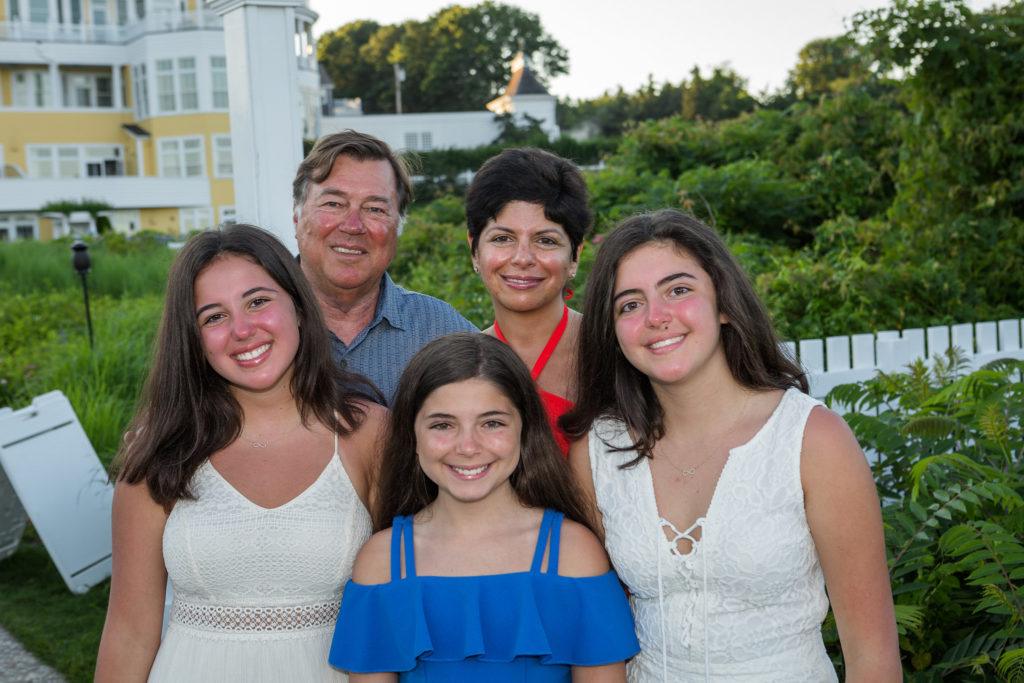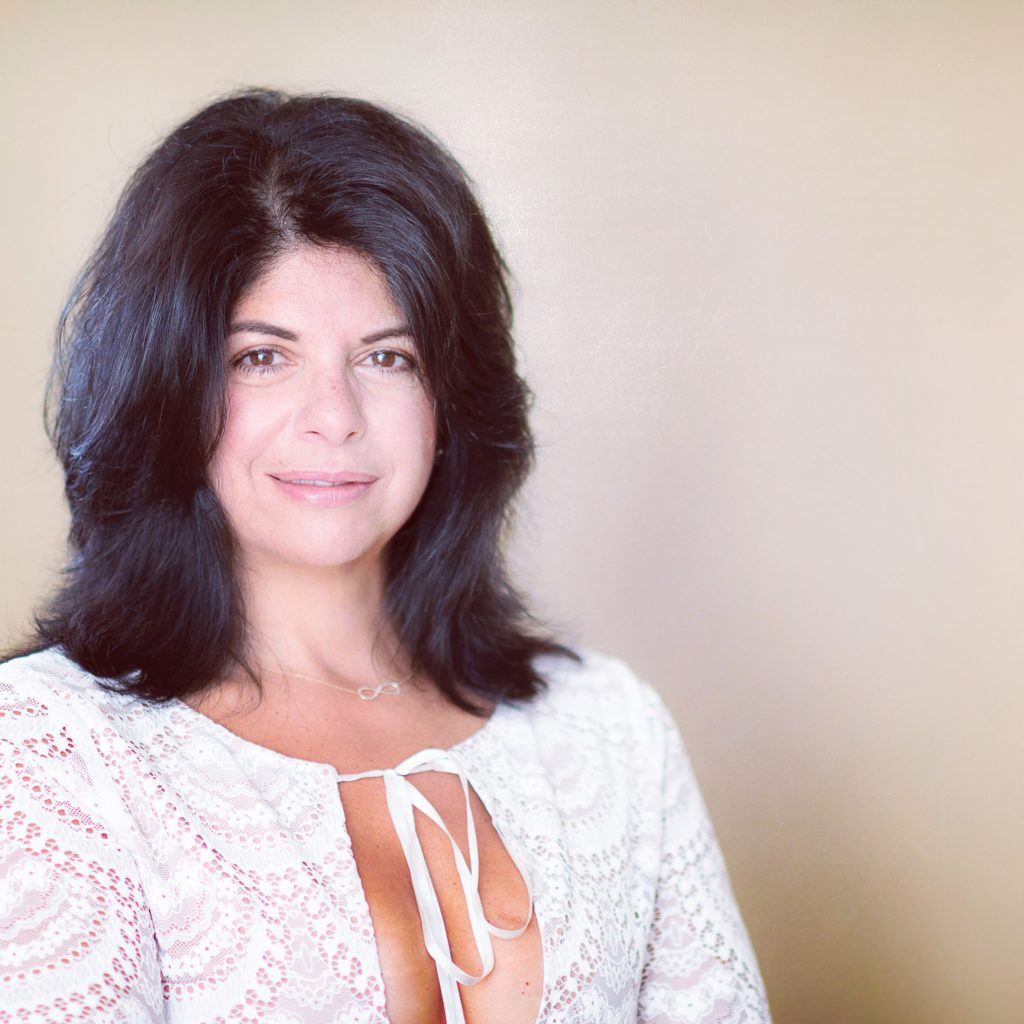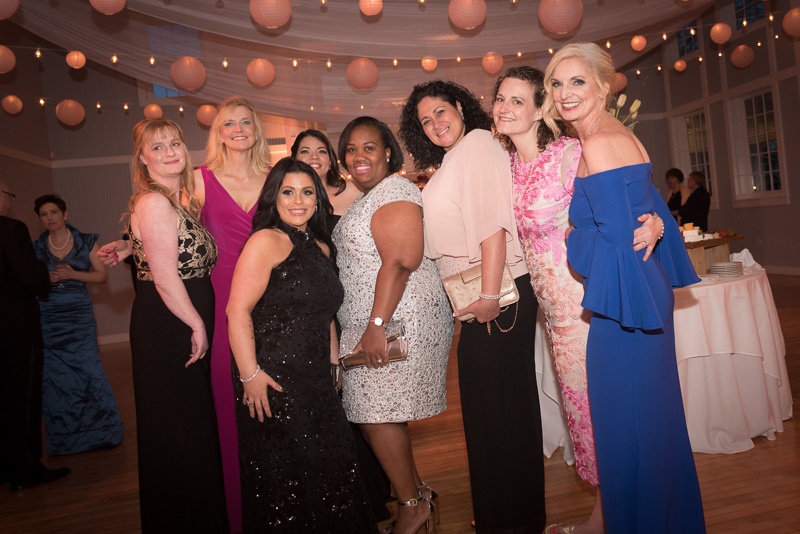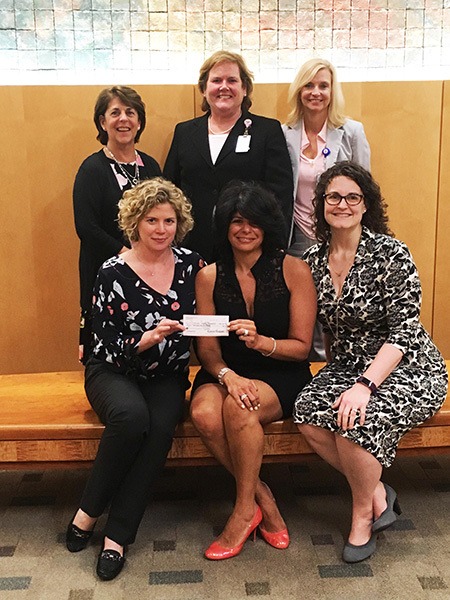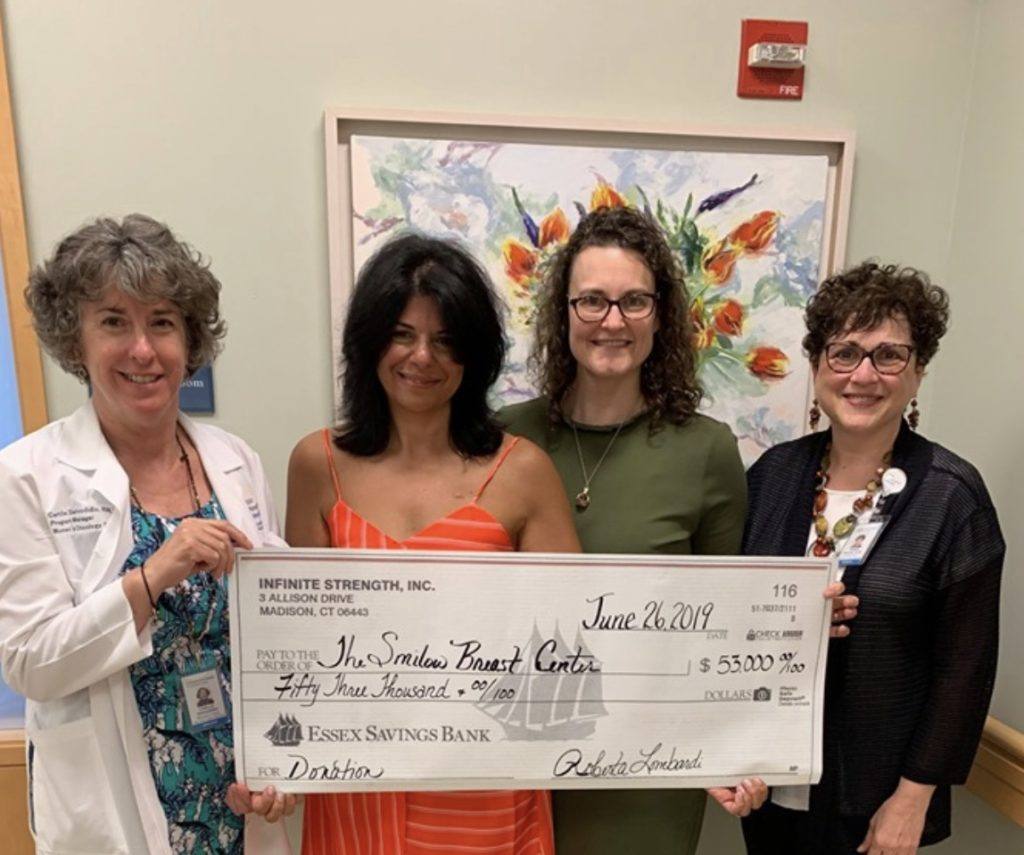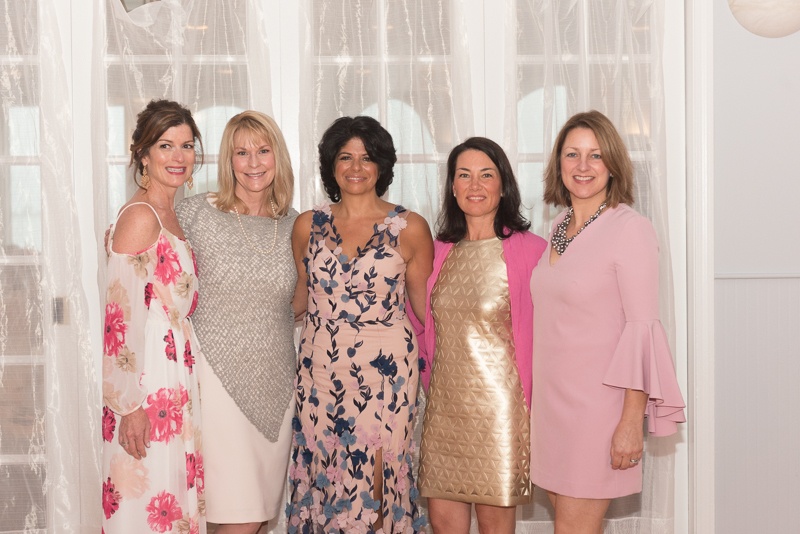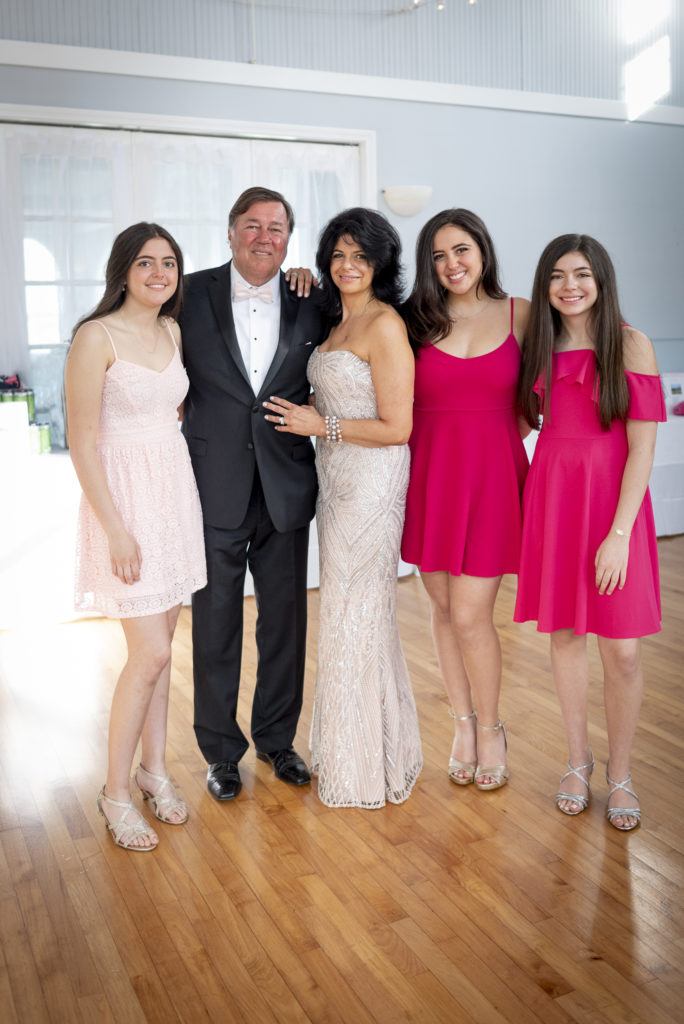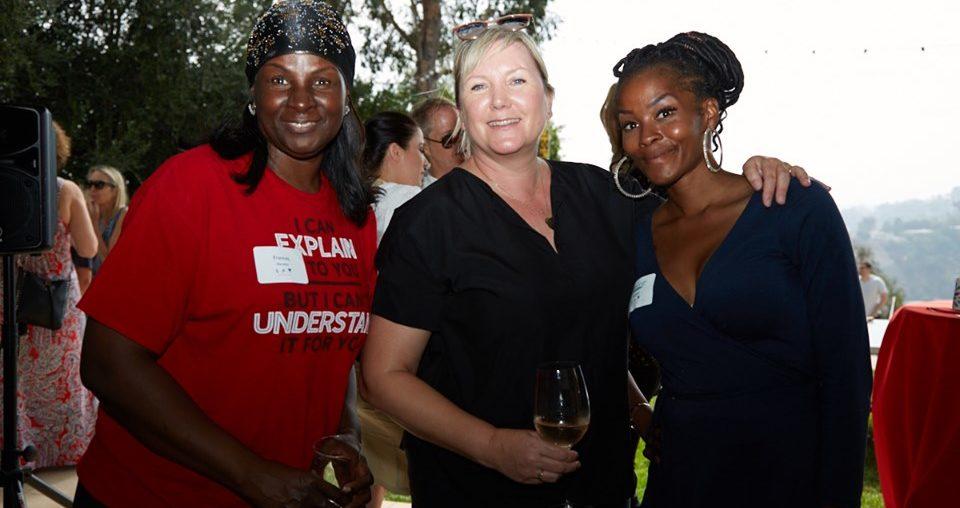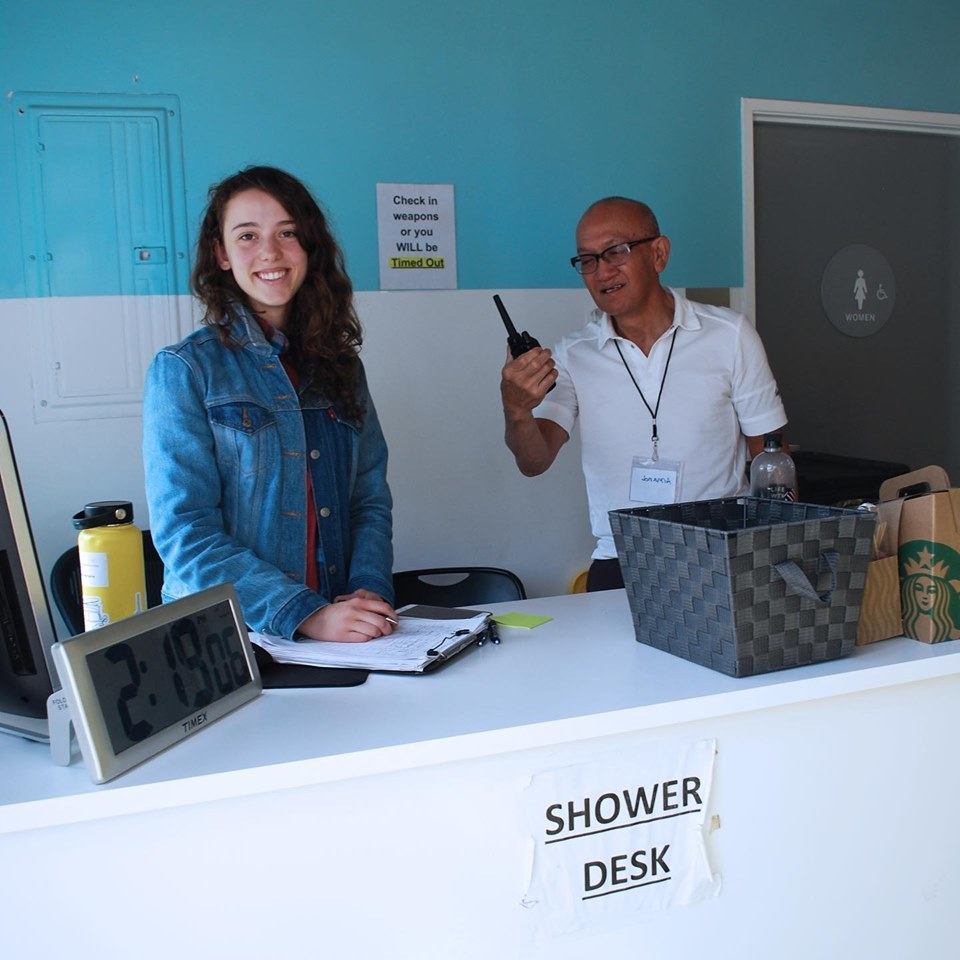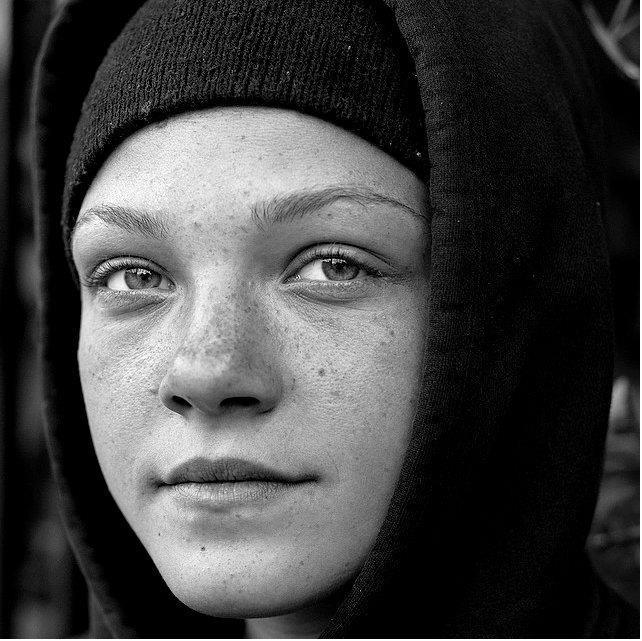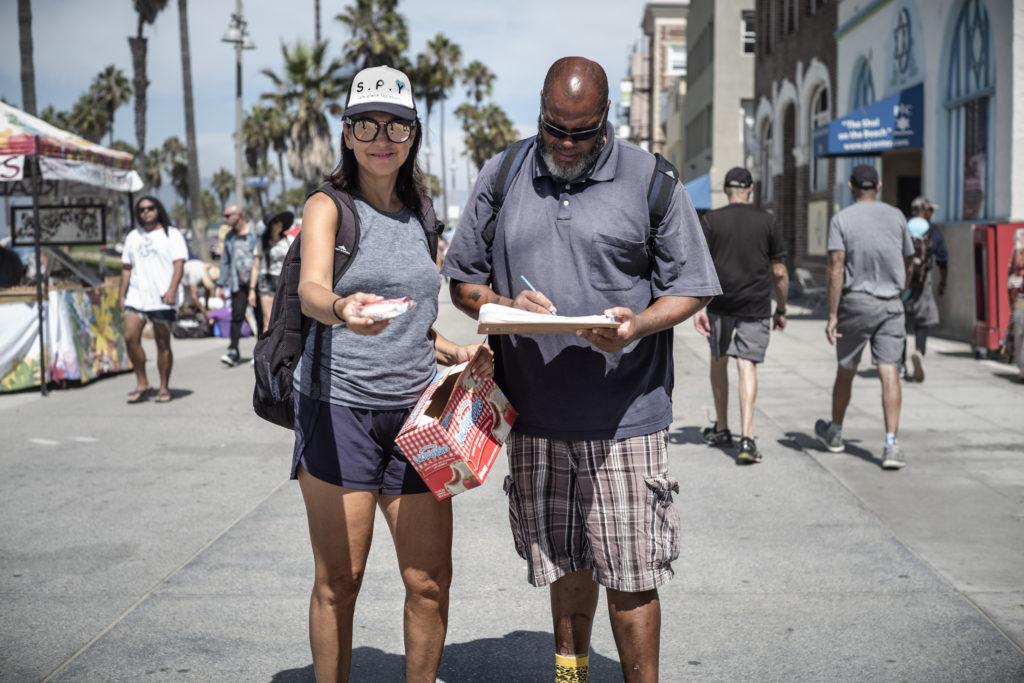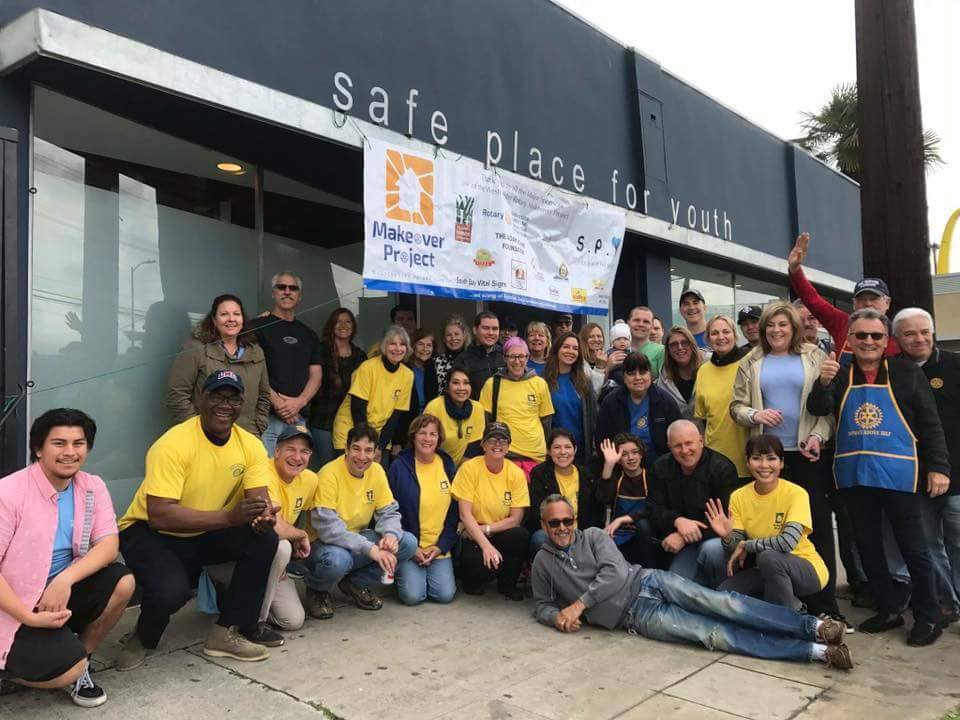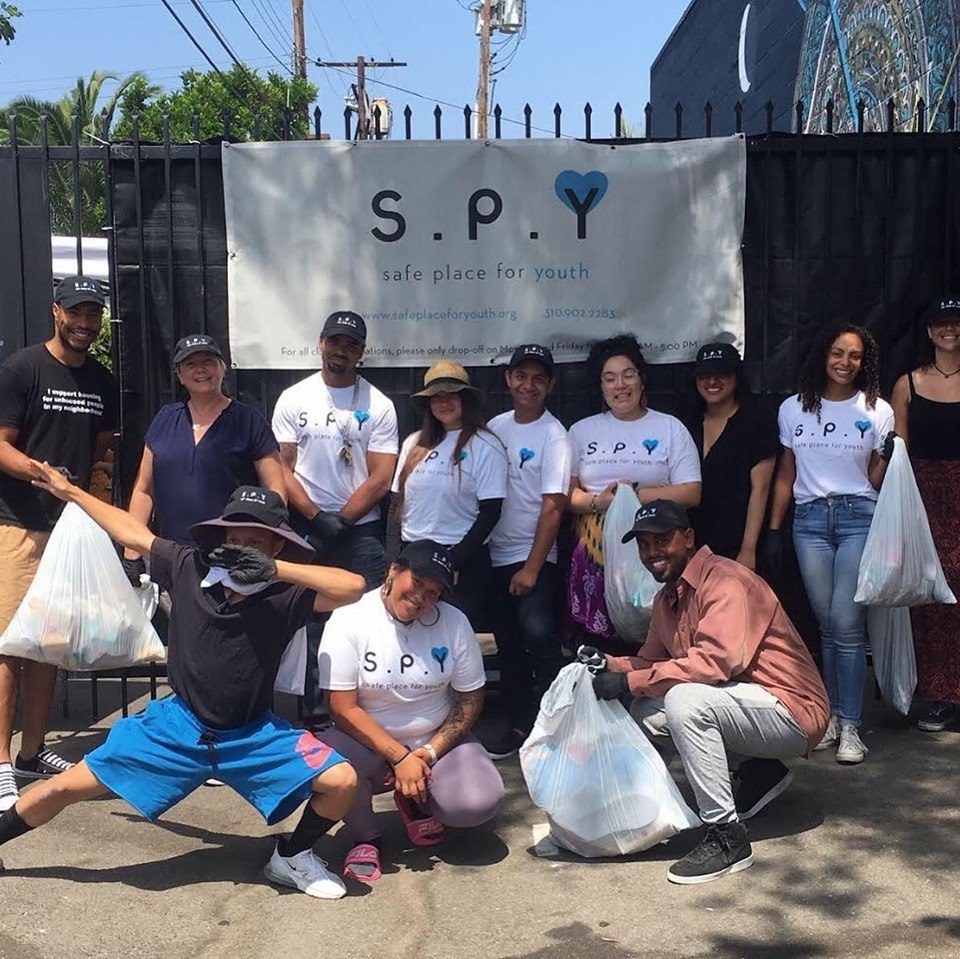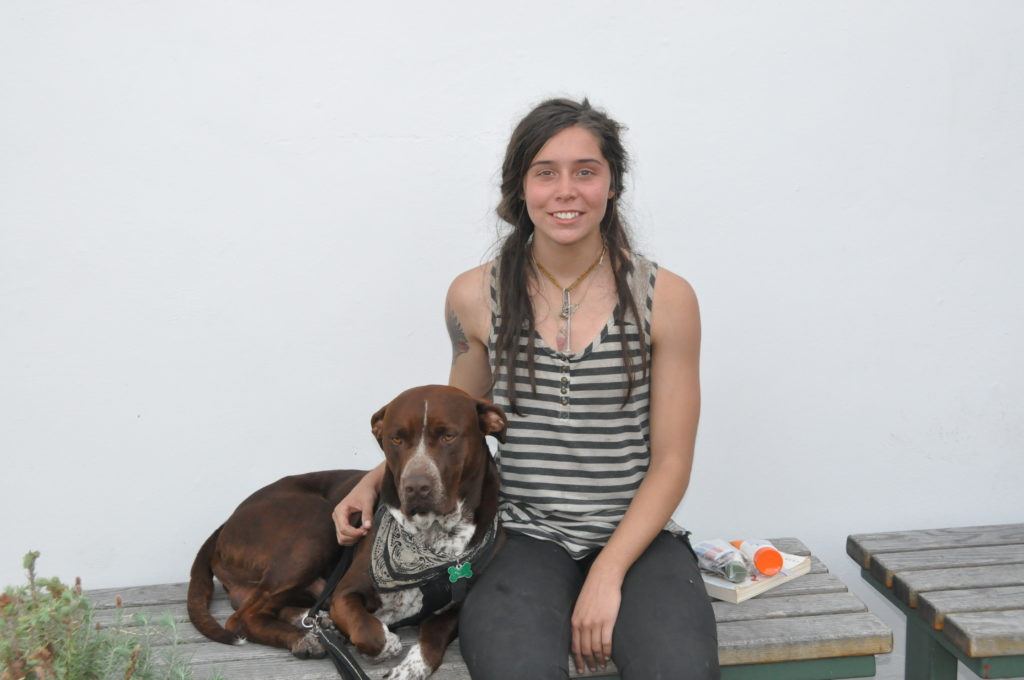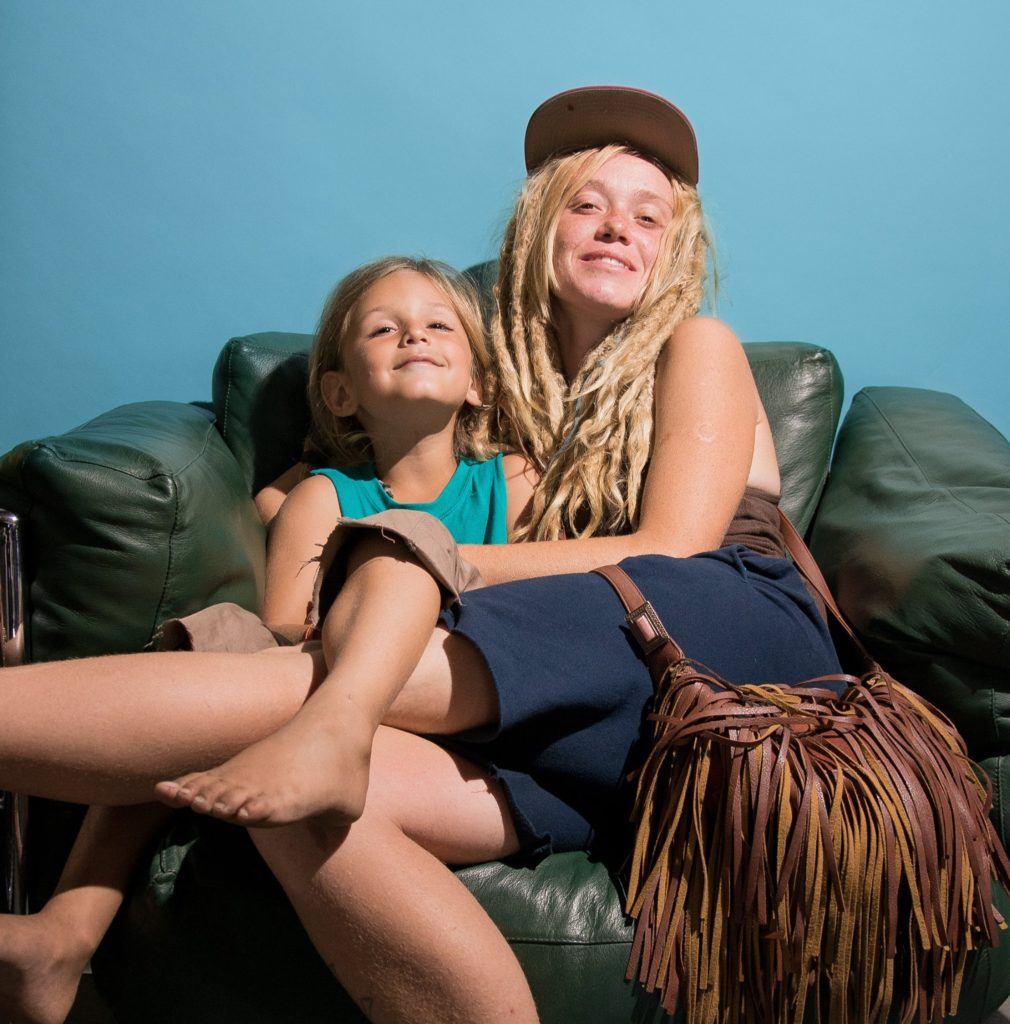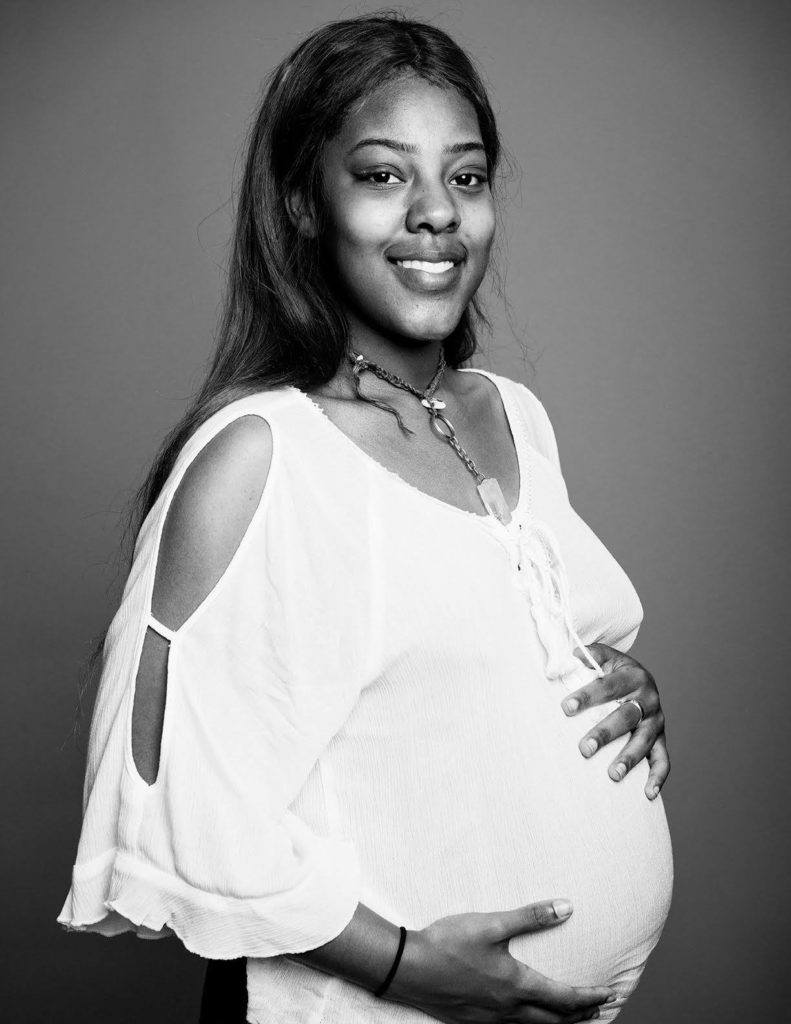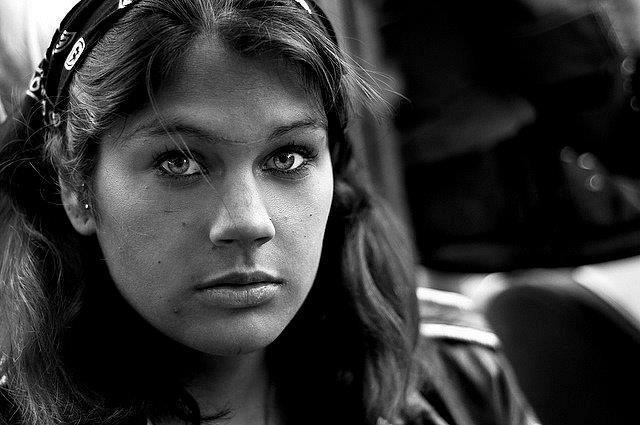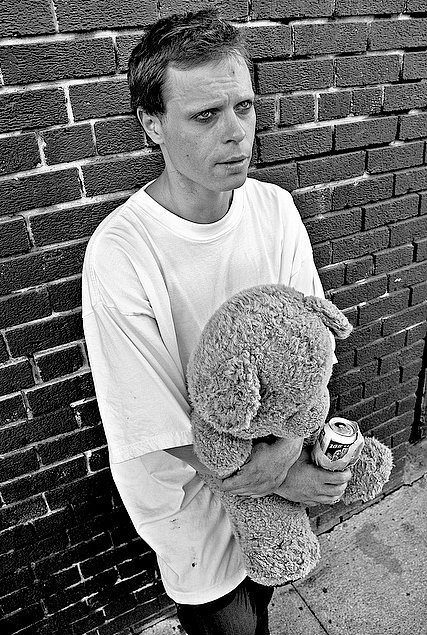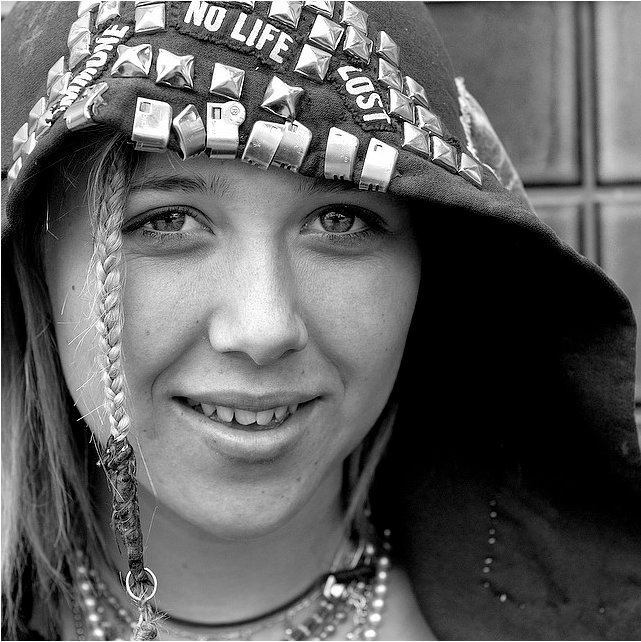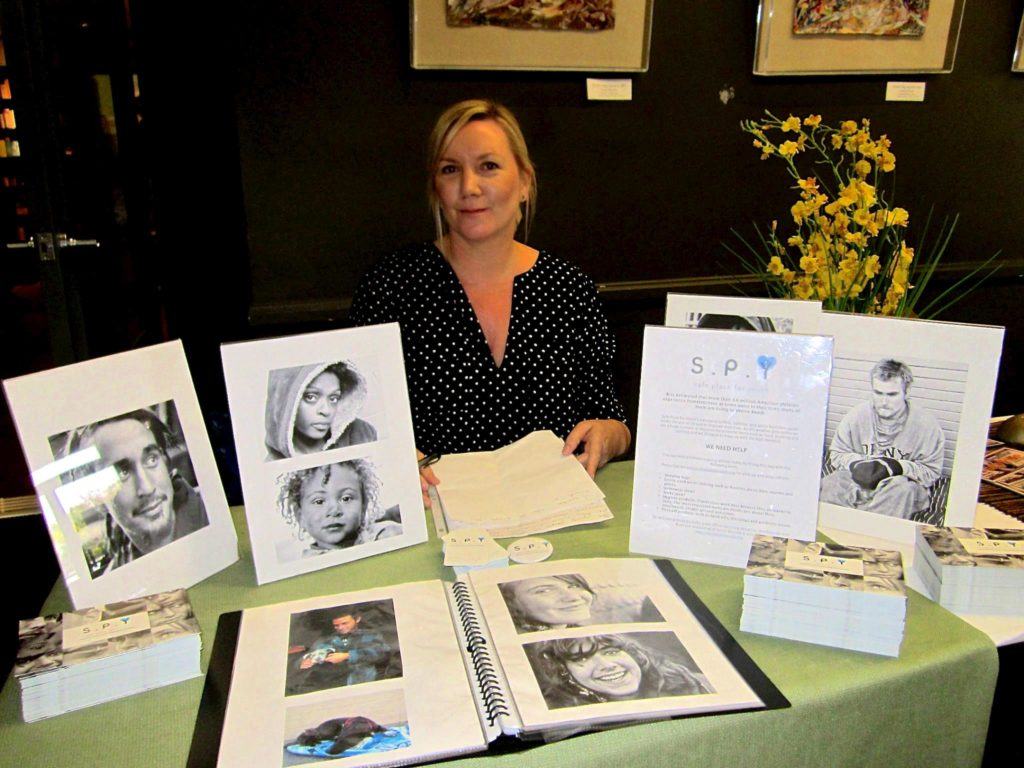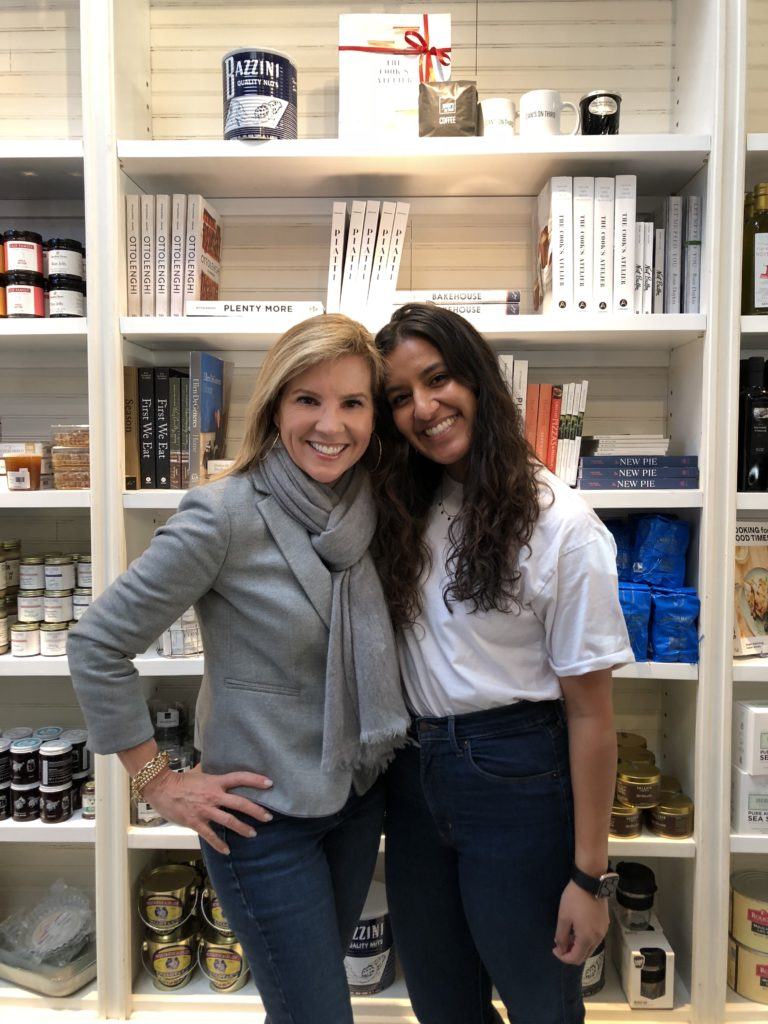
The founder of my elementary and high school knew what she was doing over a hundred years ago when she made the school’s motto Actions Not Words. That motto has defined my life along with thousands of alumni over the years. It is always so exciting to meet a fellow alumna and someone who grew up with the same philosophy of using their gifts to make the world better. Earlier this week I sat down with Marina Marmolejo, a recent graduate student from Yale with a Masters in Public Health, who decided to stay in New Haven to start a nonprofit to help homeless youth. An inspiring conversation about the launch of her nonprofit and App, DreamKit and beyond amazing what someone so young can accomplish to impact so many lives in such a beautiful way.
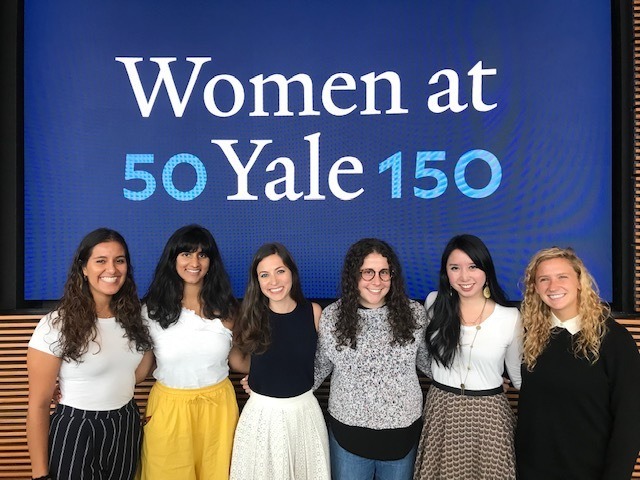
Charity Matters: Tell us a little about what DreamKit does?
Marina Marmolejo: We are reinventing technology to end youth homelessness. DreamKit is a web-based App for youth homelessness that supports youth professionally, financially and socially. Specifically through two main functions. The first is to motivate homeless youth, ages 12-25 to attend events, classes, and activities that will help them to escalate out of homelessness. We pay them for their efforts in DreamKit points that can, in turn, be used to “purchase ” gift cards. The youth are essentially earning money to meet their basic needs such as food, clothes, hygiene products. This is our short term solution.
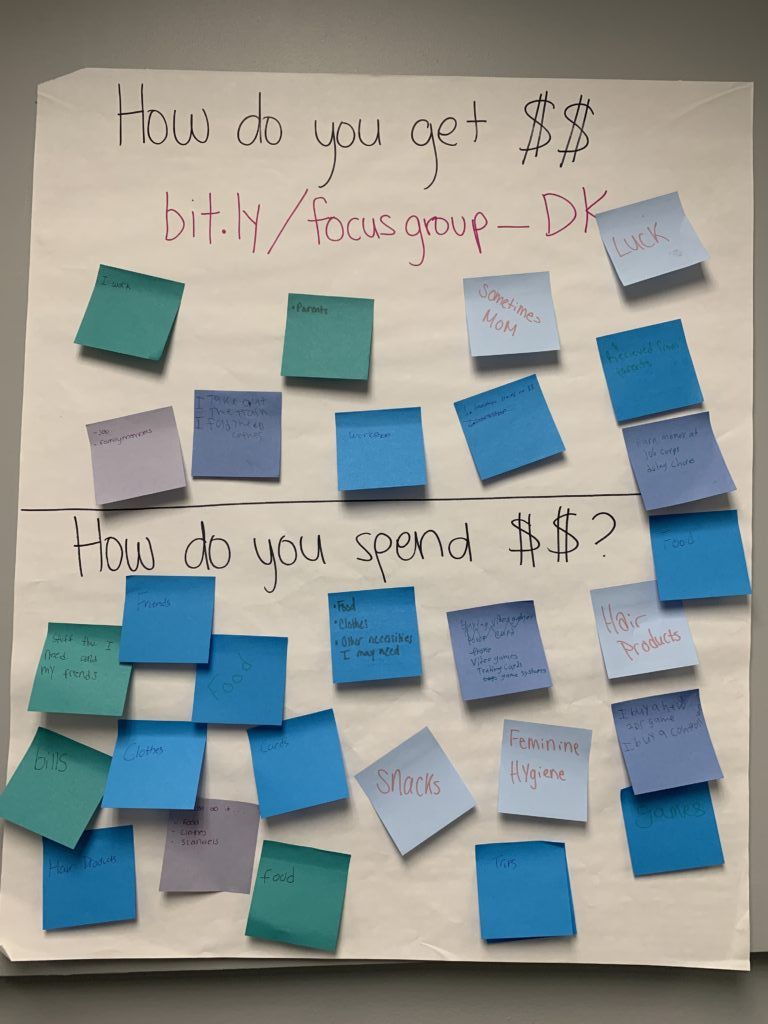
The second part of the App is the long term solutions that are created from the profiles and information gathered on their Dream Kit App that will directly reflect the activities that the youth are attending and track their progress. We then share this information with potential employers, with landlords, mentors in the community to show their positive behavior and the steps the youth are taking to move in a positive direction. The third piece is to engage and connect them to society and the community in trying to reduce the stigma associated with homelessness. Dream Kit is a platform to showcase progress transformation and resiliency among a very at-risk and marginalized population.
Charity Matters: What was the moment you knew you needed to act and start DreamKit?
Marina Marmolejo: Living in Los Angeles homeless is so in your face. People become callus to homelessness because it is so overwhelming and we feel helpless because there are no clear solutions. Living in LA people cannot help to feel guilty. Something inside of me that made me want to use my skills to make a difference and I honestly had no clue how. Then I took a course when I was at Loyola Marymount University on homelessness that spoke to the problem of homelessness from a mental and physical health perspective and public policy perspective.
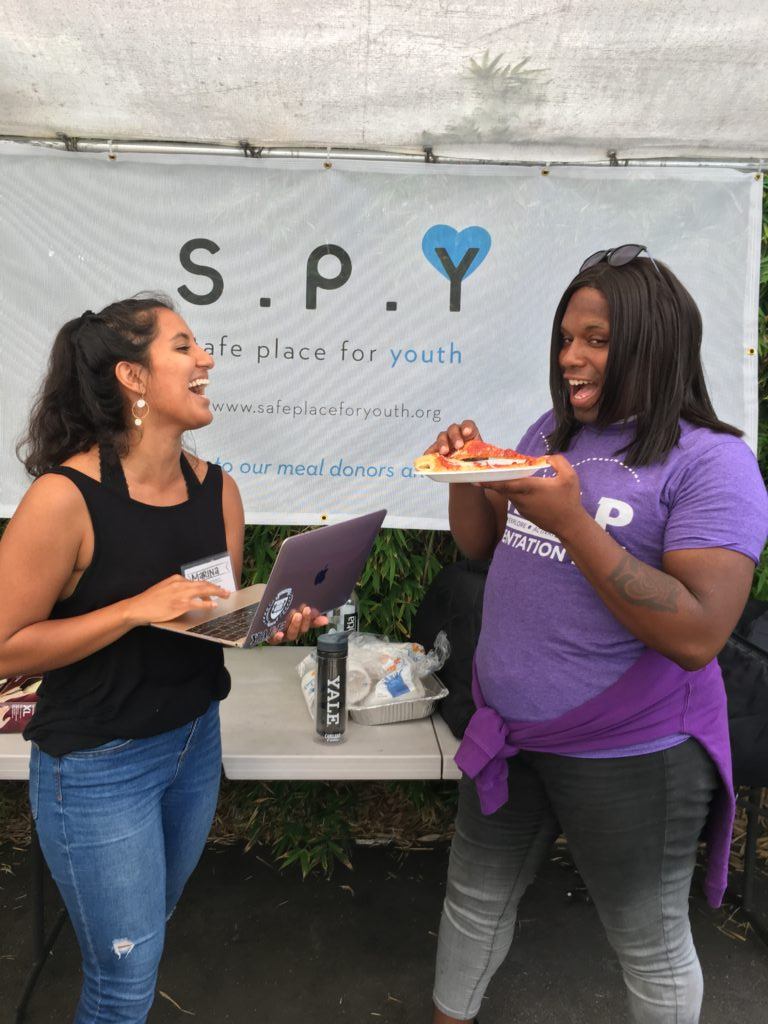
Part of the class included living homeless for 3 days and 4 nights on the streets of Skid Row and in shelters. I remember the fear, the fear of being so alone, fear of checking our bags and not knowing about our belongings, which was normal shelter protocol. Fear because we were woken up one night and told to leave the shelter because there were too many registered sex offenders in the shelter and the street would be safer. I remember seeing shelter students my age doing their homework and for the first time seeing the juxtaposition between me as a college student, who has been so lucky, and then to witness youth who just were not as lucky as birth. This experience was my tipping point and Ah-Ha moment when the light bulb went off. You don’t really get it until you are in it and I was barely even in it and it was shocking.
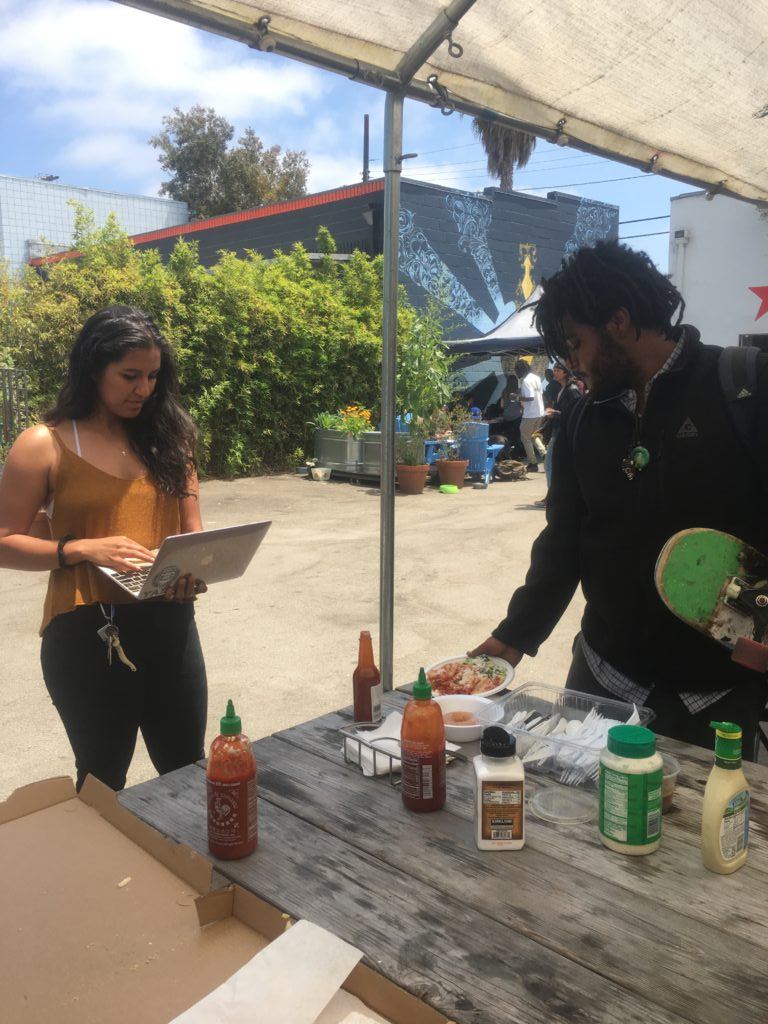
So I started doing research at SPY (Safe Place for Youth) in Venice while I finished my undergraduate degree and decided to get my Master’s at Yale in Public Health. When I got to New Haven I got a job at an organization called PAWS (Poverty Alleviation through Washing Soles) where we provided shoes, socks, foot care, hygiene for the homeless. Professor Yusuf read the article about our work and reached out to me. From our conversations, DreamKit was created to track the progress of the homeless much like a Fitbit giving behavioral nudges and creating a points-based economy for homeless youth. We hired a development team and launched our App last week.
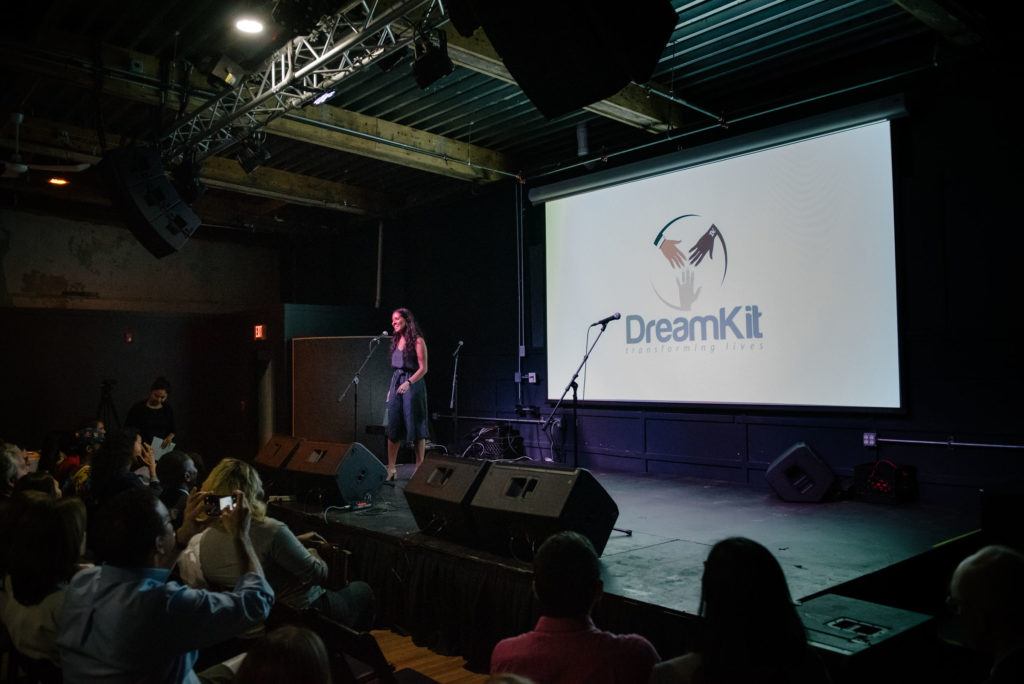
Charity Matters: What are your biggest challenges?
Marina Marmolejo: DreamKit is not a consumer-facing product that has one customer like selling t-shirts but more of a linear pipeline. DreamKit is so reliant on multiple different communities for it to be successful which is absolutely the hardest part. The biggest challenge is gaining trust with our youth, our service providers, mobile employers. How do we connect all of these partners later down the road with our youth?
In order to end youth homelessness or even to attempt to it takes all hands on deck just to manage our fifteen person team, our partners, stakeholders and trying to take care of myself and protecting my energy as well. Working with this population reminds me that my own stresses seem small.
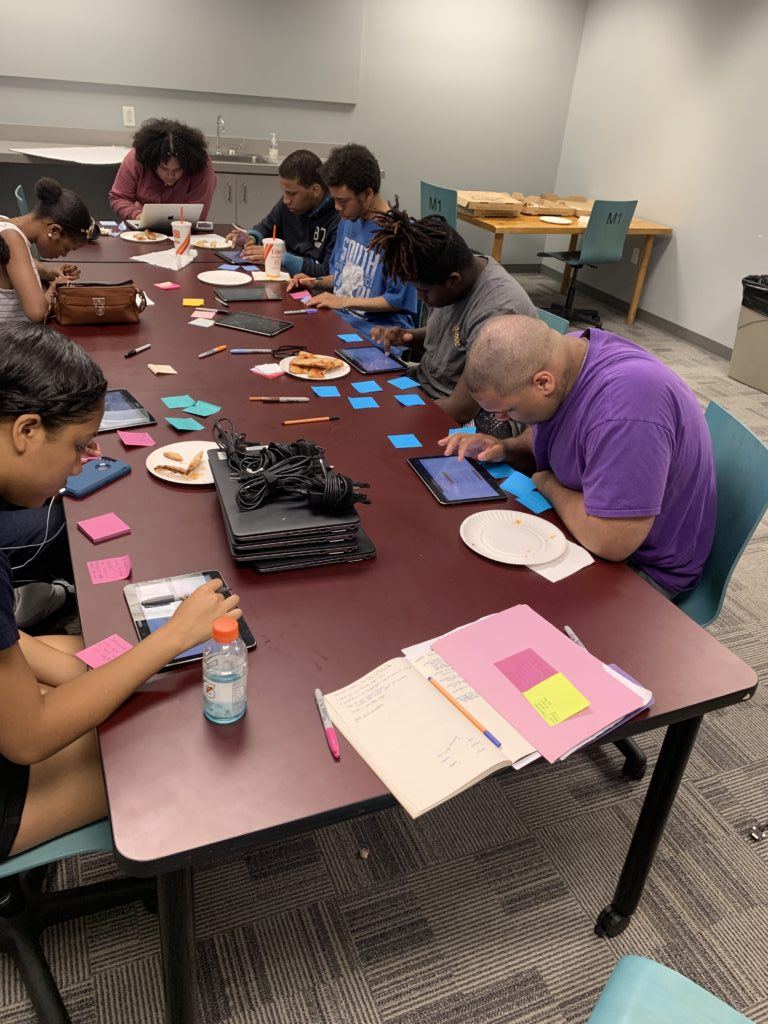
Charity Matters: What fuels you to keep doing this work?
Marina Marmolejo: Two of the people on our team, Aaron and Ashley, are formerly homeless. I meet with them multiple times a week and hearing their testimonials is what keeps me going. Last week one of our students said, “I’ve never been around so much positivity before.” The work that I’m doing with Adam and Ashley gives me so many Ah-Ha moments. This mutually beneficial relationship makes me feel that I am in the right place at the right time and watching them grow spiritually and emotionally through their work at DreamKit. They absolutely keep me going.
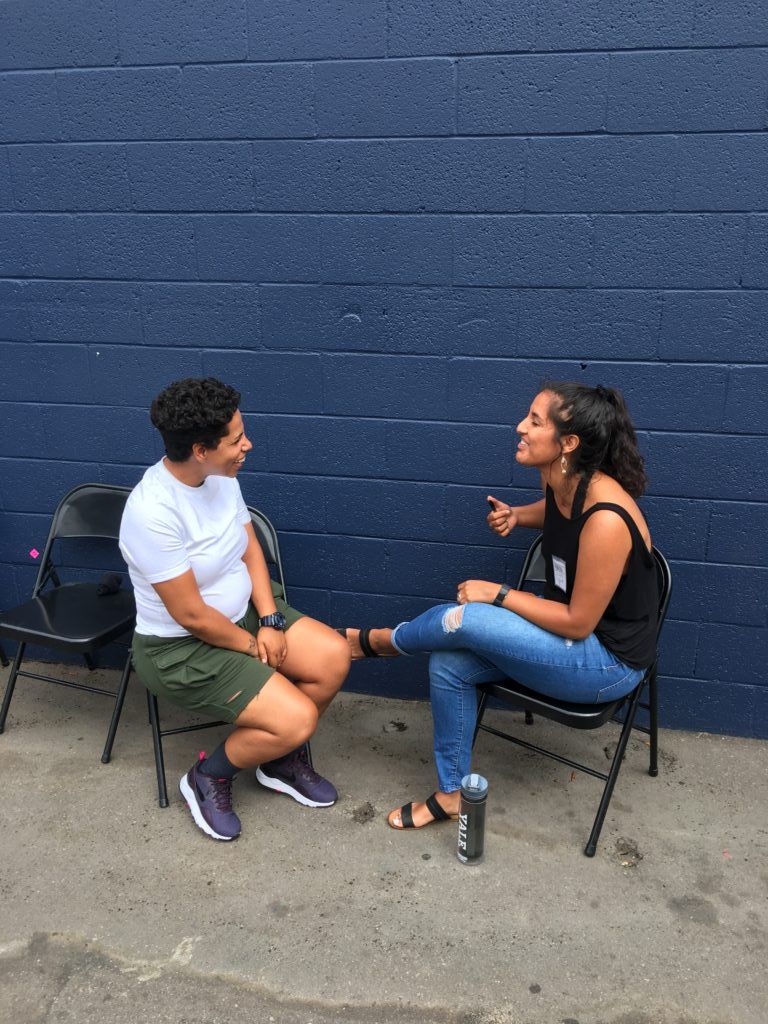
Charity Matters: When do you know you have made a difference?
Marina Marmolejo: For me moving the needle has been the incredible support from the New Haven community to support me and this work in this very new opportunity. My Ah-Ha moments happen when someone says they have read about DreamKit and for me moving the needle forward means that we are infiltrating the way that people think about youth homelessness and that we are creating space for DreamKit and shifting mindsets on how we can be creative for solutions on homeless youth.
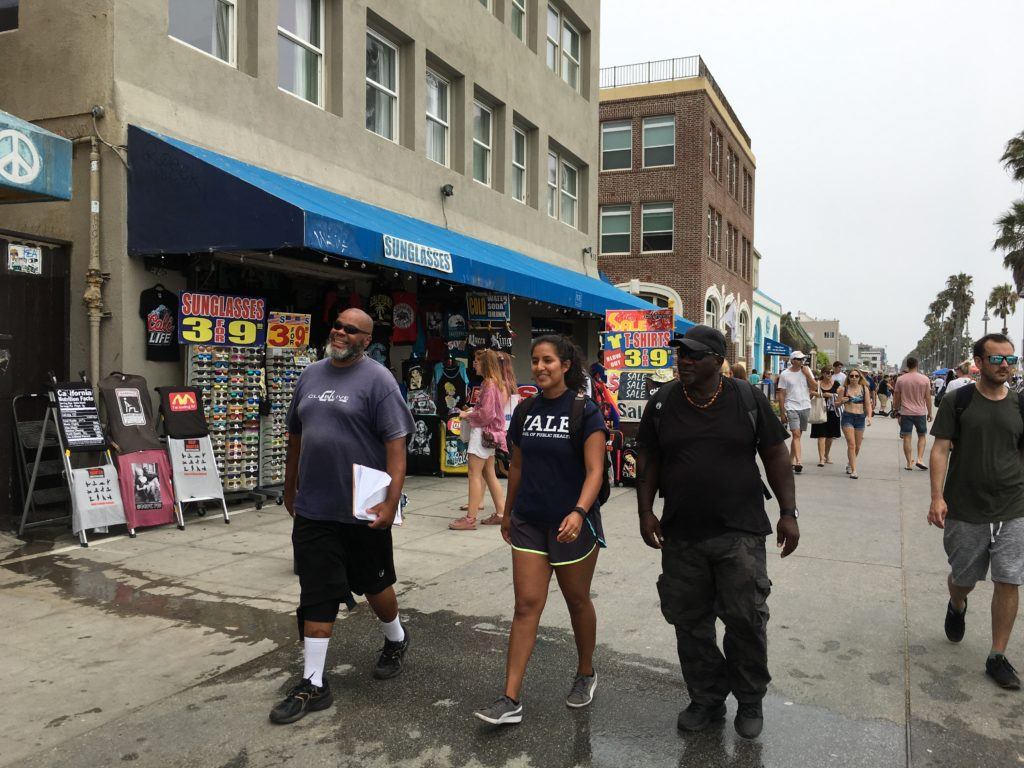
Charity Matters: Tell us what success you have had? What has your impact been?
Marina Marmolejo: First, the way we are treating the homeless top-down through government programs and DreamKit is funding and resourcing from the ground up. The metric is if you do X then you will get Y. We are exploring the bottom-up approach. We are paying the homeless whether we like it or not. If we are paying for the homeless regardless of then introducing interventions when they are young helps us create a new pathway to prevent them from ending up in systems such as prisons or hospitals in the long term.
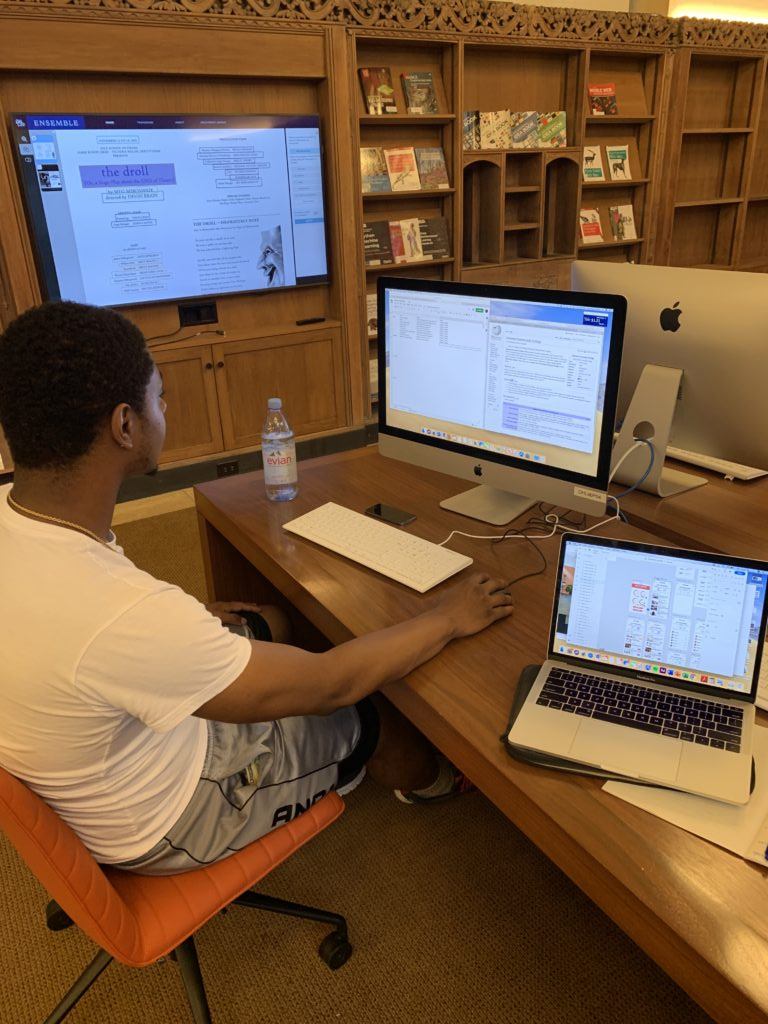
We might as well put the money in early to use it as a positive reward-based system as opposed to paying for long term prison stays. It is exhilarating to know that if you give people opportunities for positive behavior then how does that impact larger systems like health care or the criminal justice system. As a society, we are really good at tracking negative behaviors but not the reverse. DreamKit introduces a whole new data set on positive metrics.
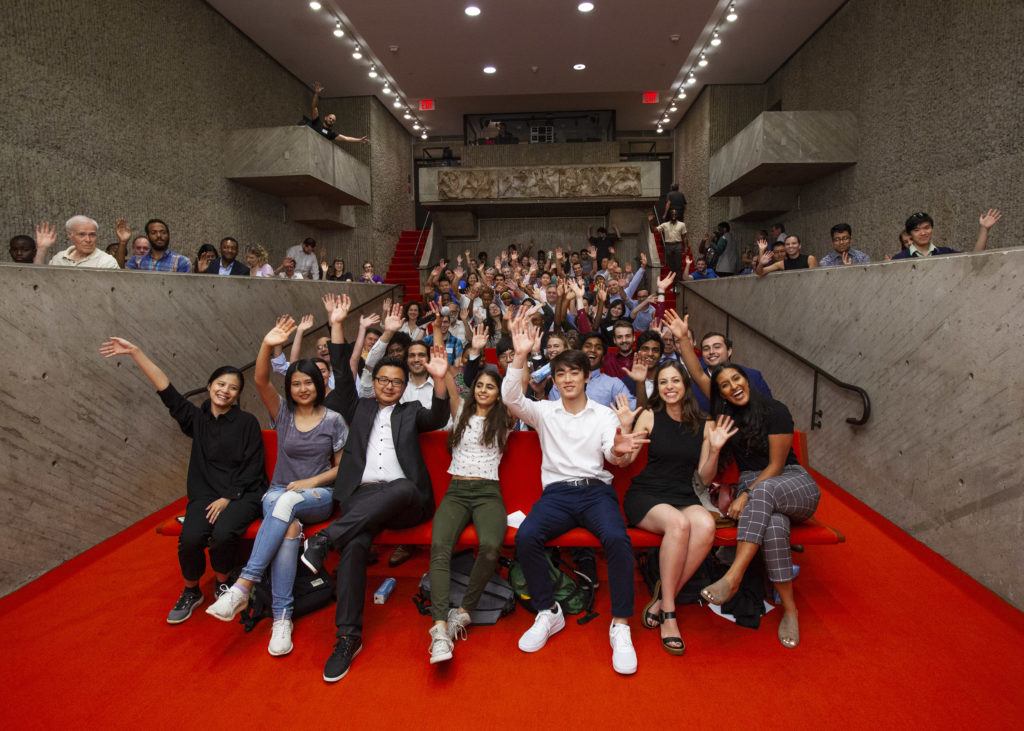
Charity Matters: If you could dream any dream for DreamKit, what would that be?
Marina Marmolejo: I would love to have proof of concept for DreamKit and be able to scale this to other cities. Essentially, I would love to be able to go to other urban markets and have them leverage the App to operate DreamKit in their own cities. Tech makes this scaleable and people do not realize that these youth have phones. Sixty-five percent of our youth have phones and the other thirty-five percent qualify for free phones through government programs.
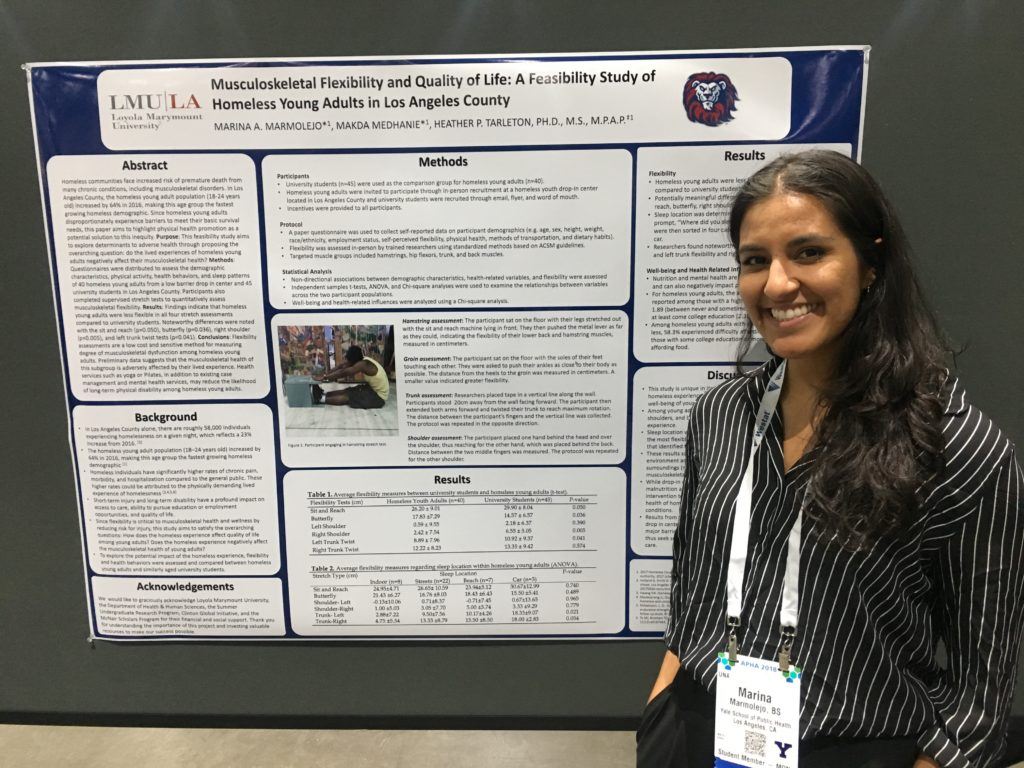
Charity Matters: What life lessons have you learned from this experience?
Marina Marmolejo: Overall, being able to code-switch. I find myself moving from marketing to research, from business to grant writing. The lesson has been to be agile and switch really quickly.
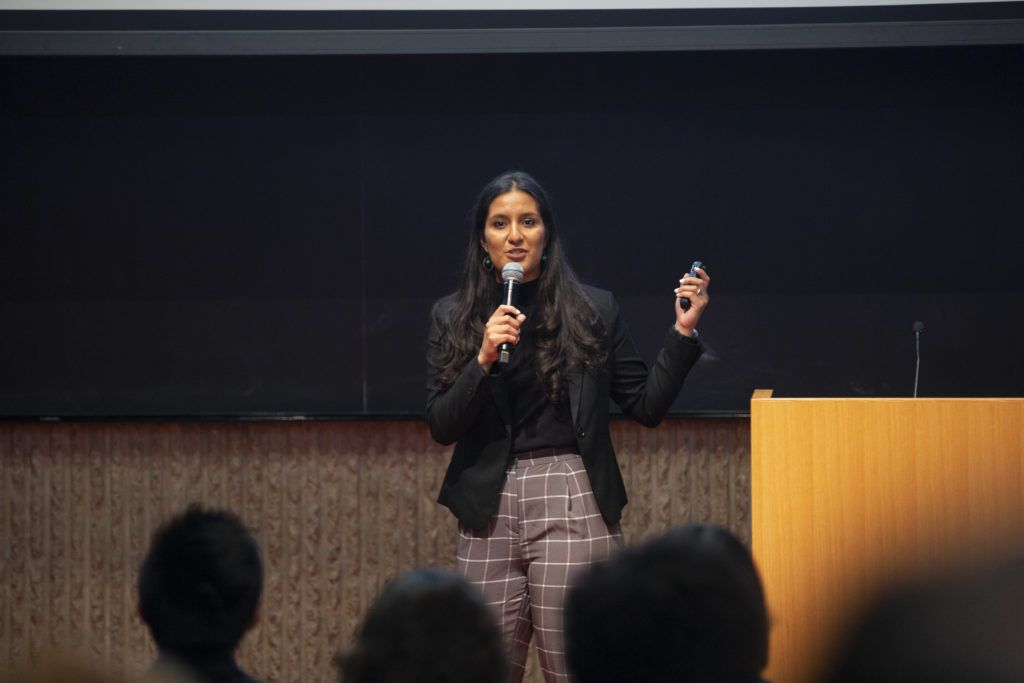
Charity Matters: How has this journey changed you?
Marina Marmolejo: I have been in academic institutions my whole life. You learn, you study and give back. I have learned that if something doesn’t exist you are allowed to create it. I am ok with being ok that they don’t exist. I know I have the ability to create jobs and opportunities. We are allowed to create new ideas for our most vulnerable populations and that is what matters.
Charity Matters.
YOUR REFERRAL IS THE GREATEST COMPLIMENT, IF YOU ARE SO MOVED OR INSPIRED, WE WOULD LOVE YOU TO SHARE AND INSPIRE ANOTHER.
Copyright © 2020 Charity Matters. This article may not be reproduced without explicit written permission; if you are not reading this in your newsreader, the site you are viewing is illegally infringing our copyright. We would be grateful if you contact us.

